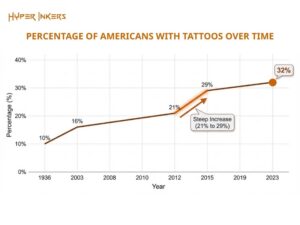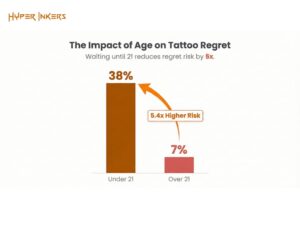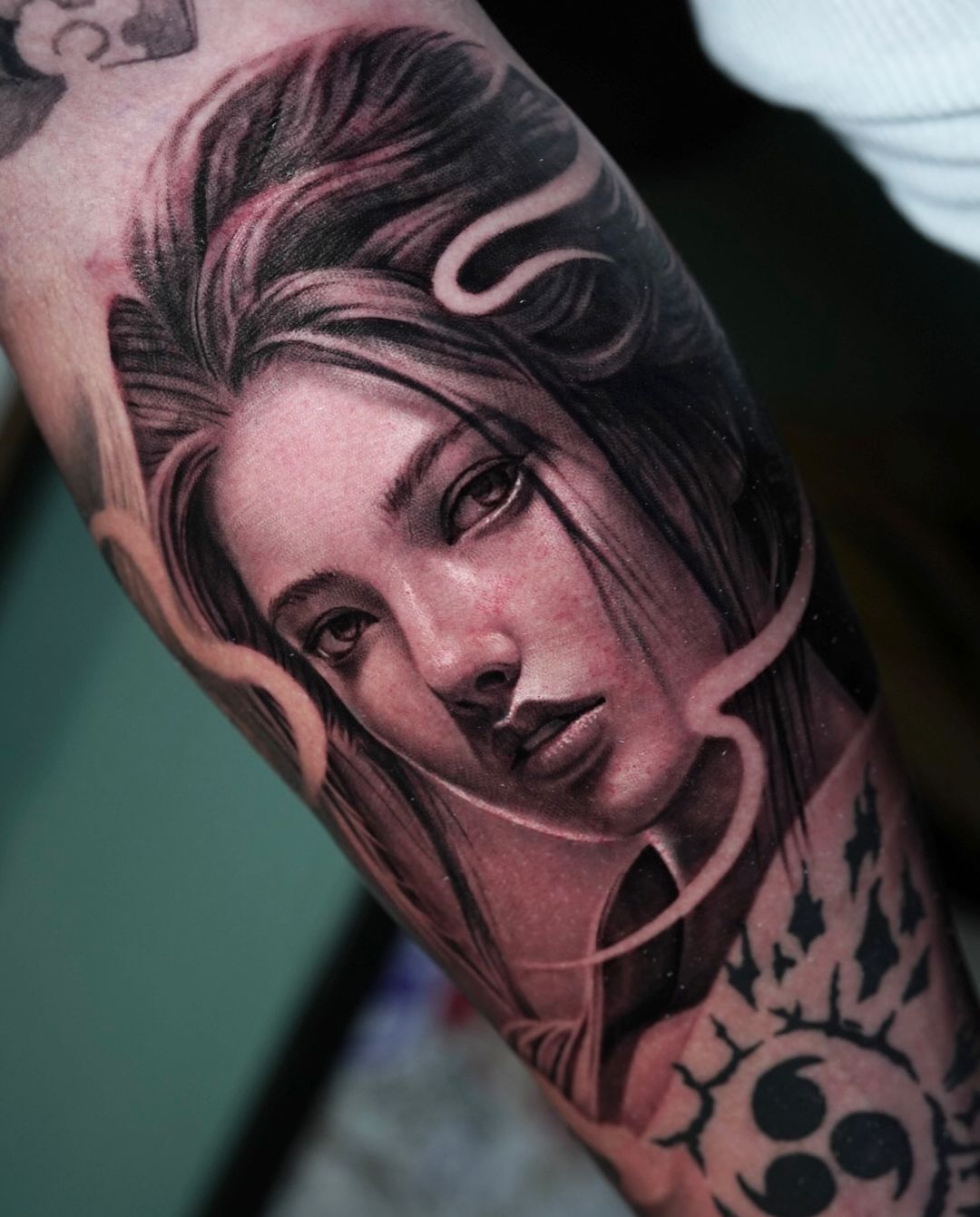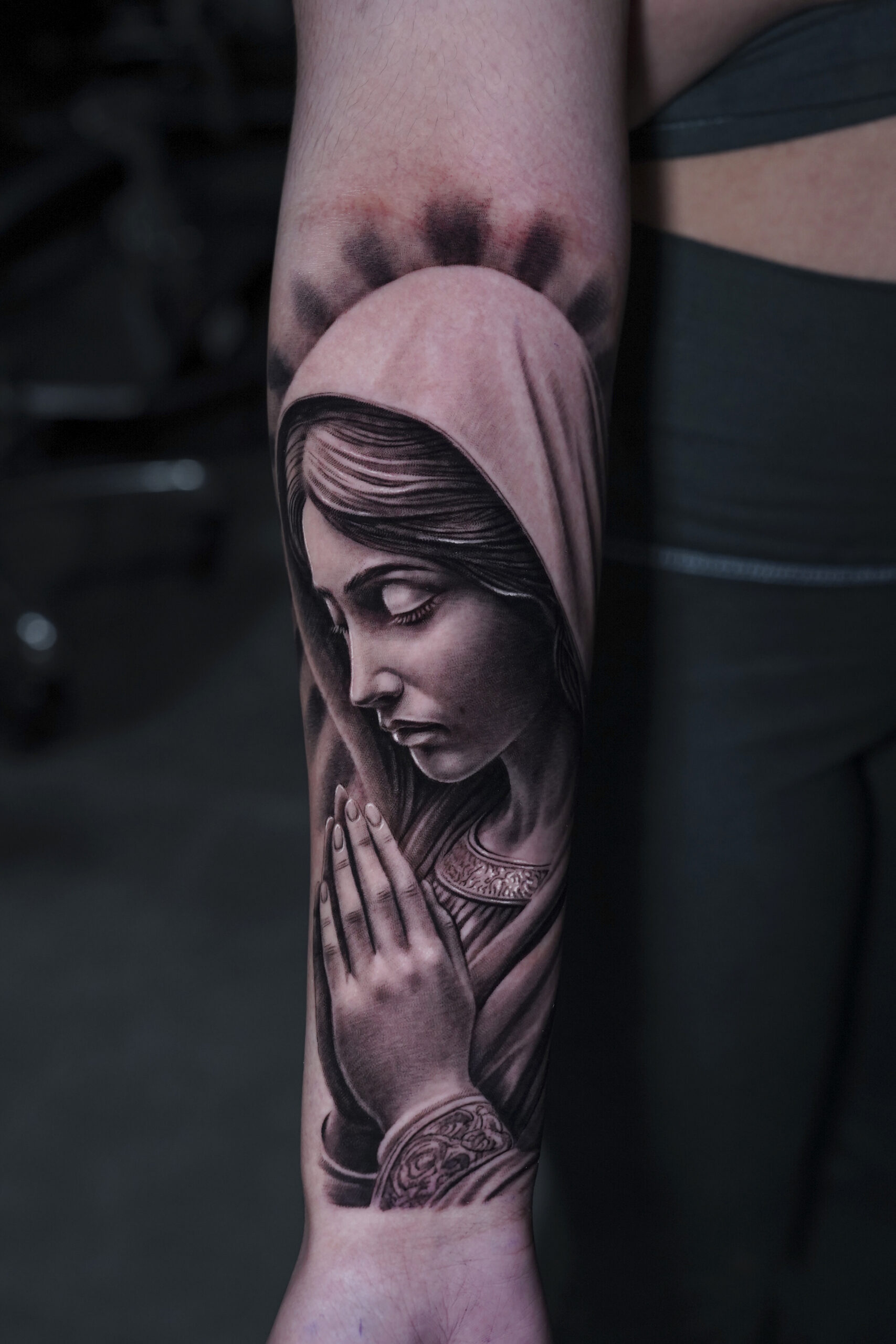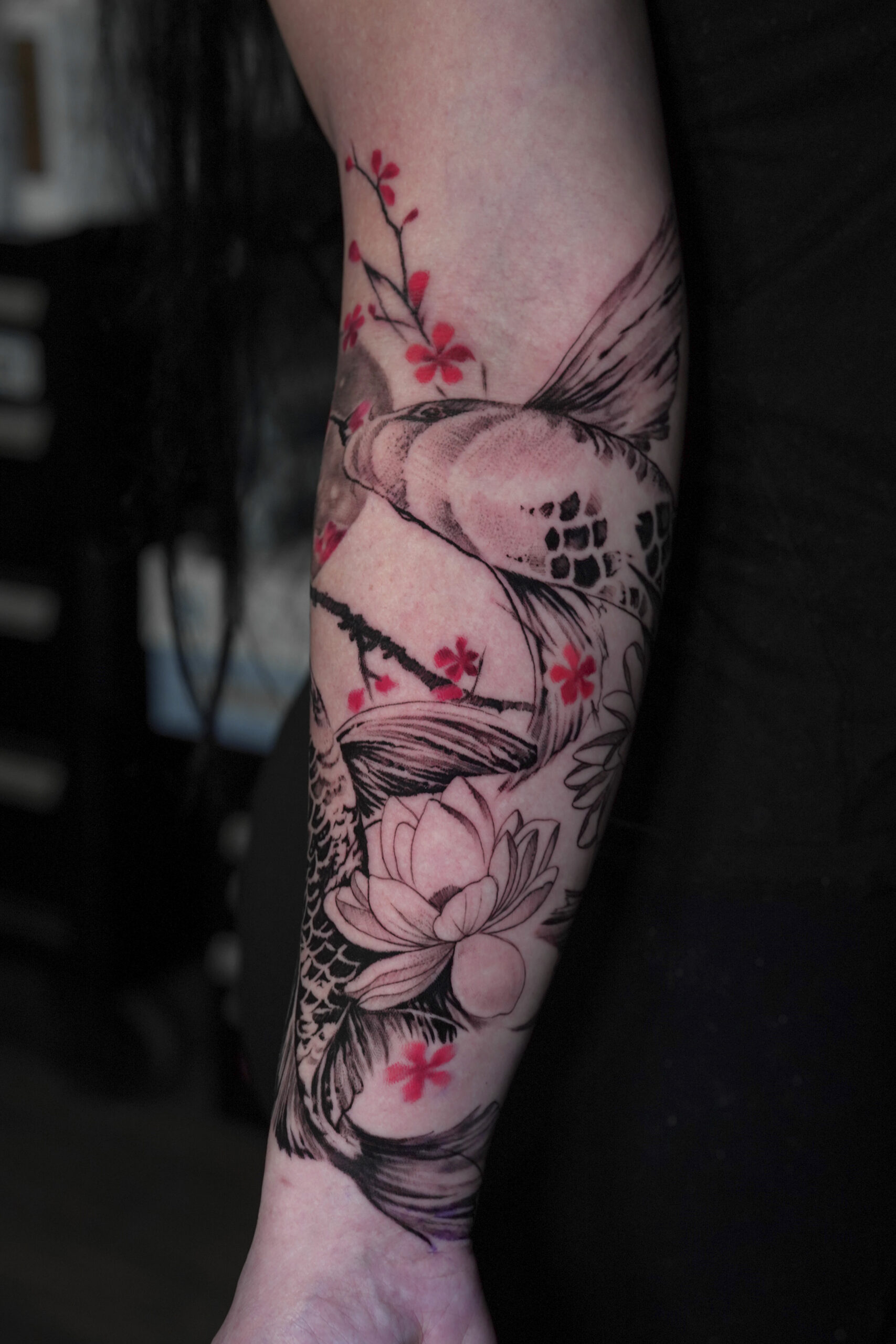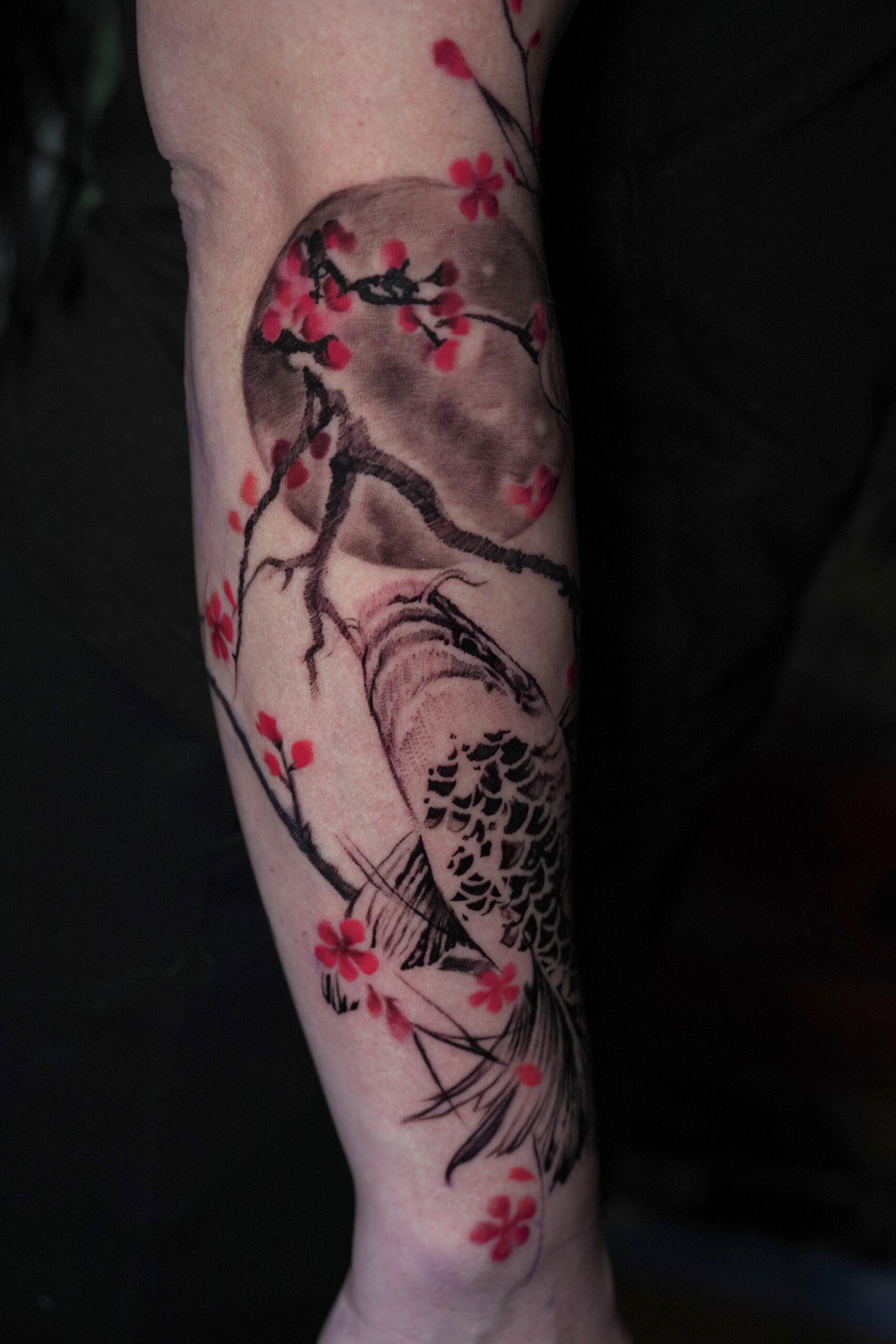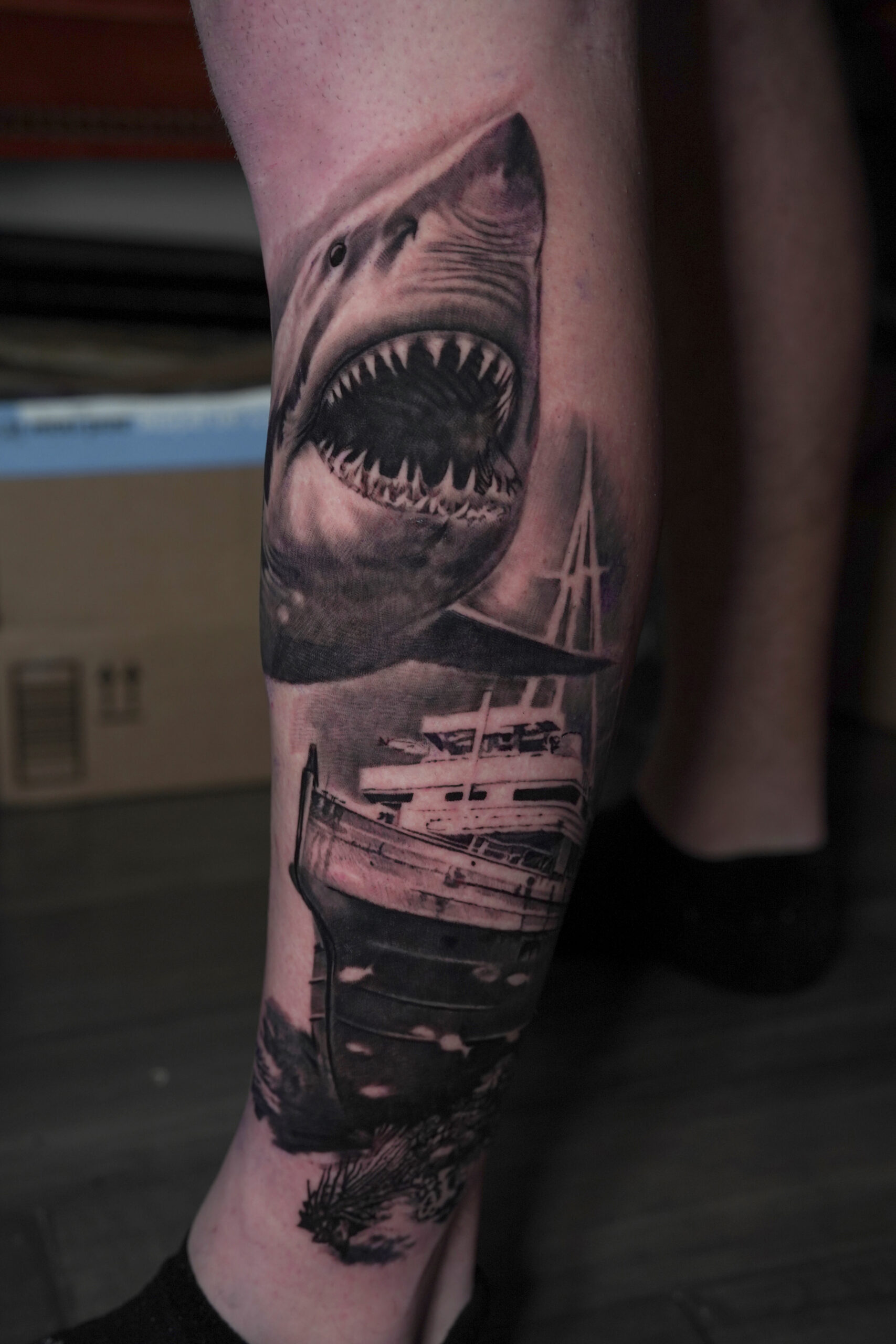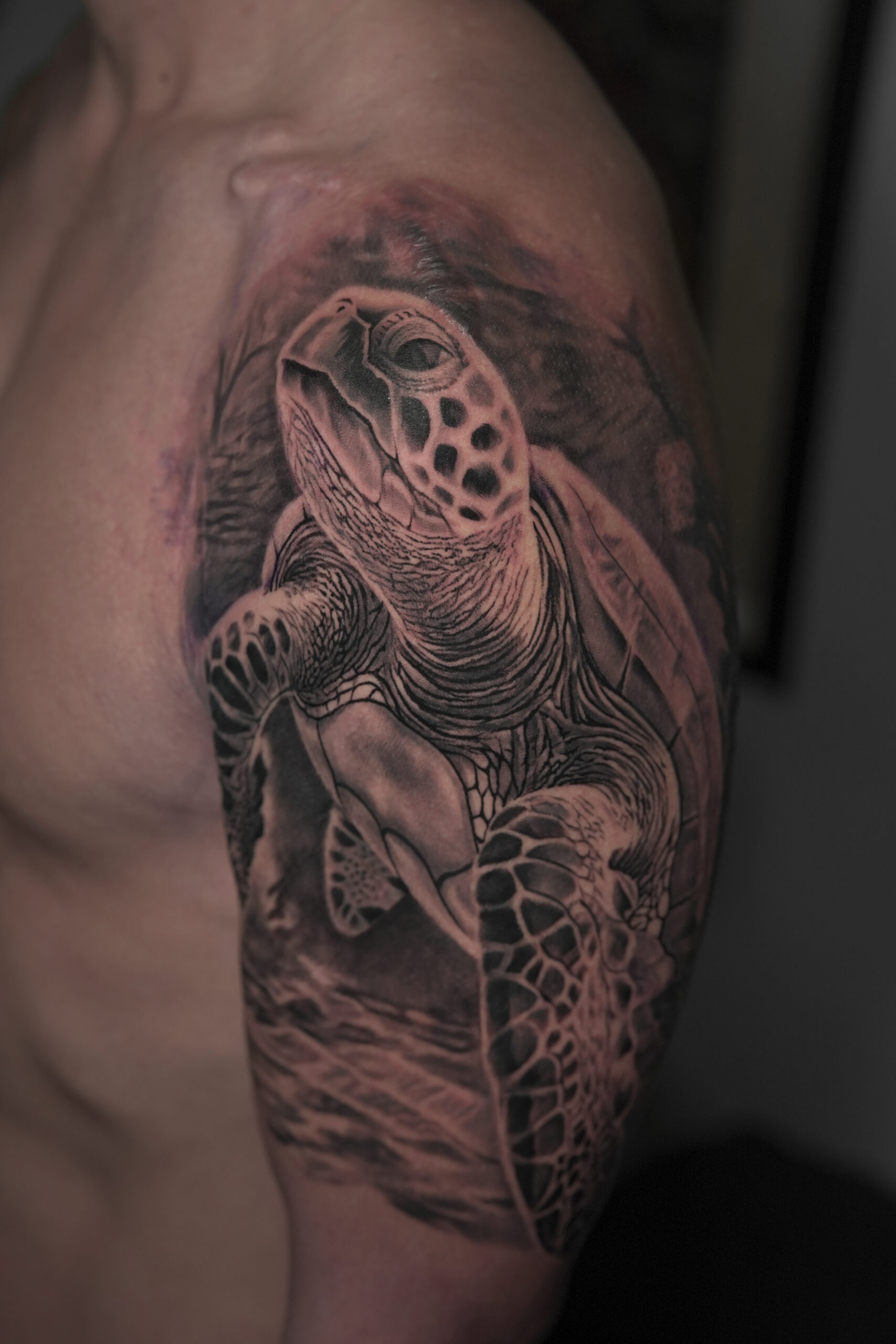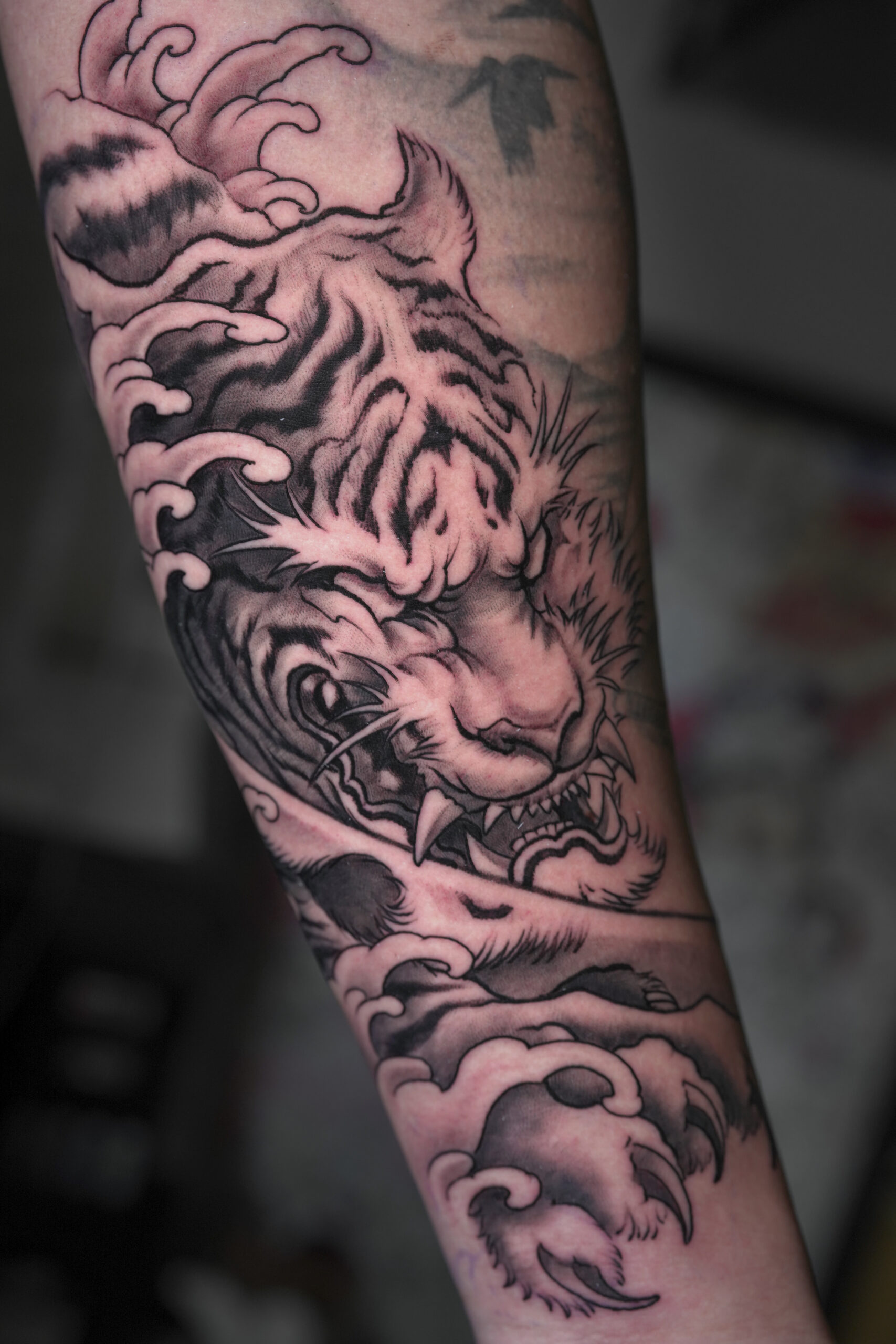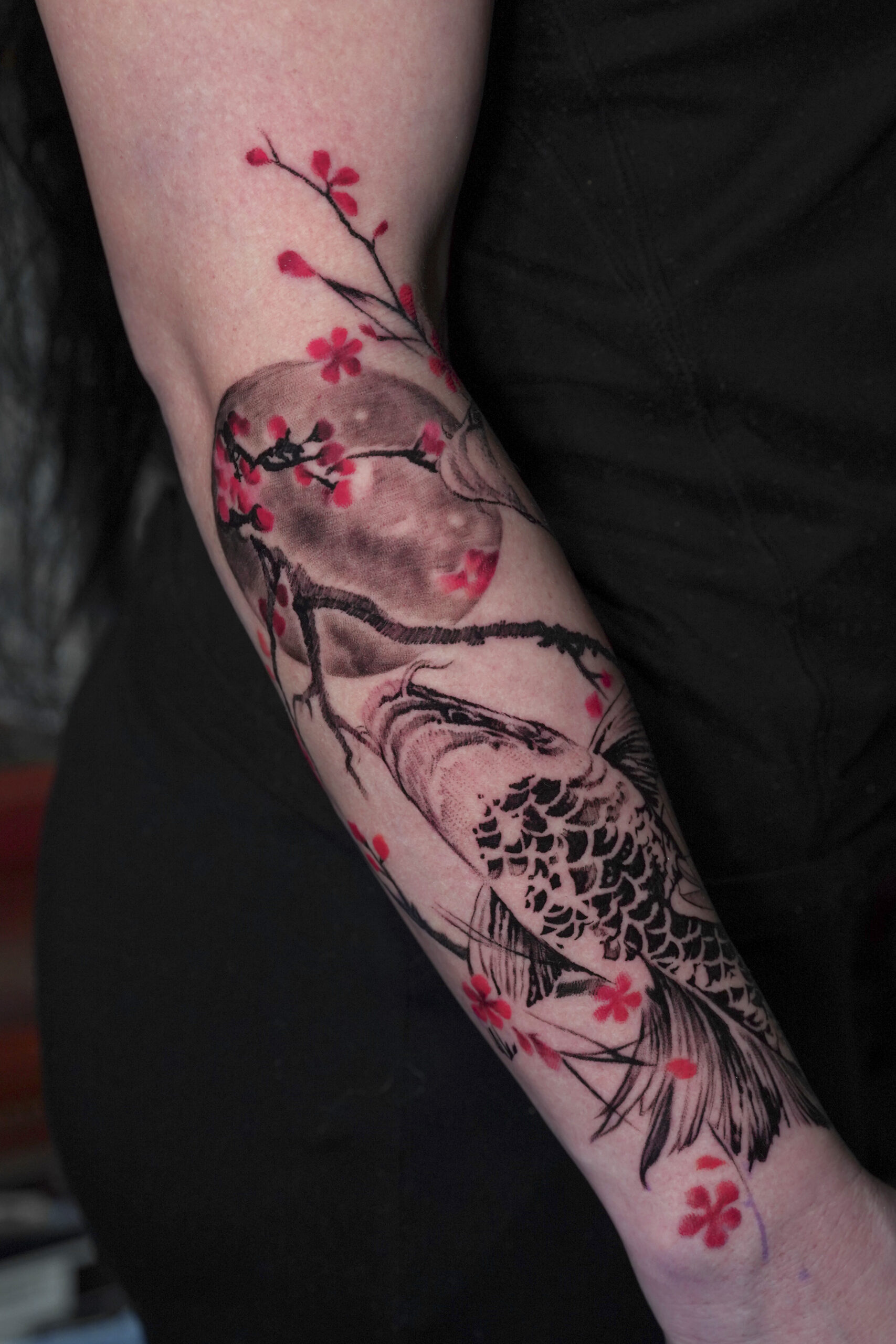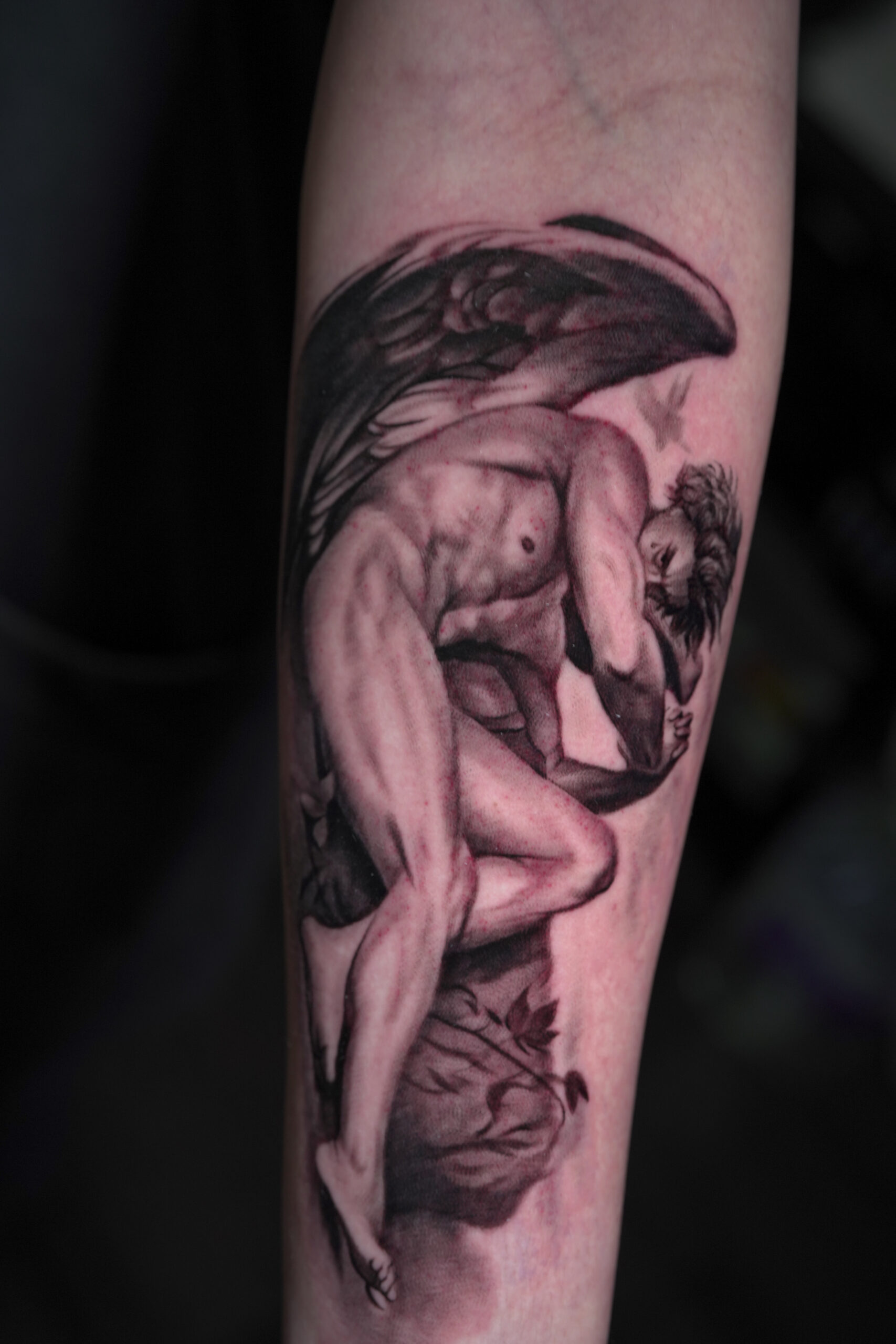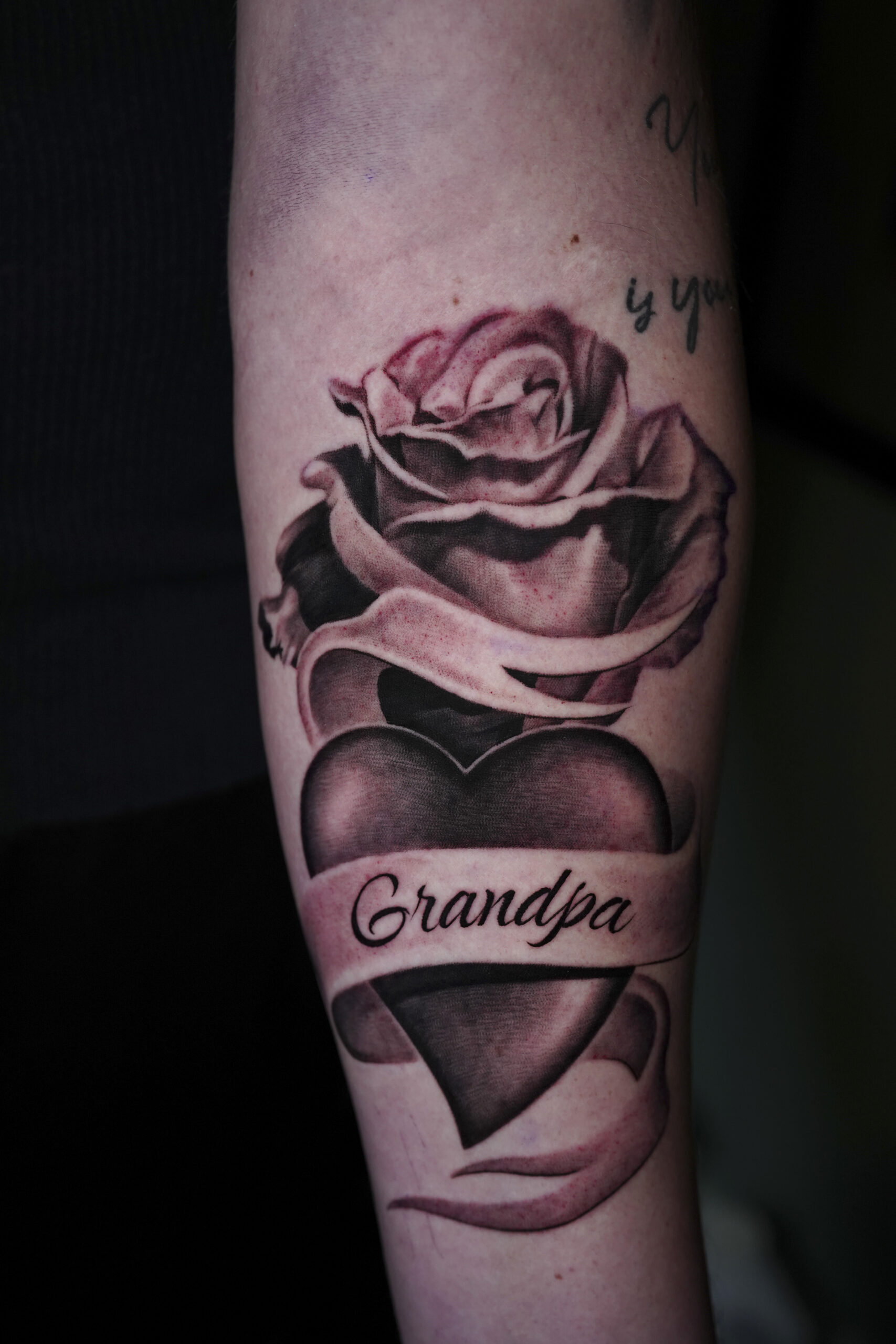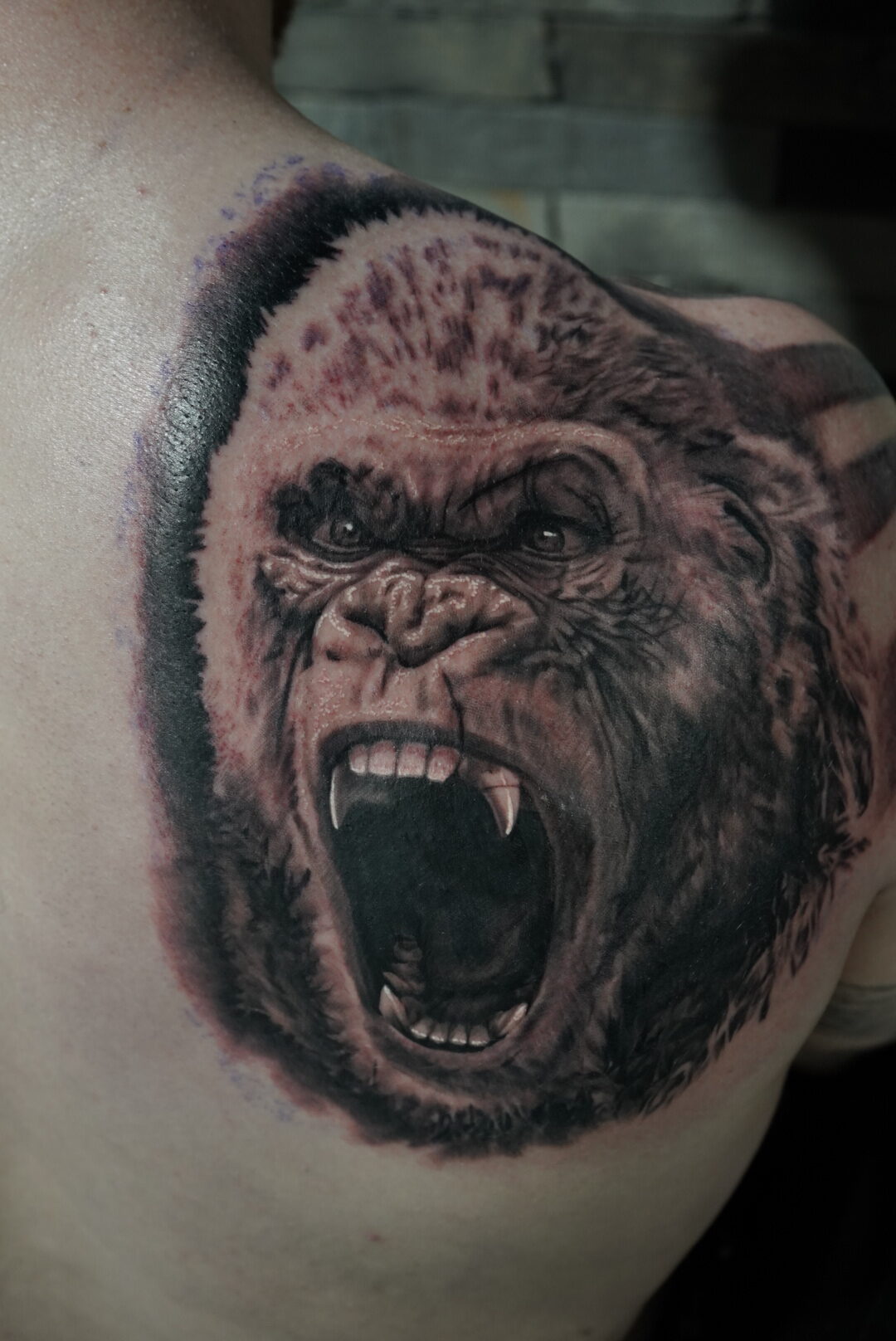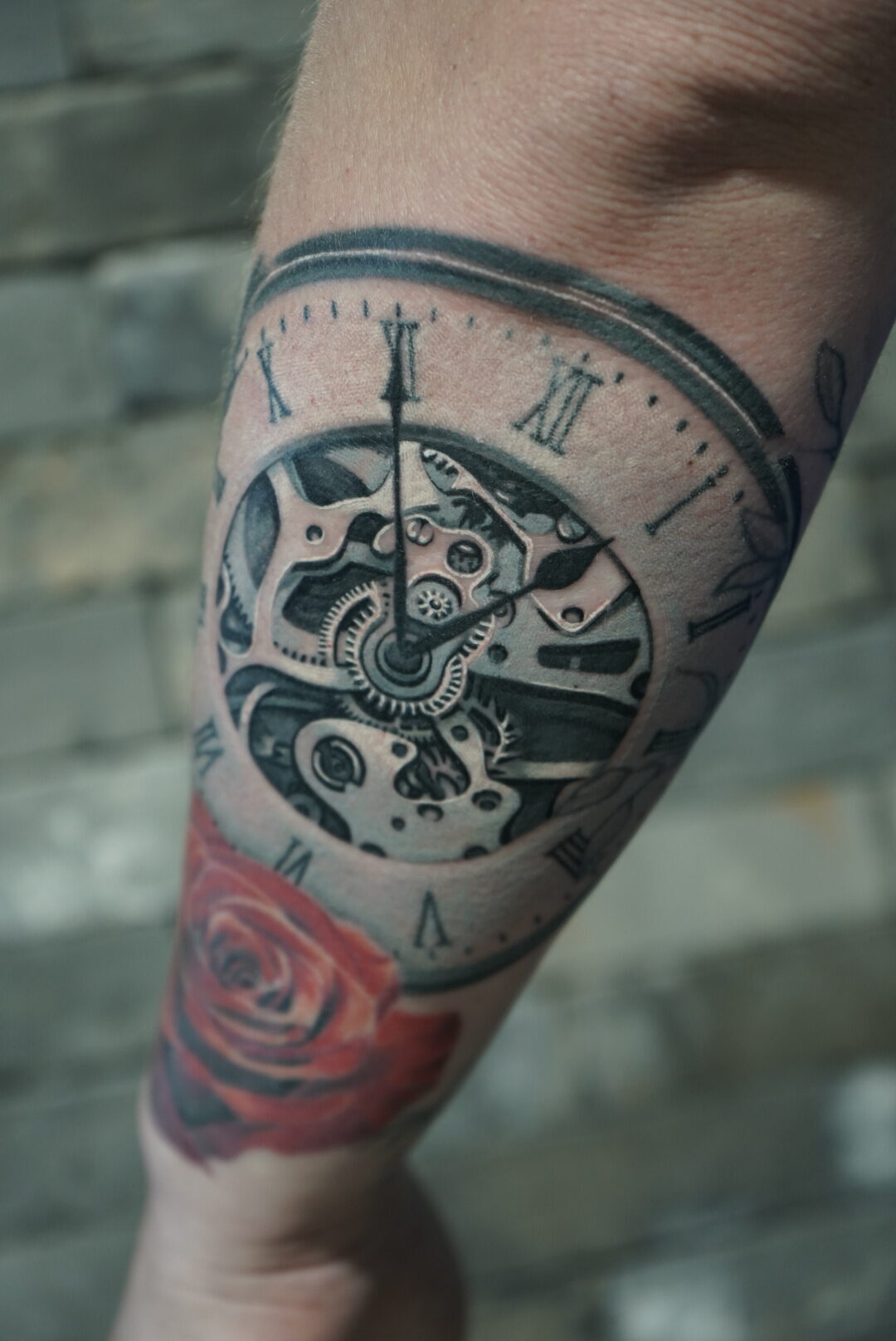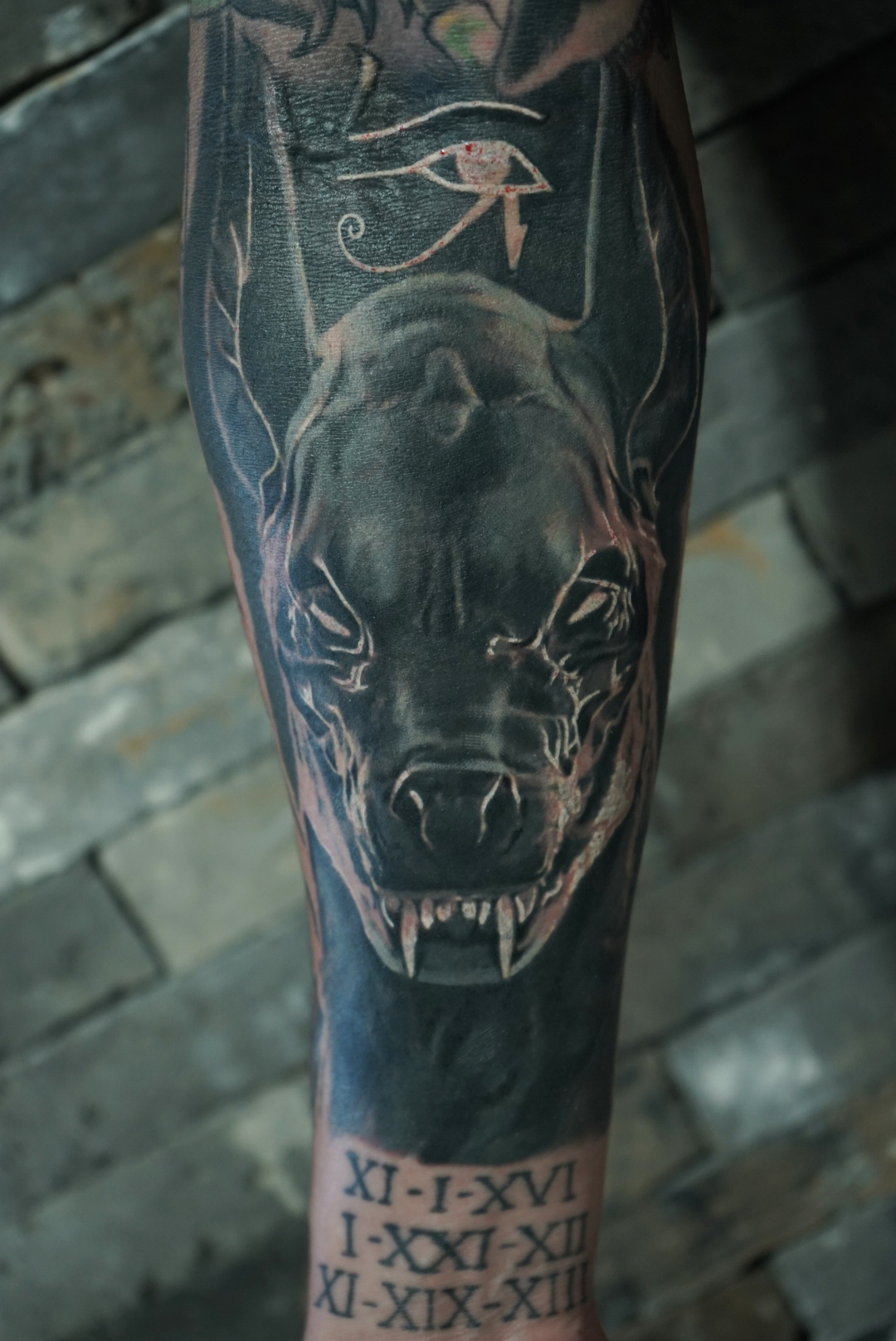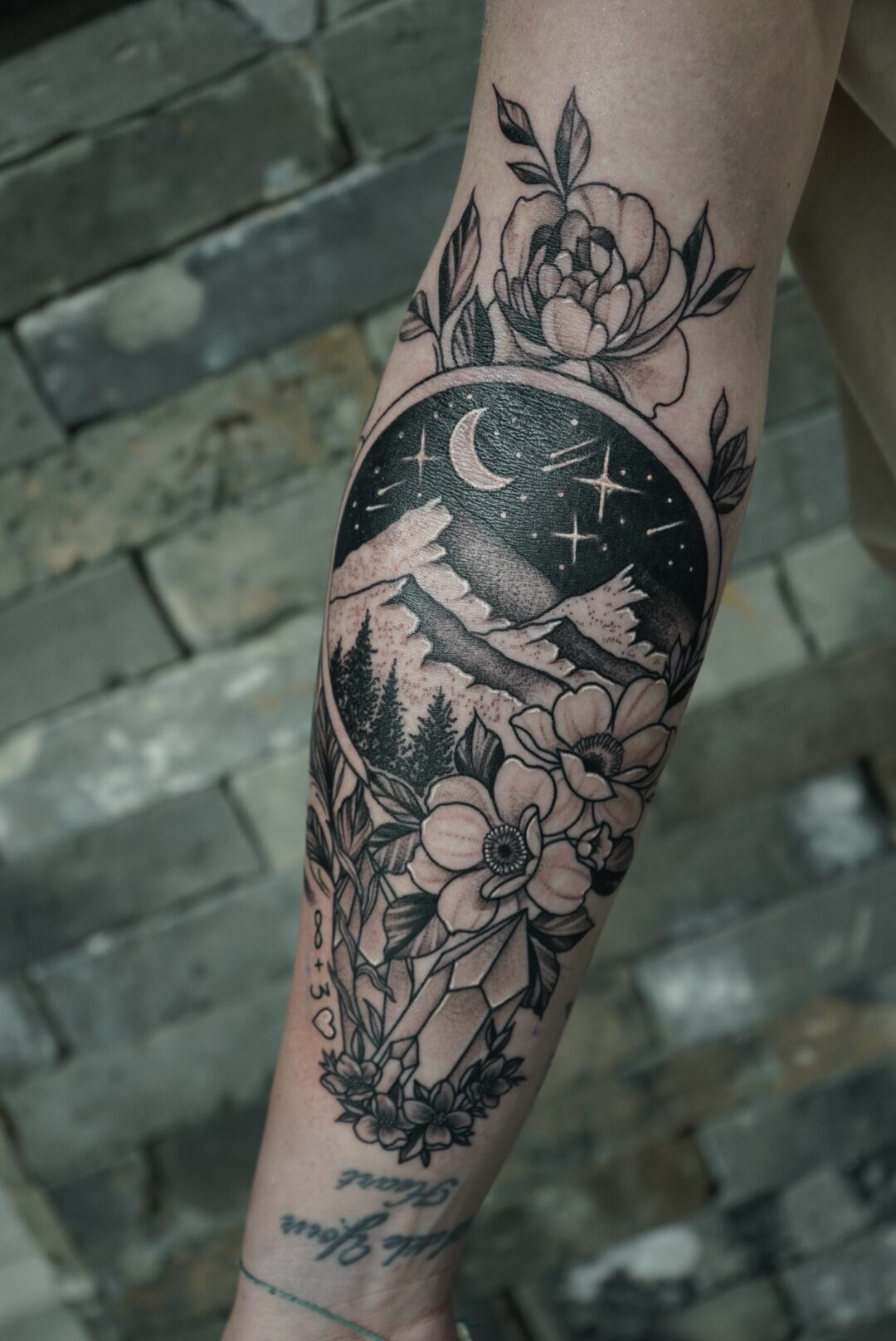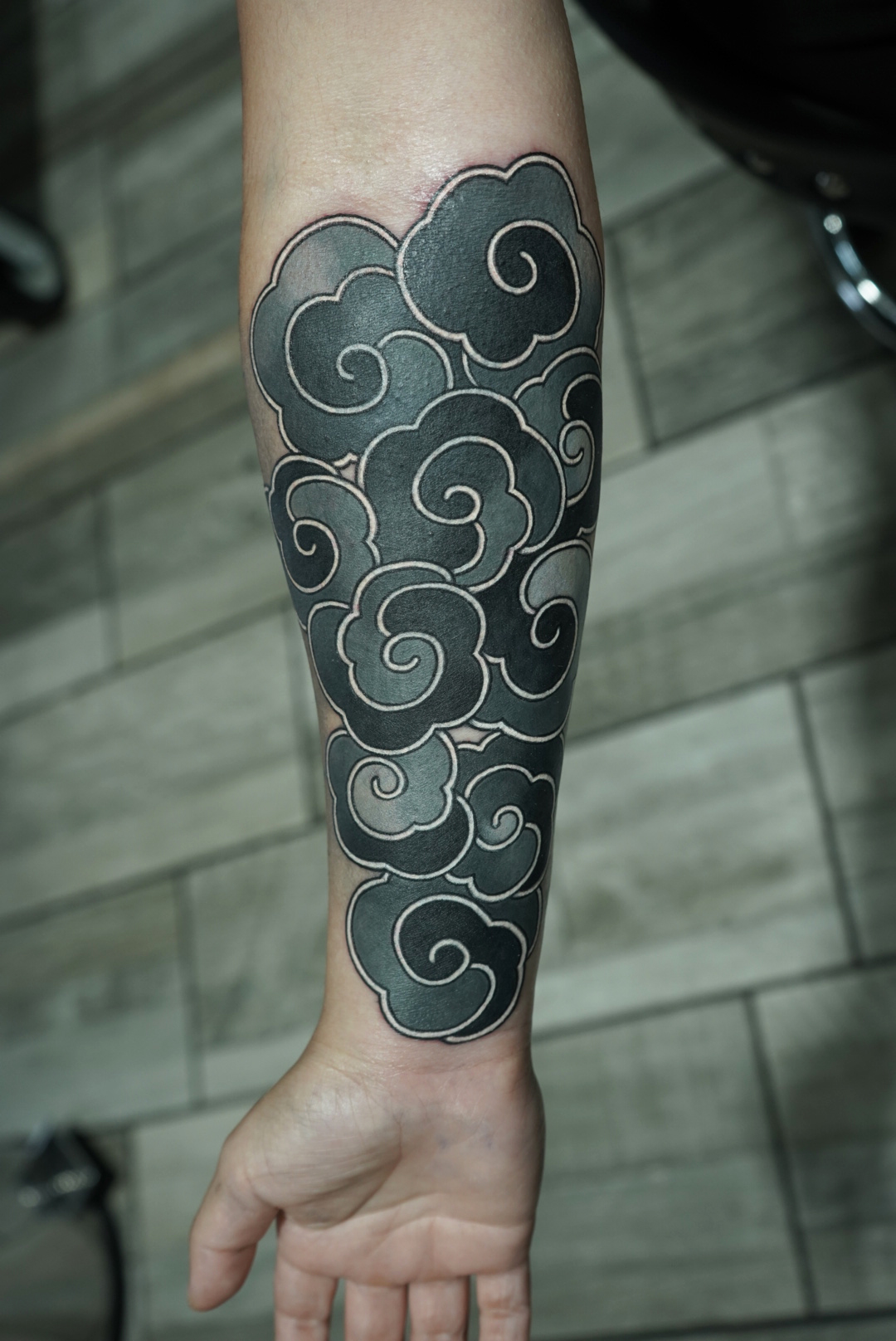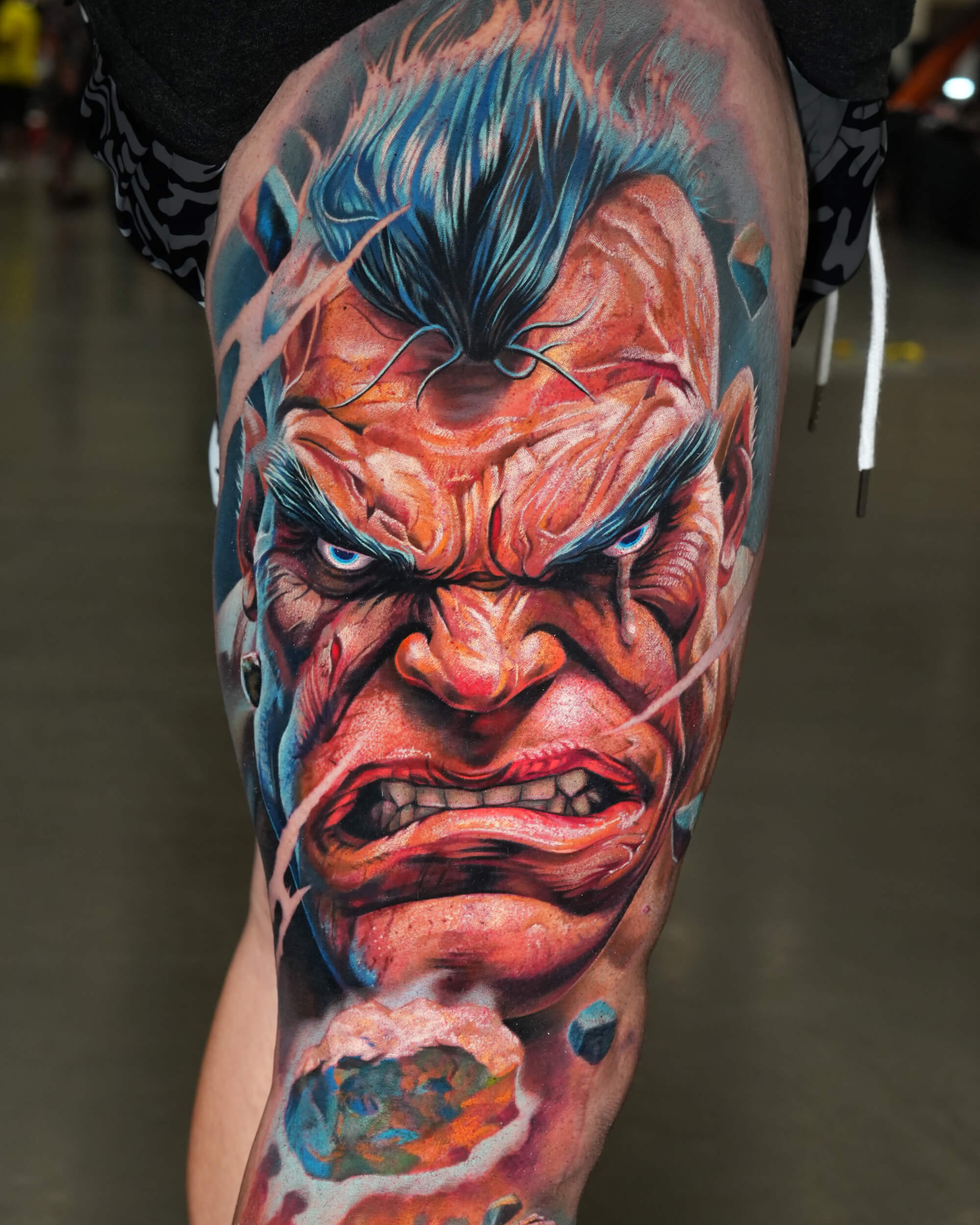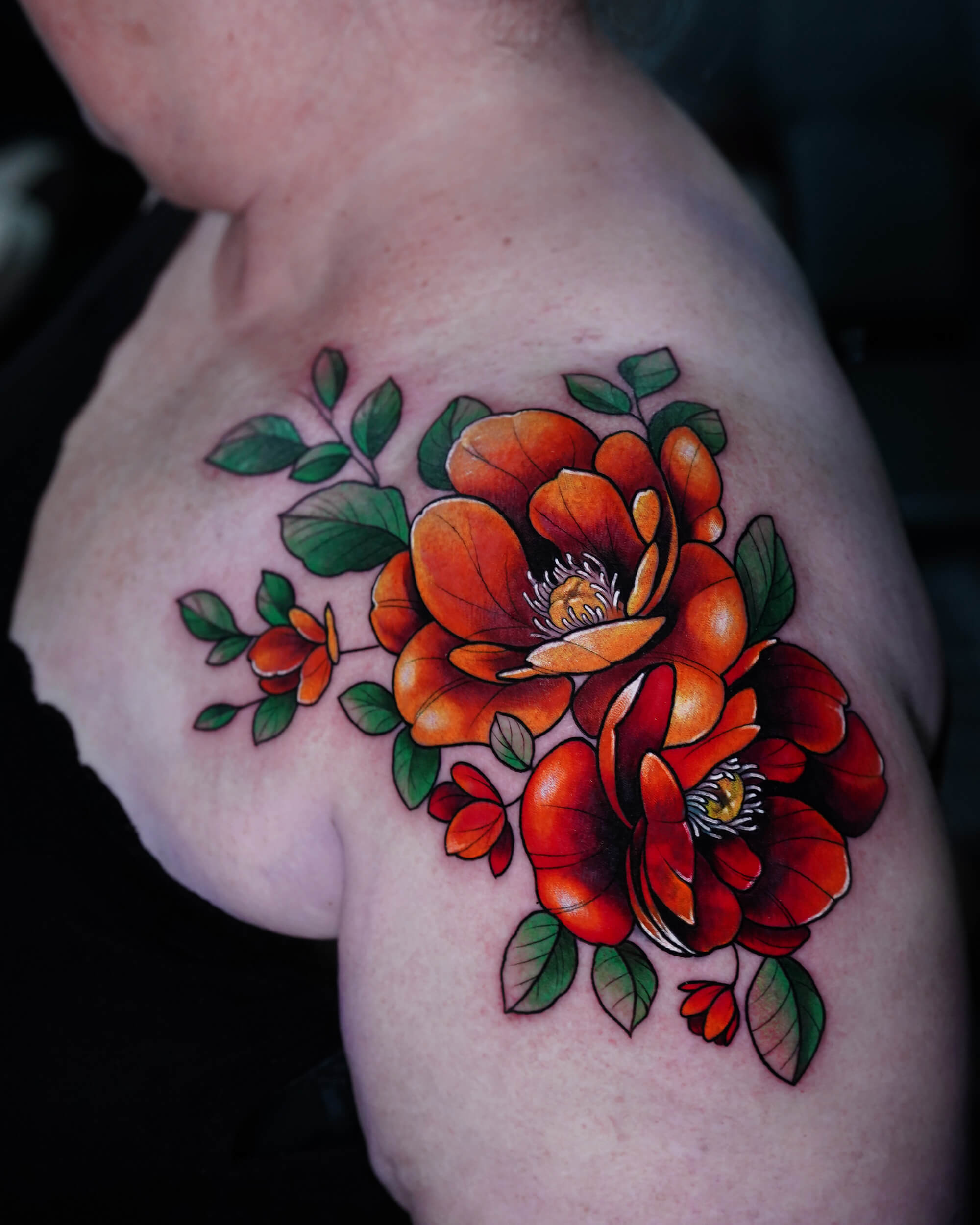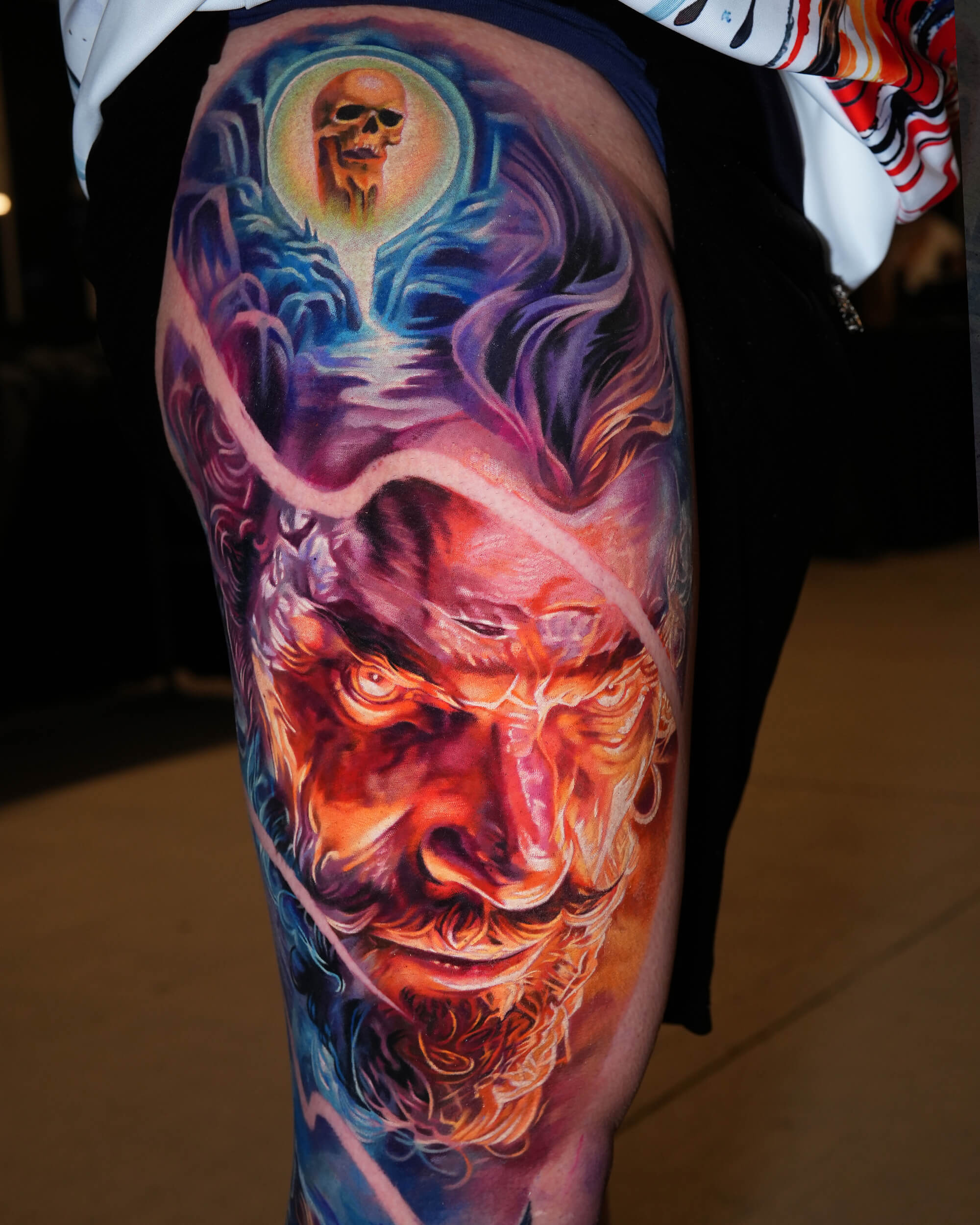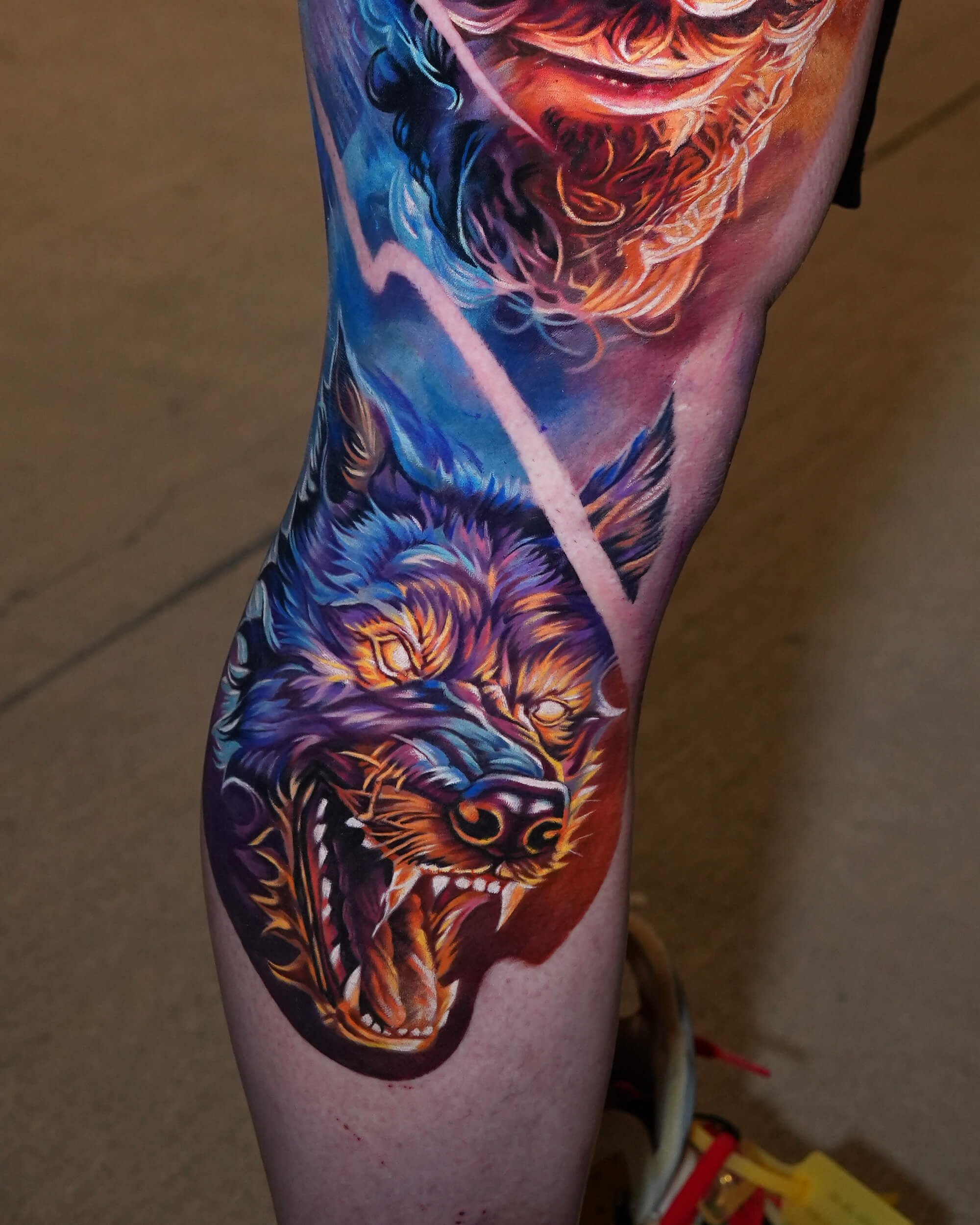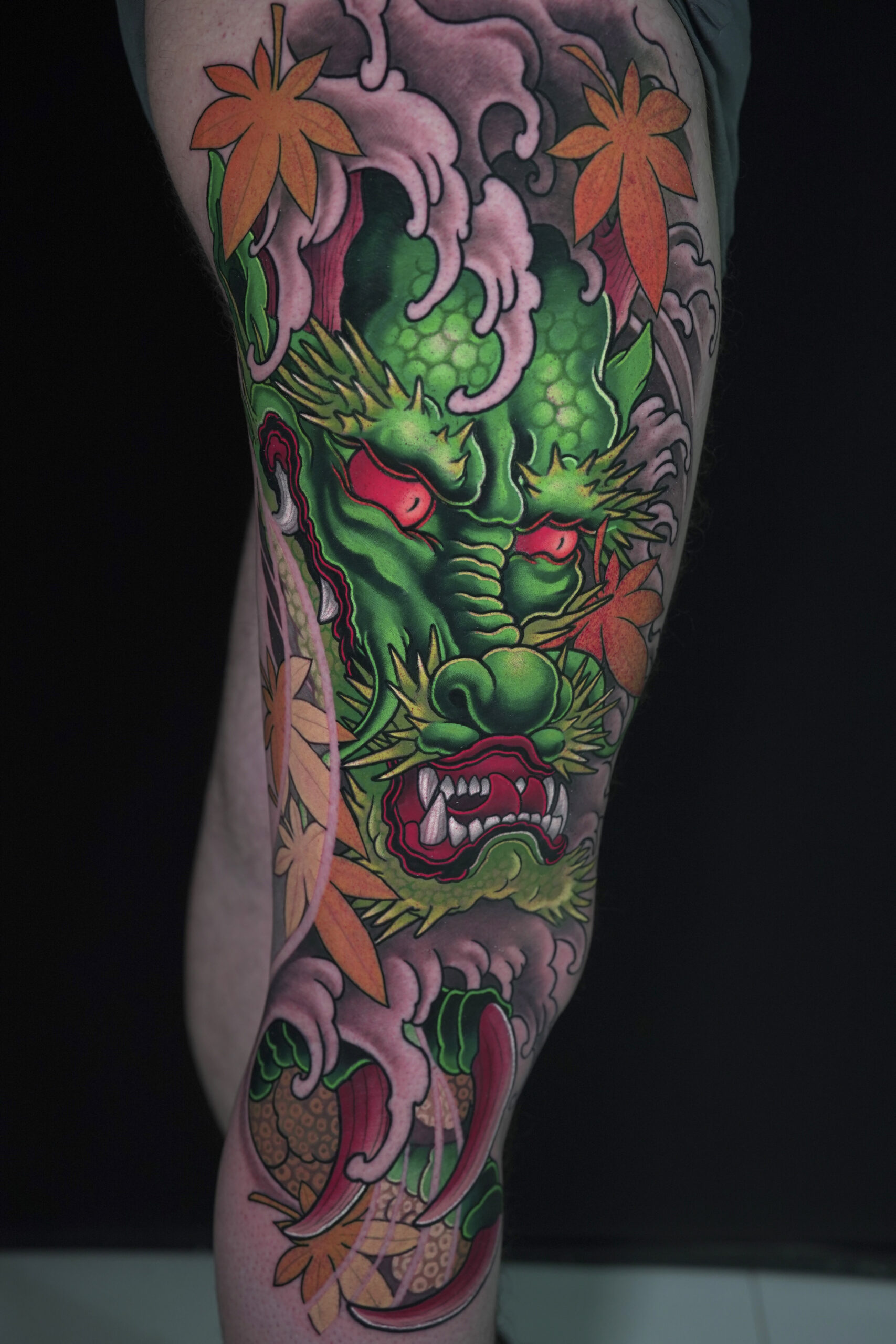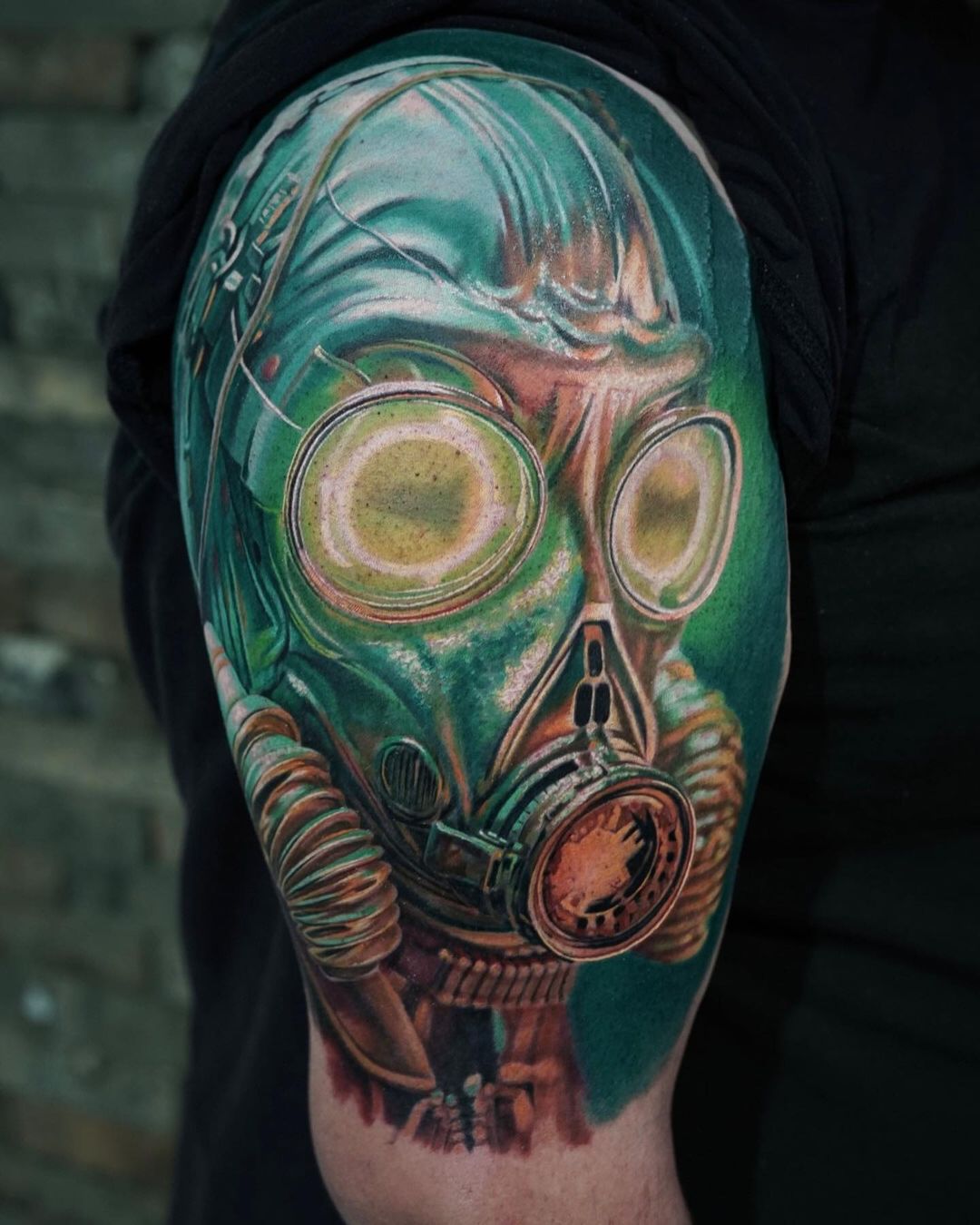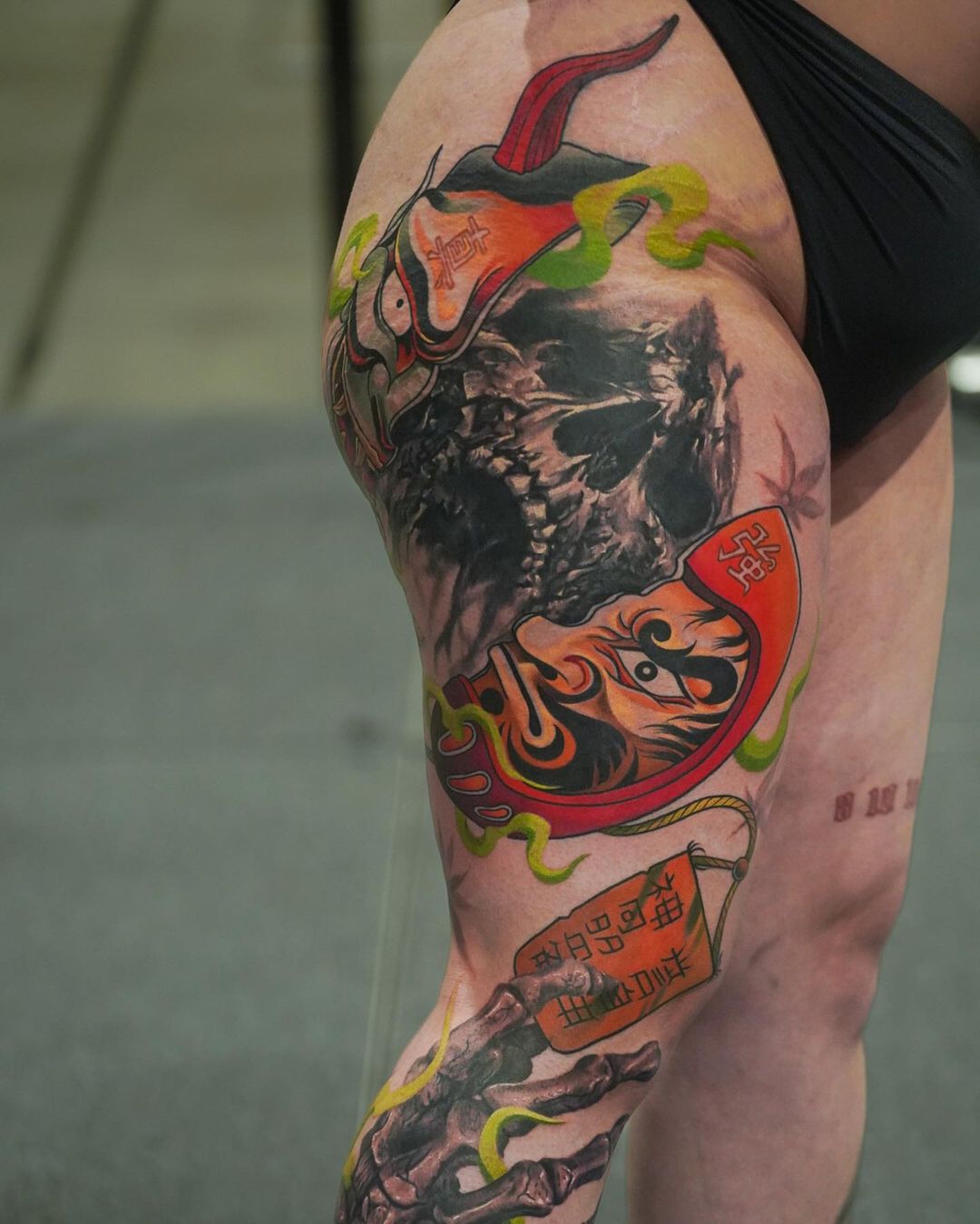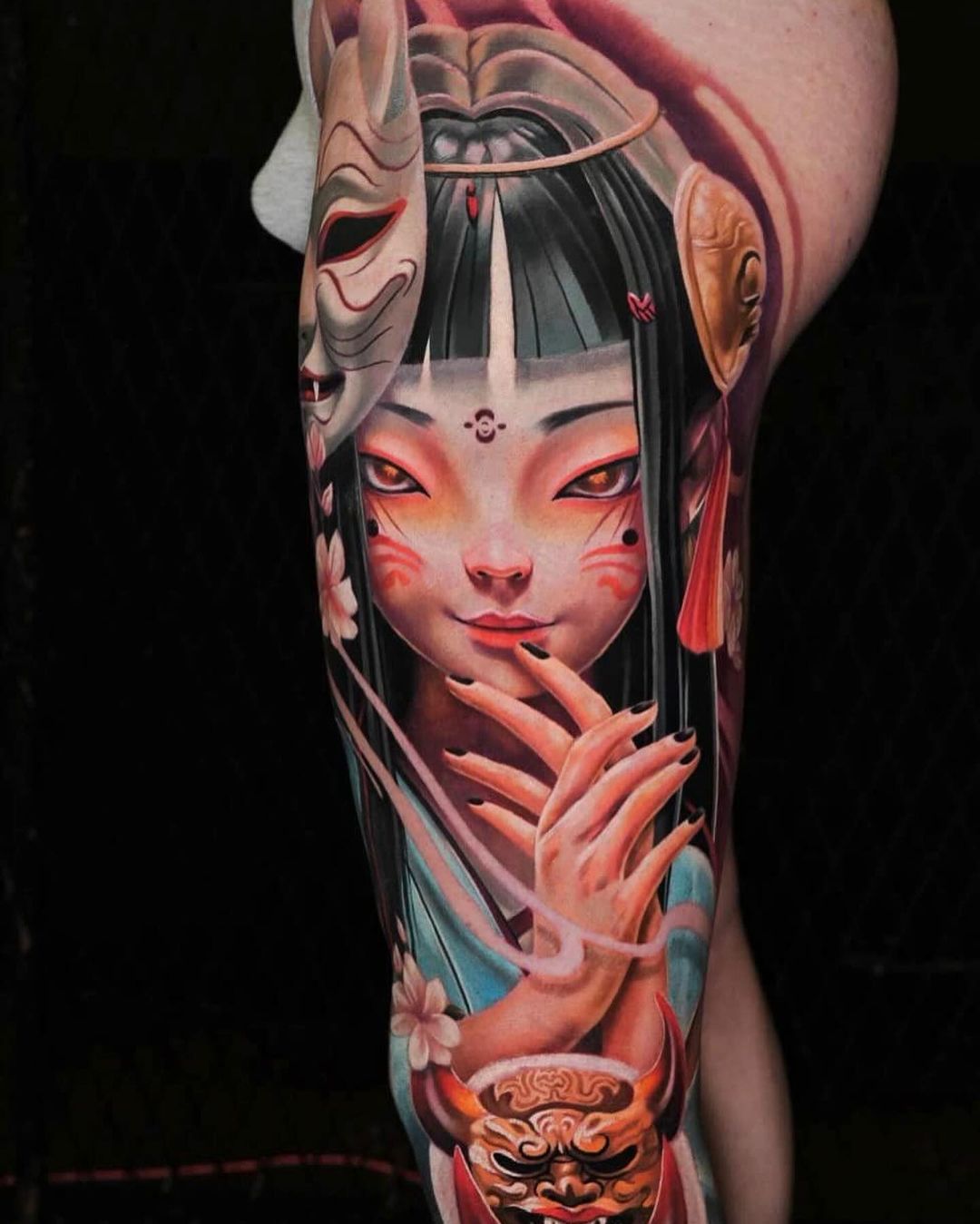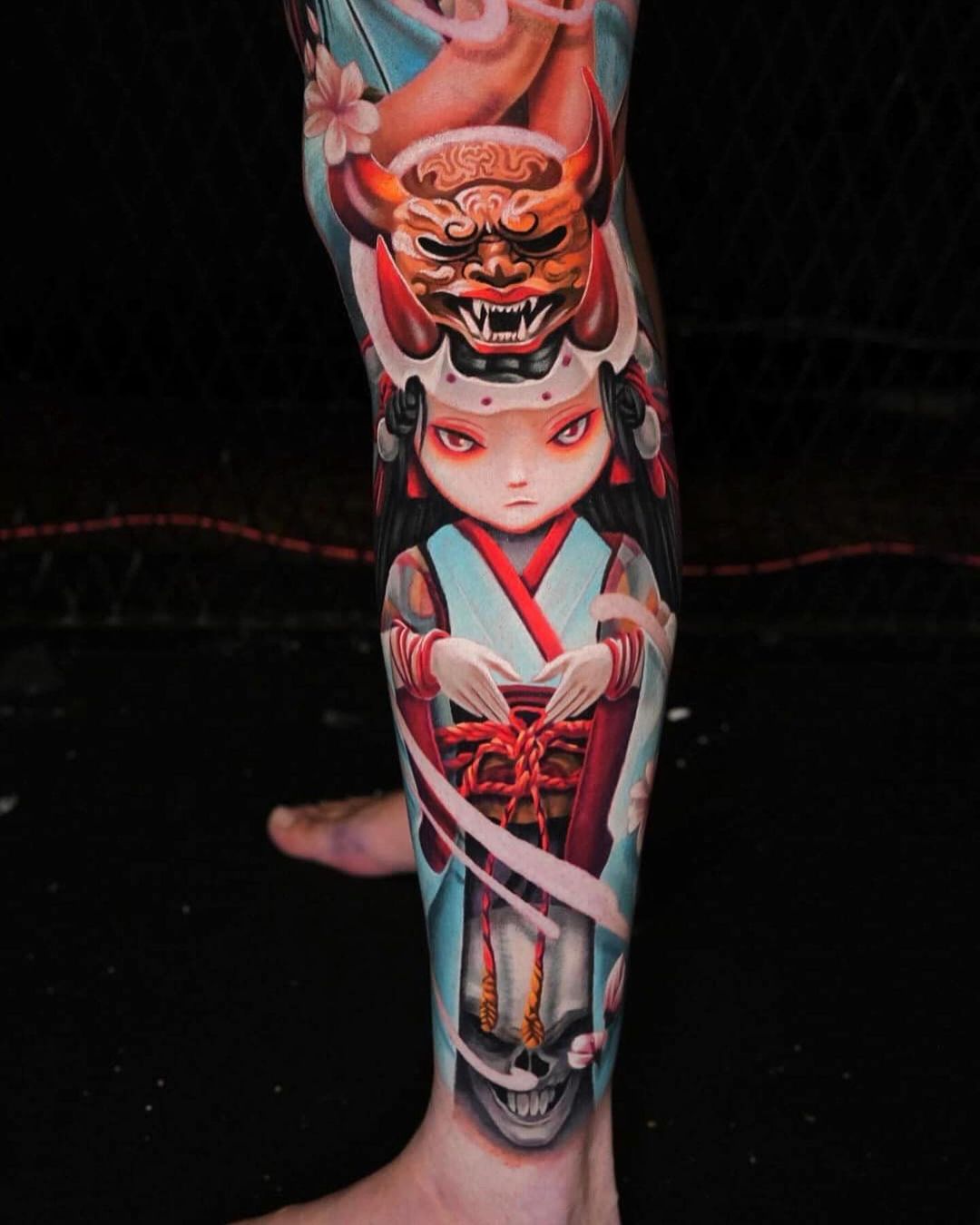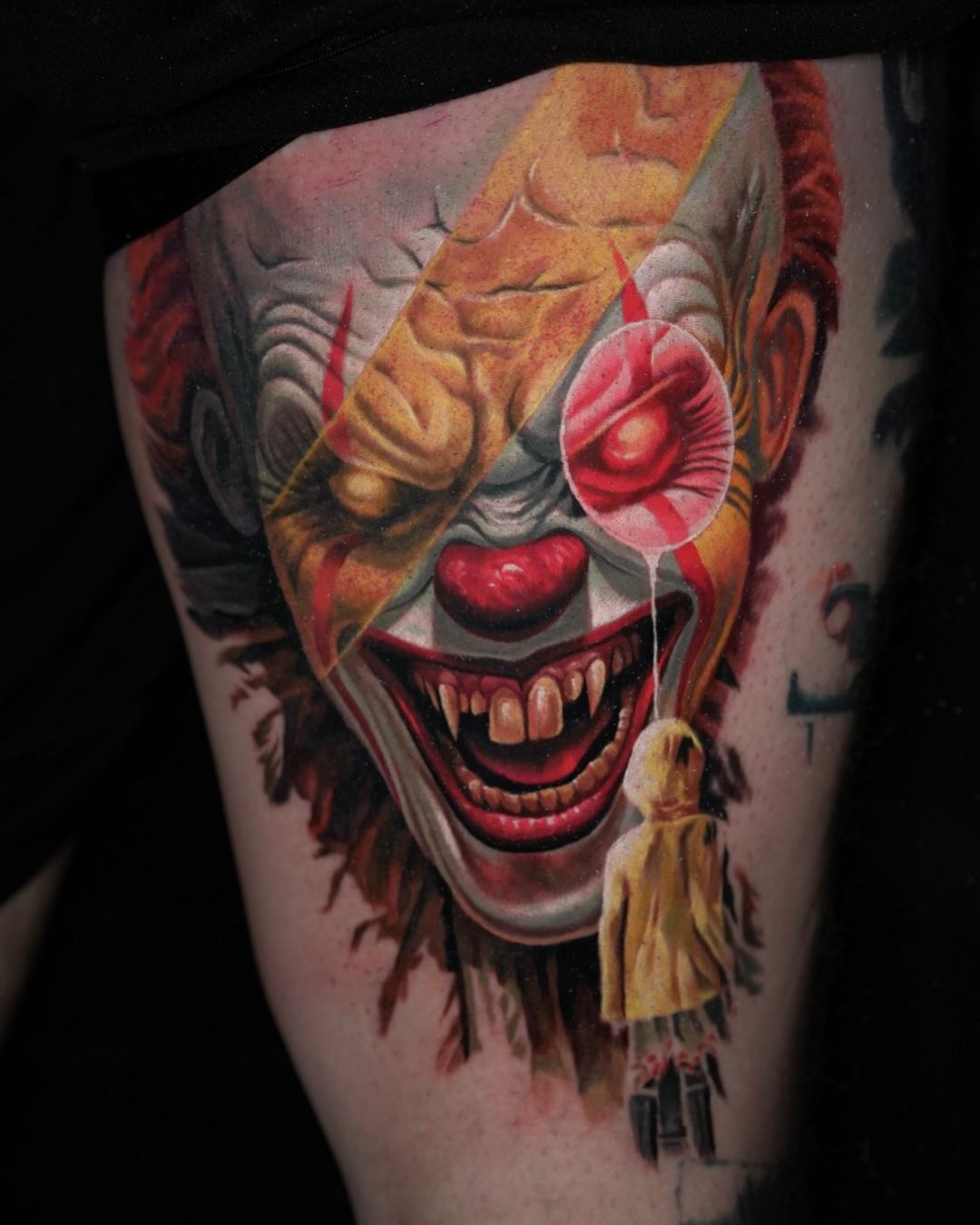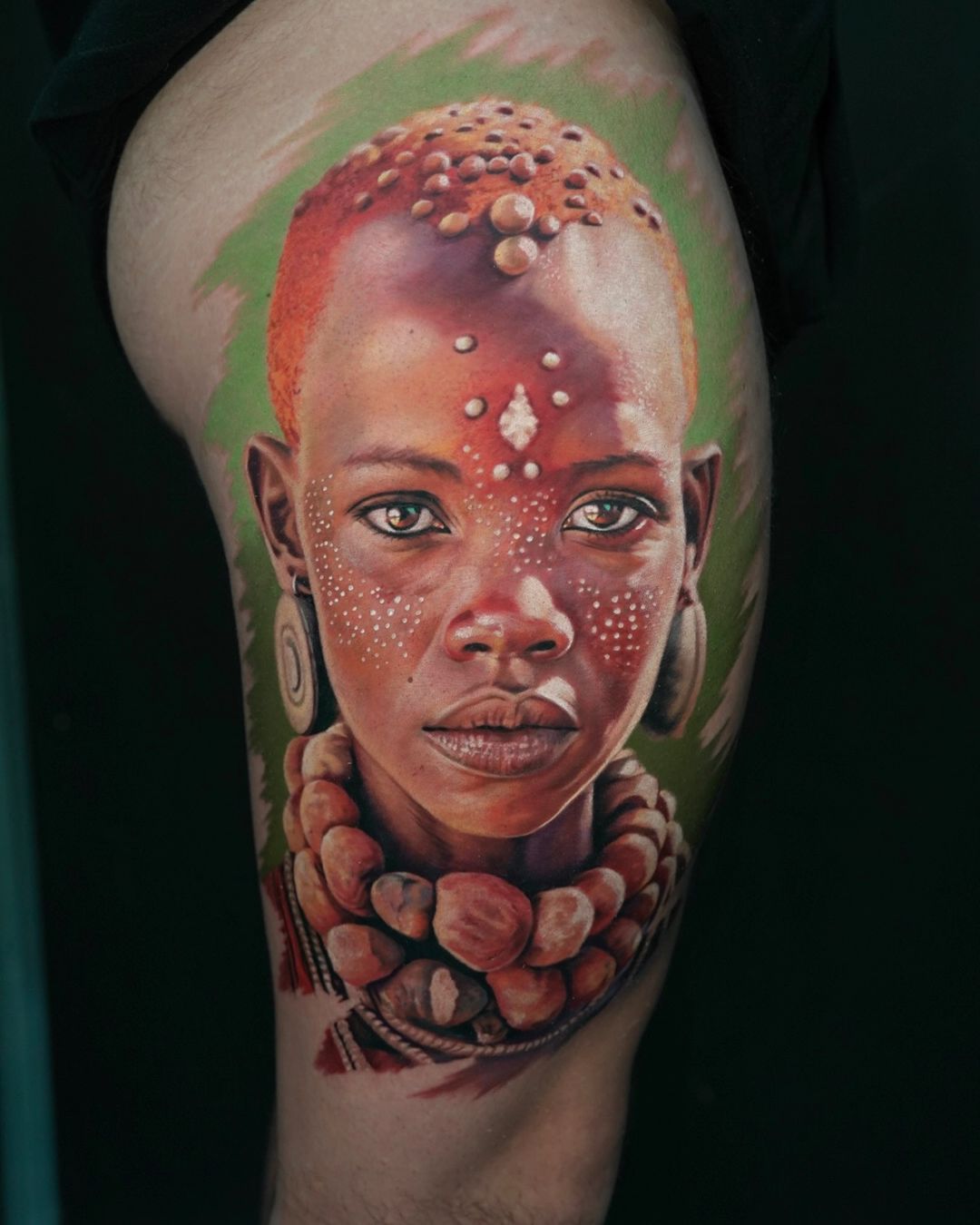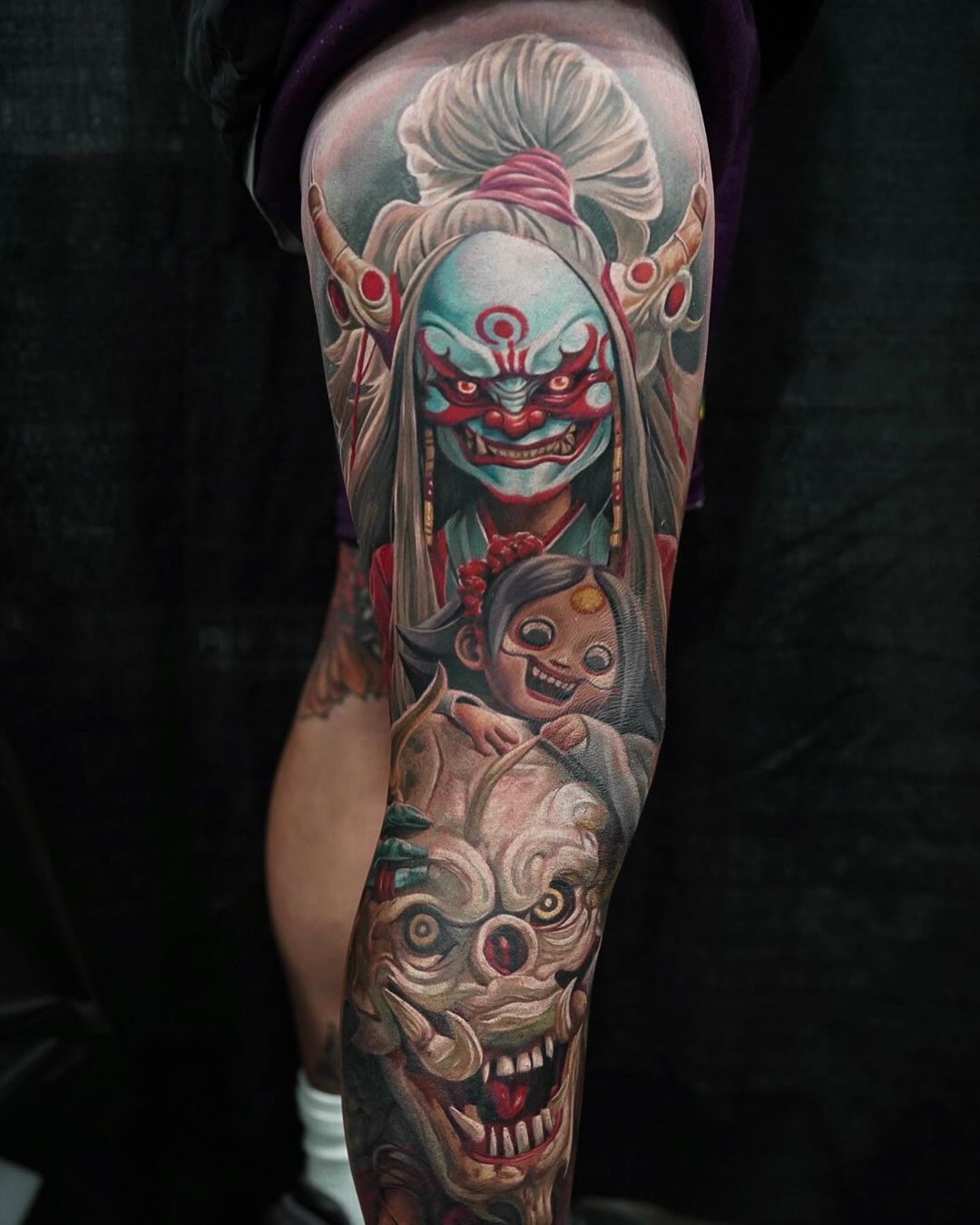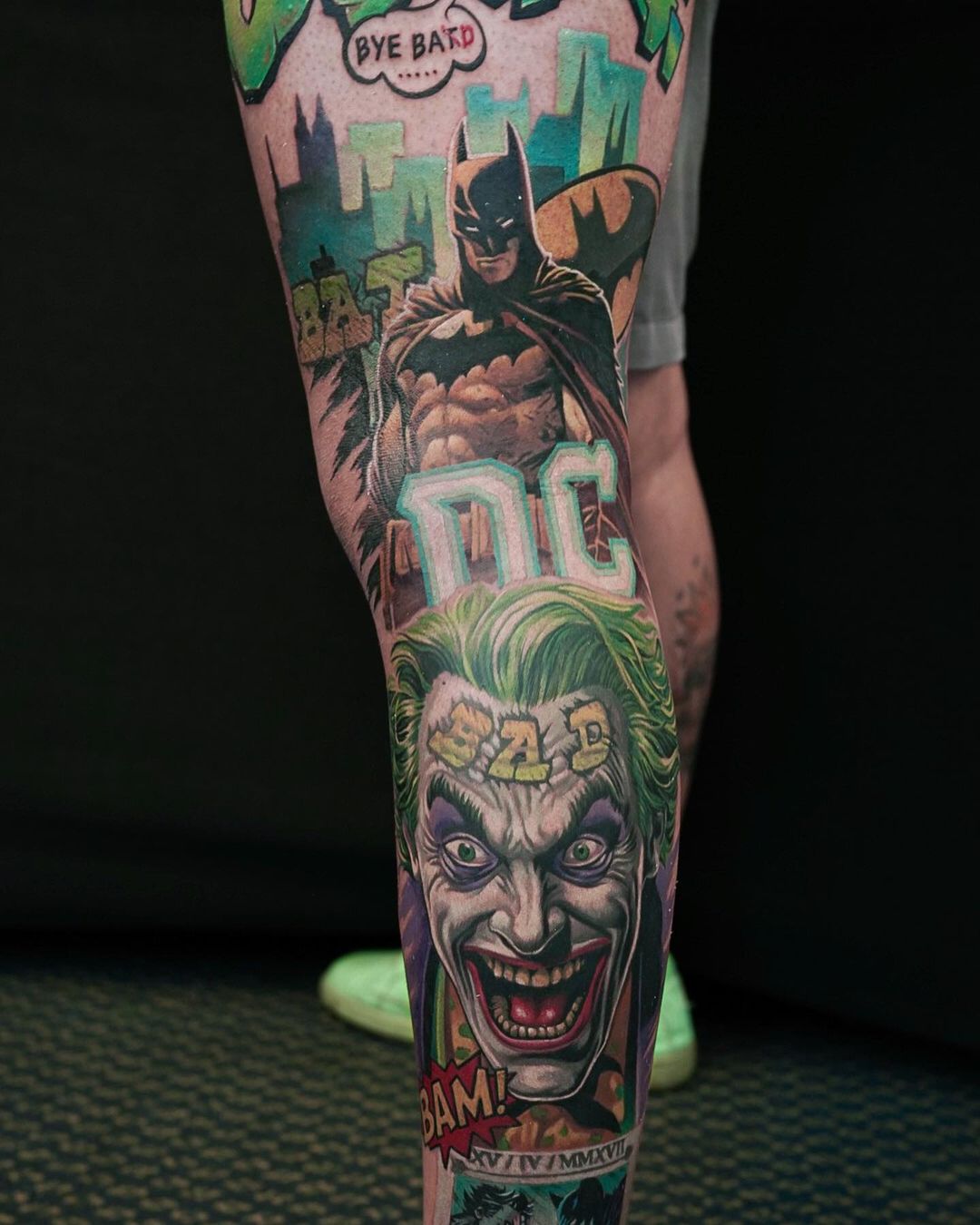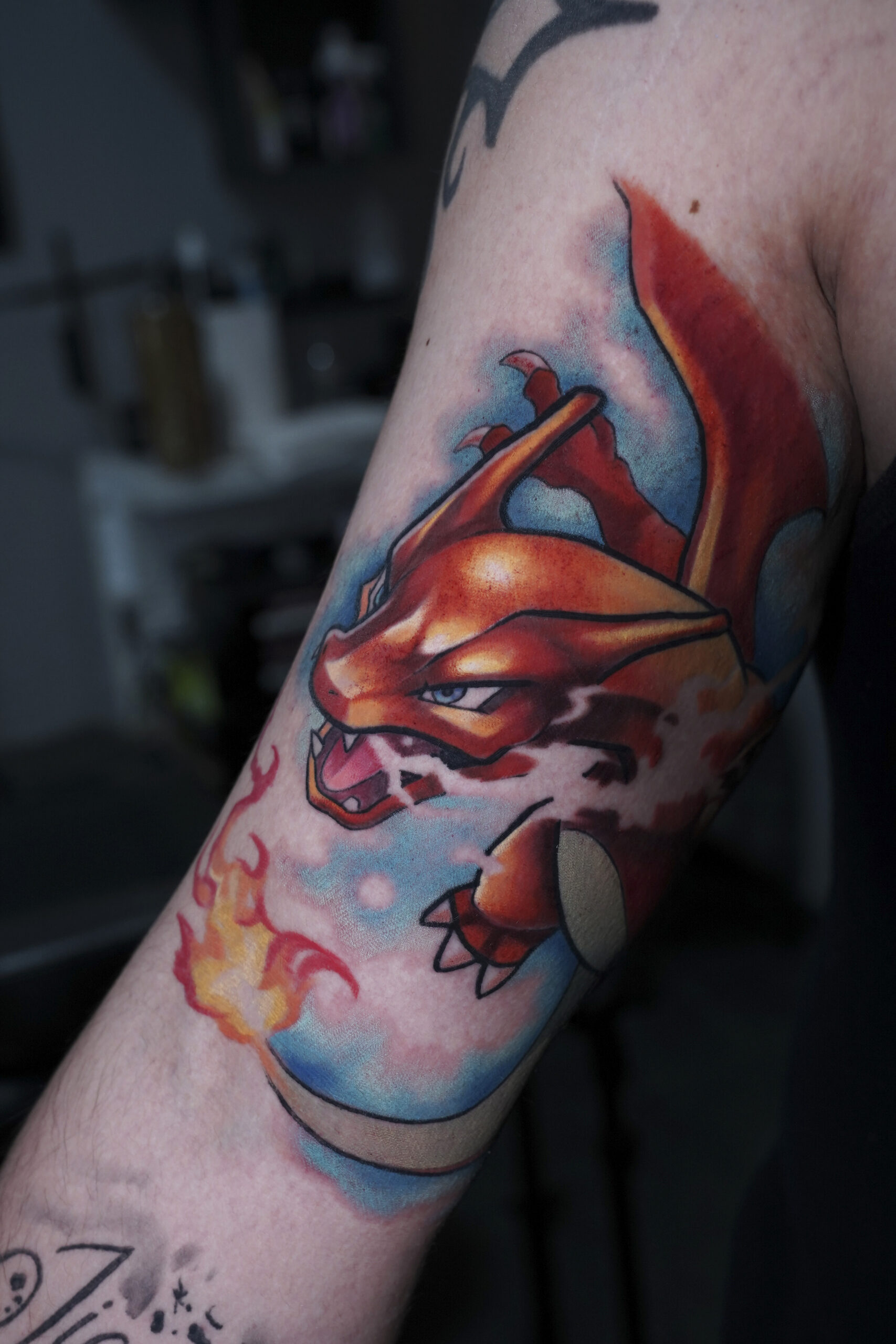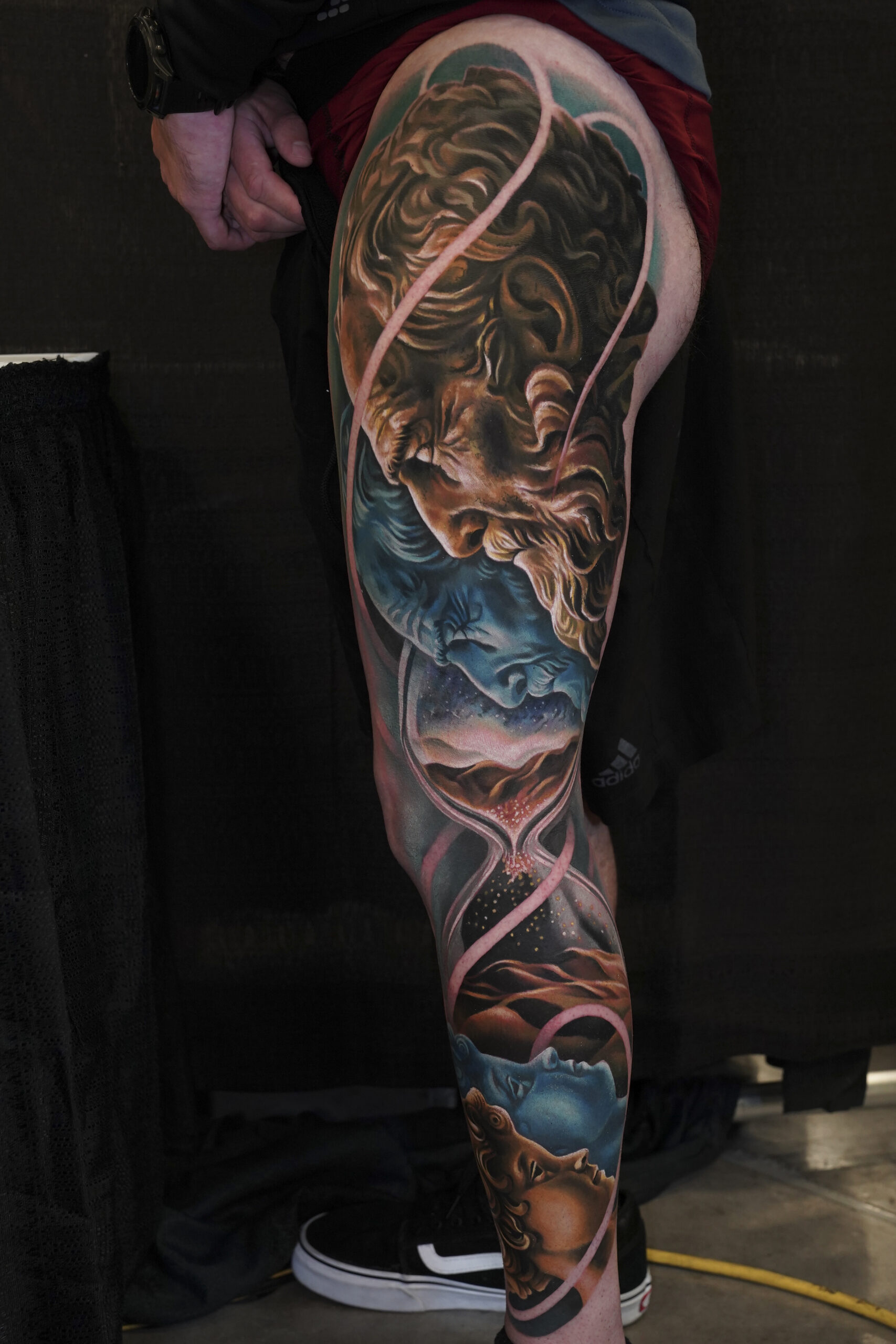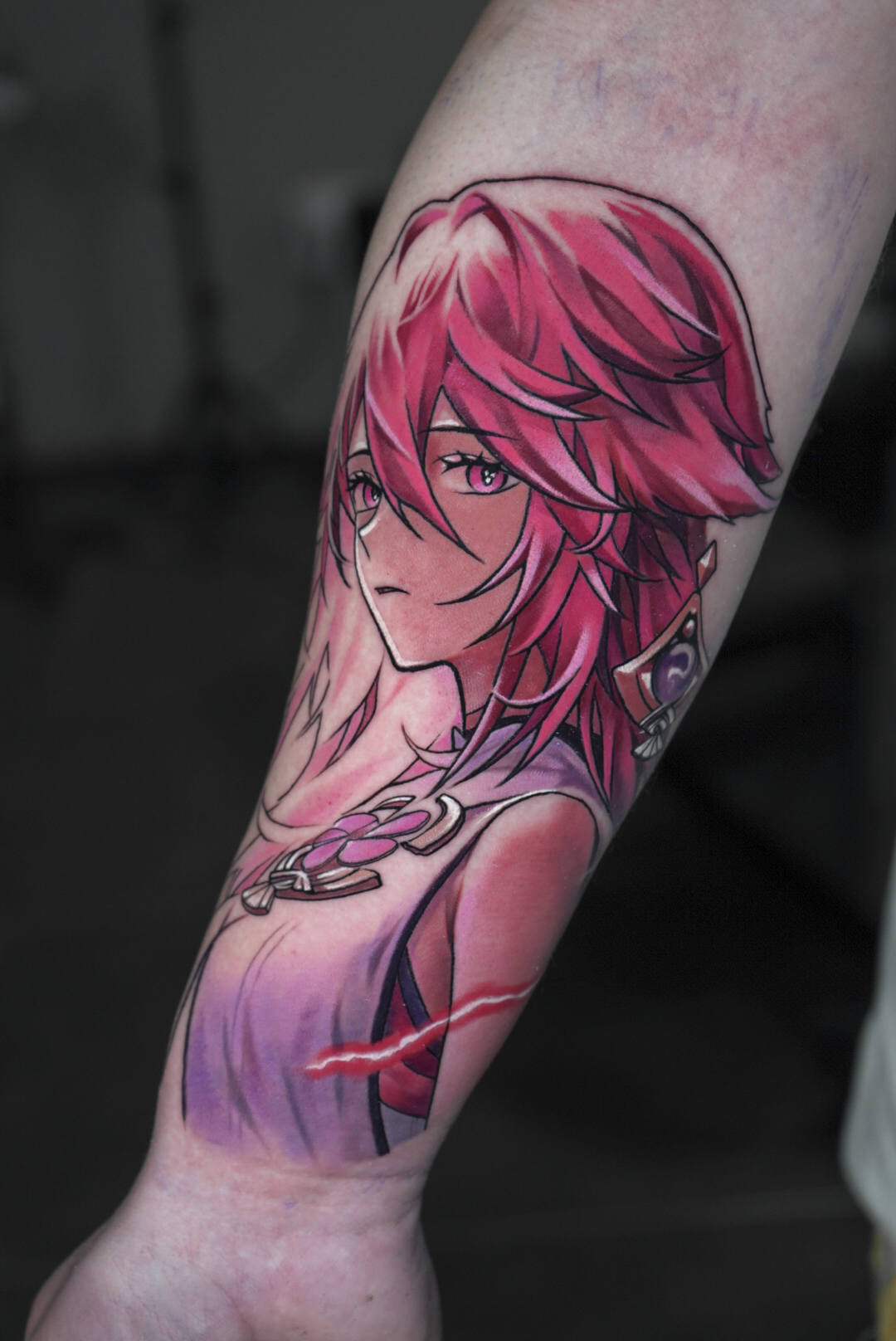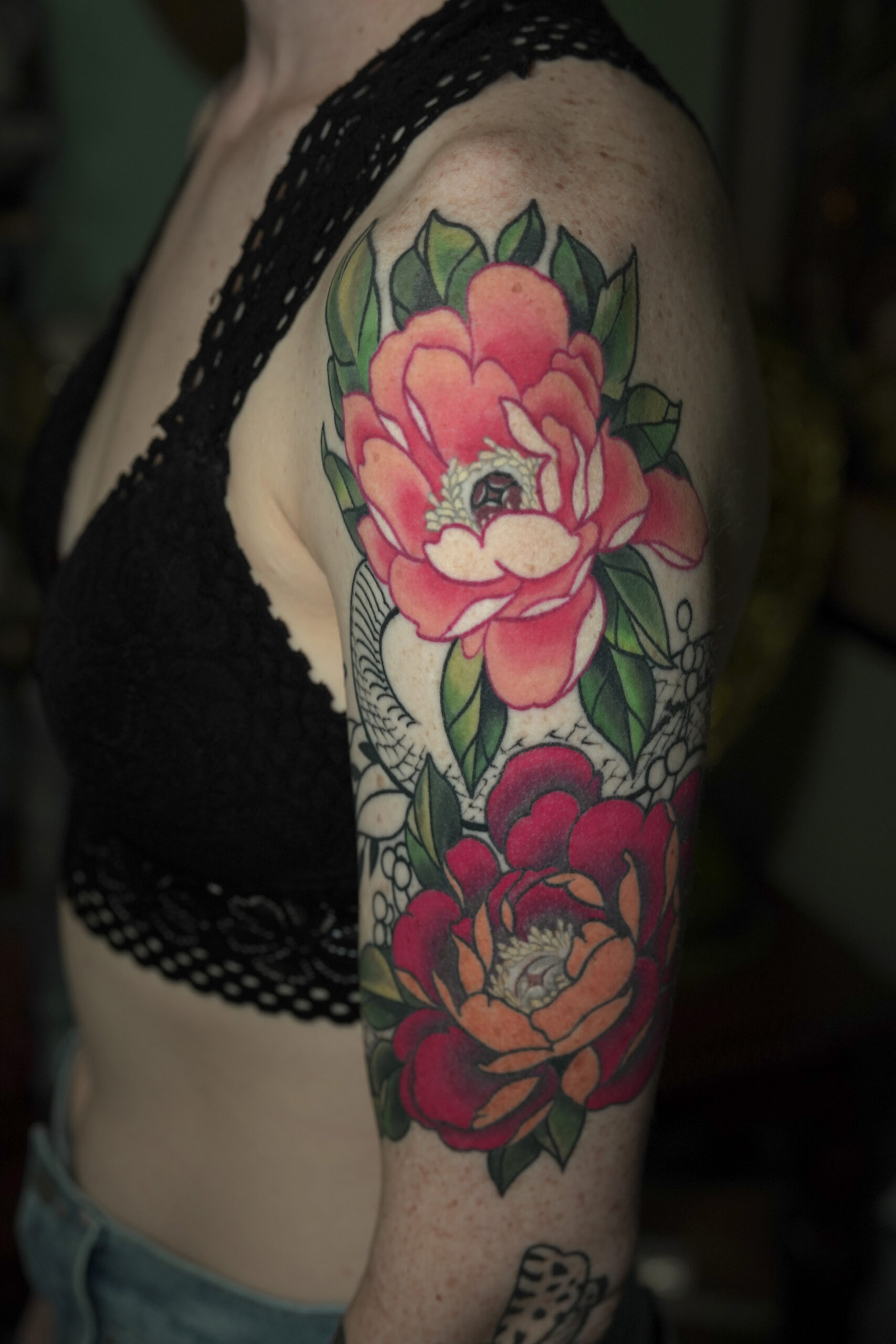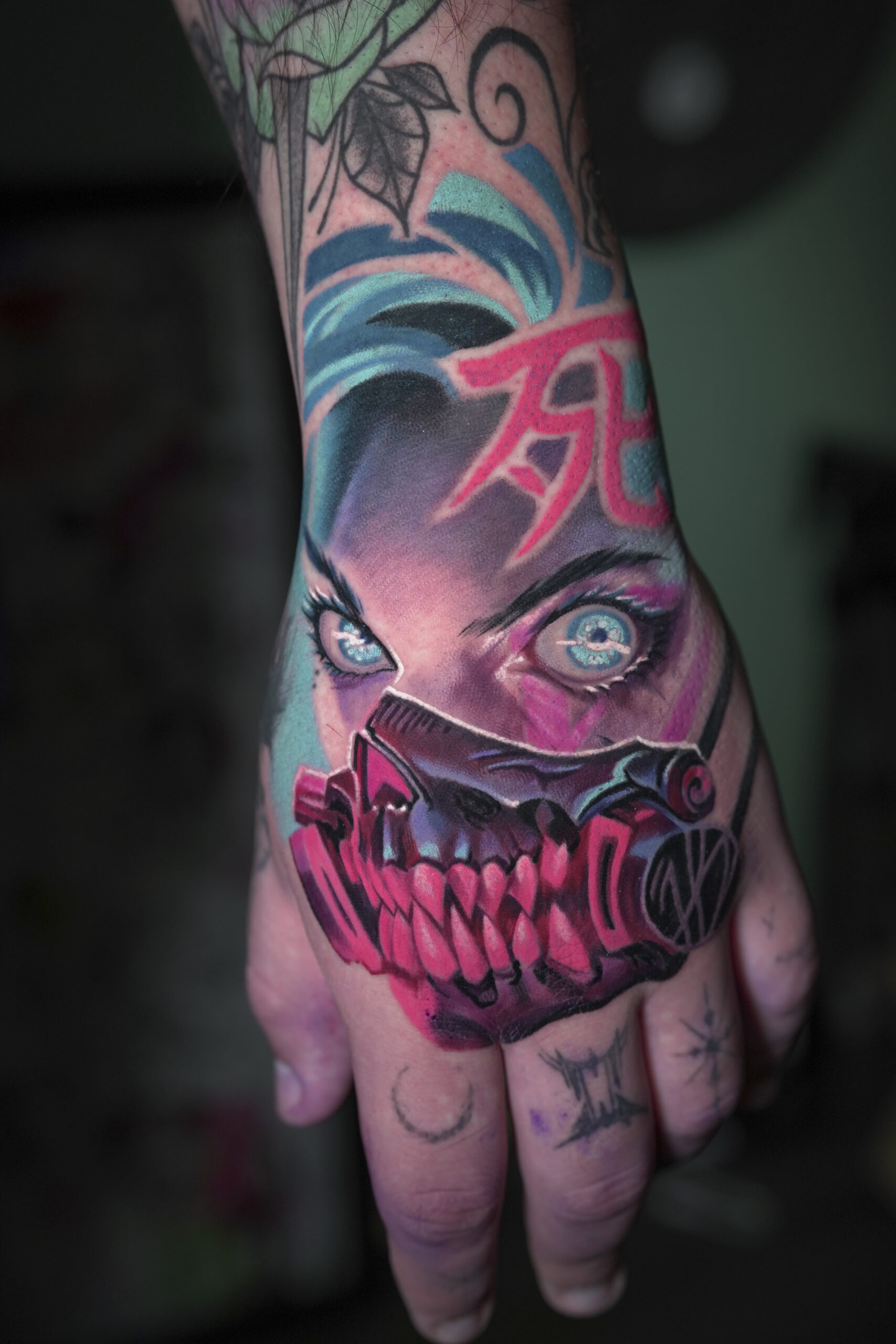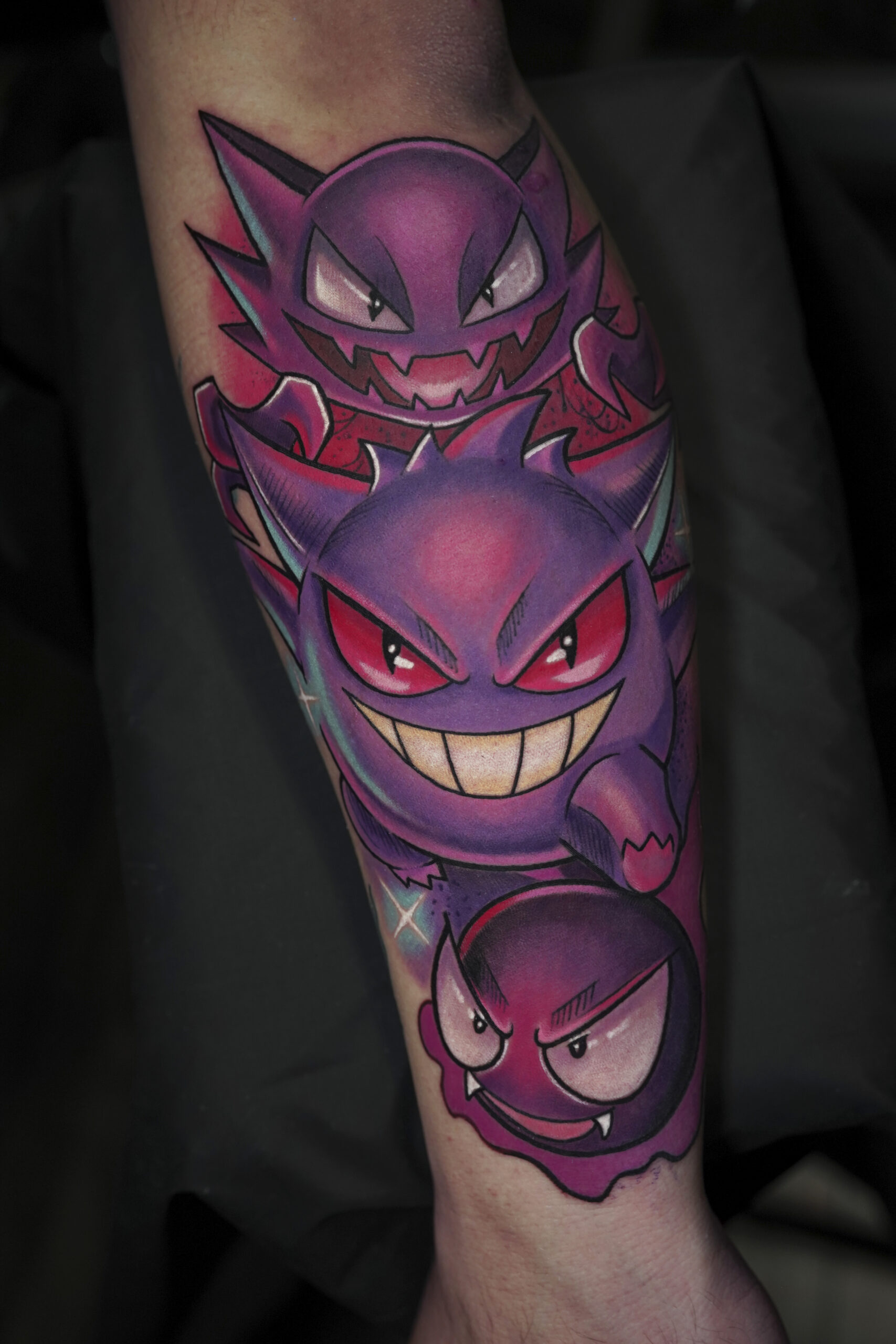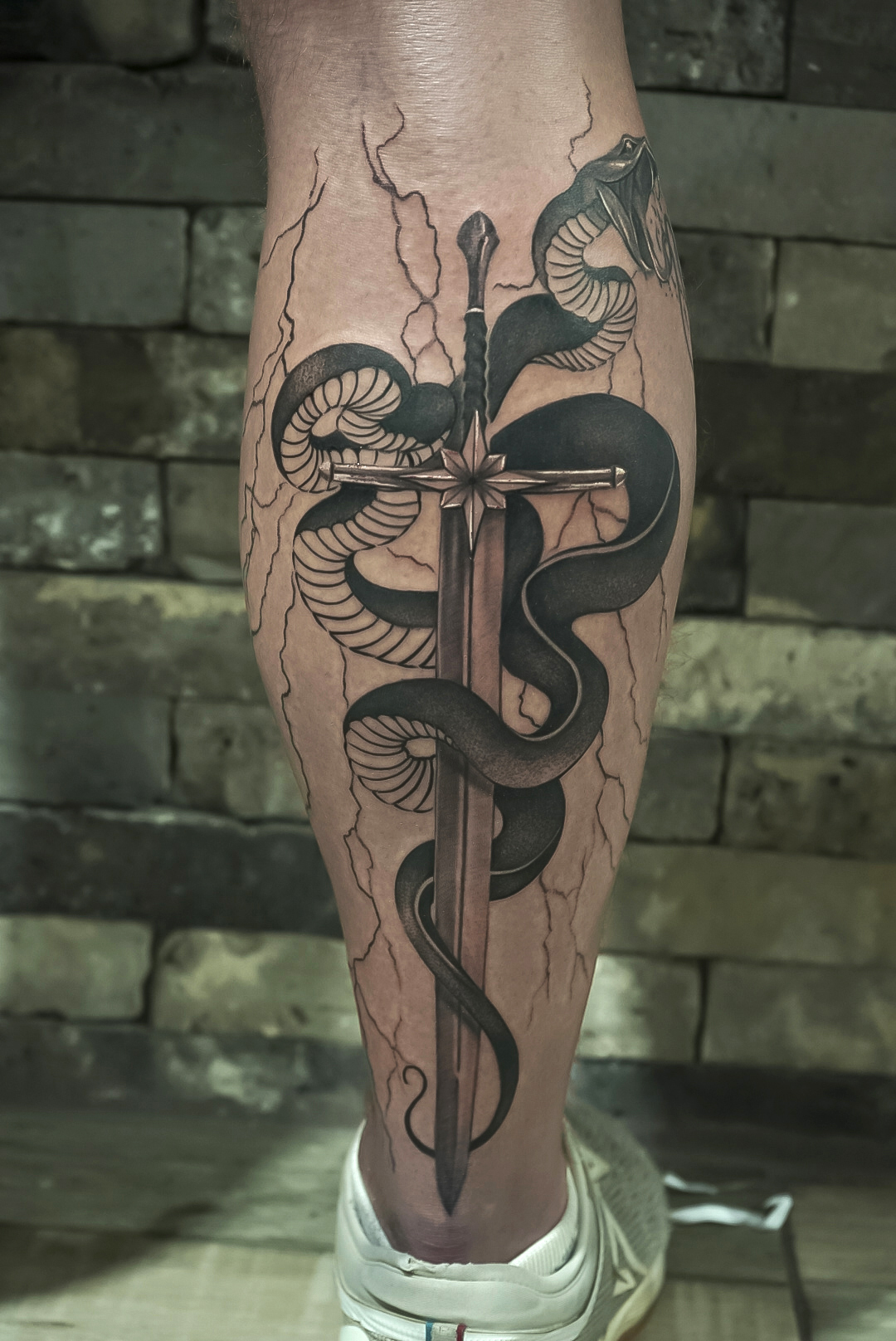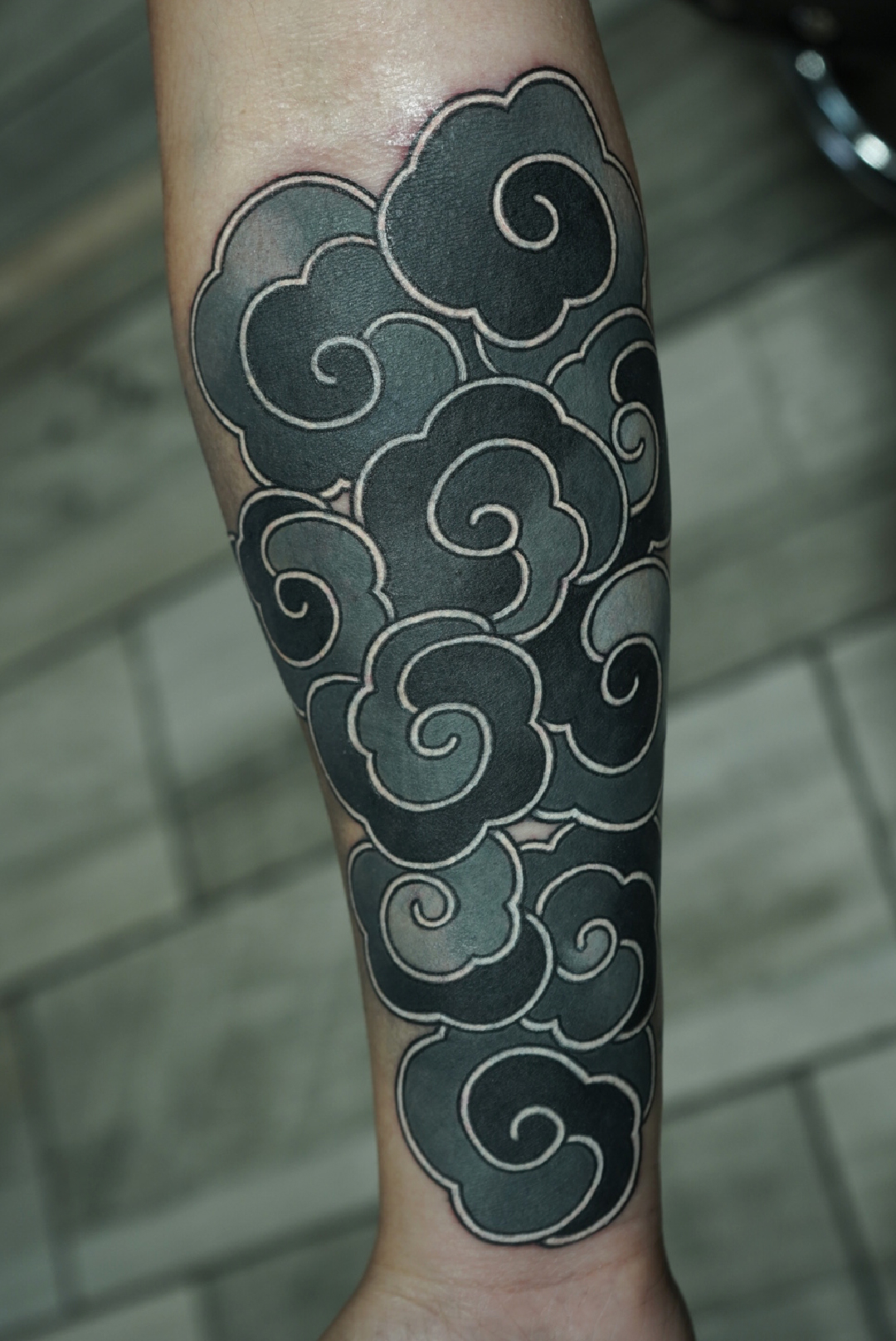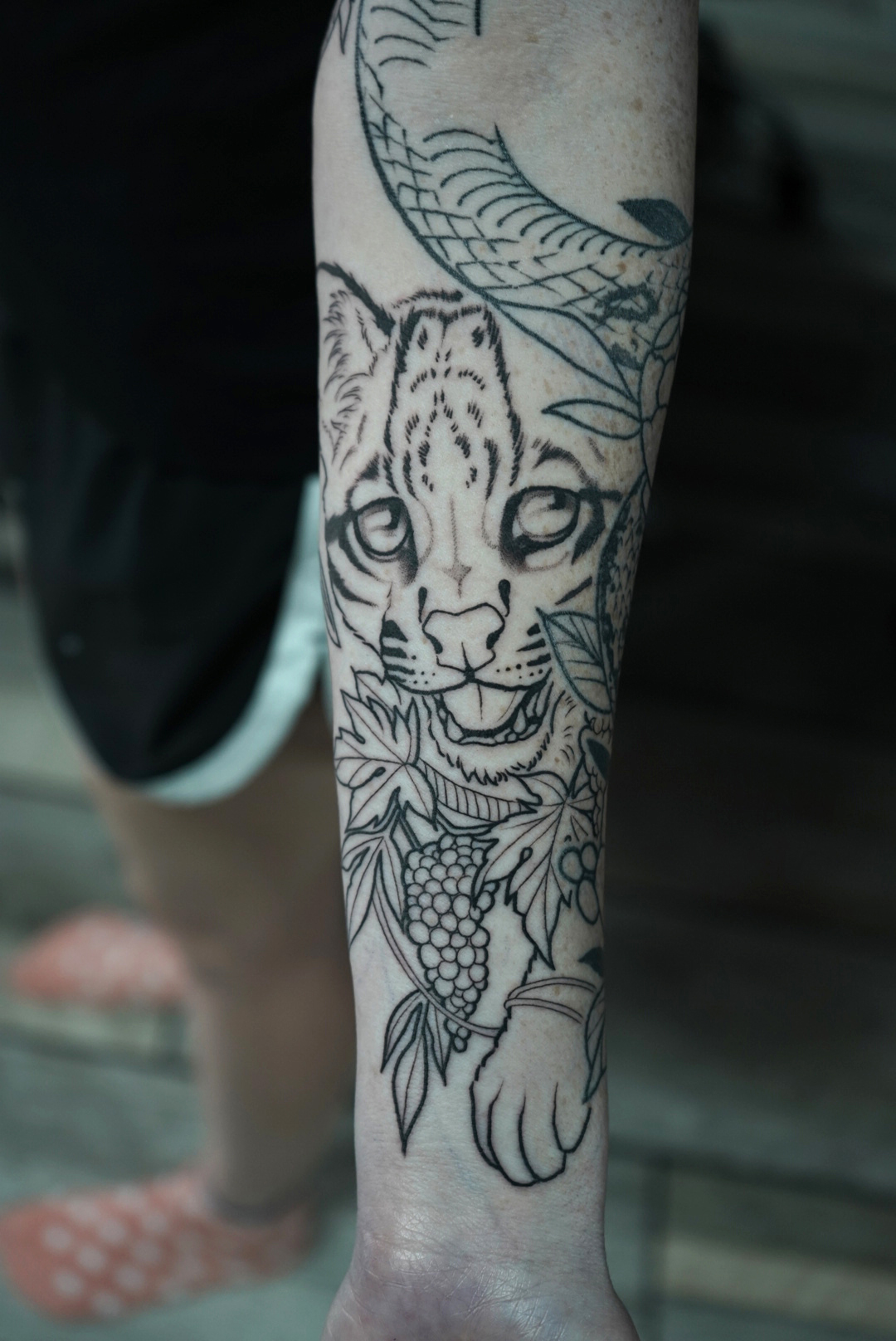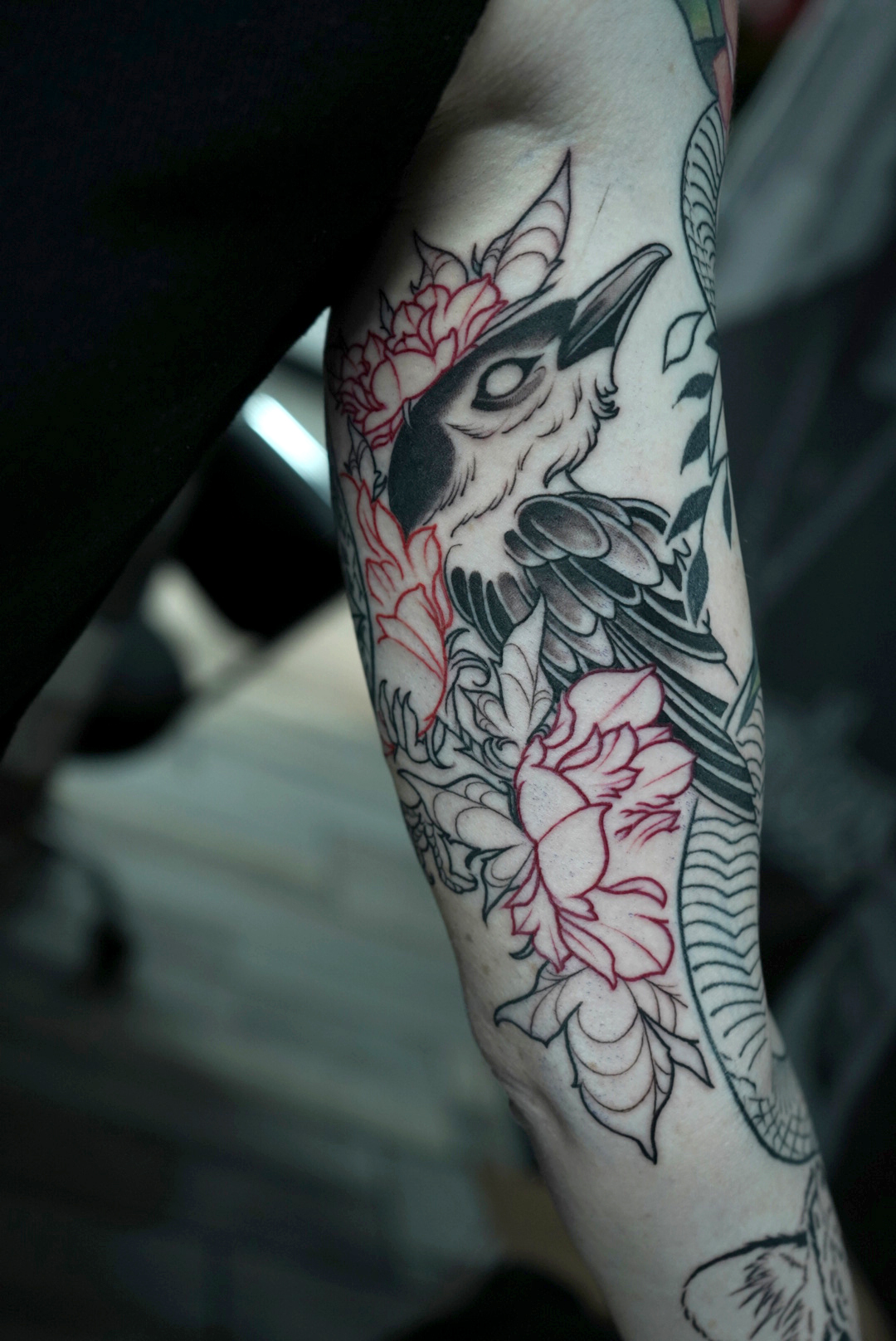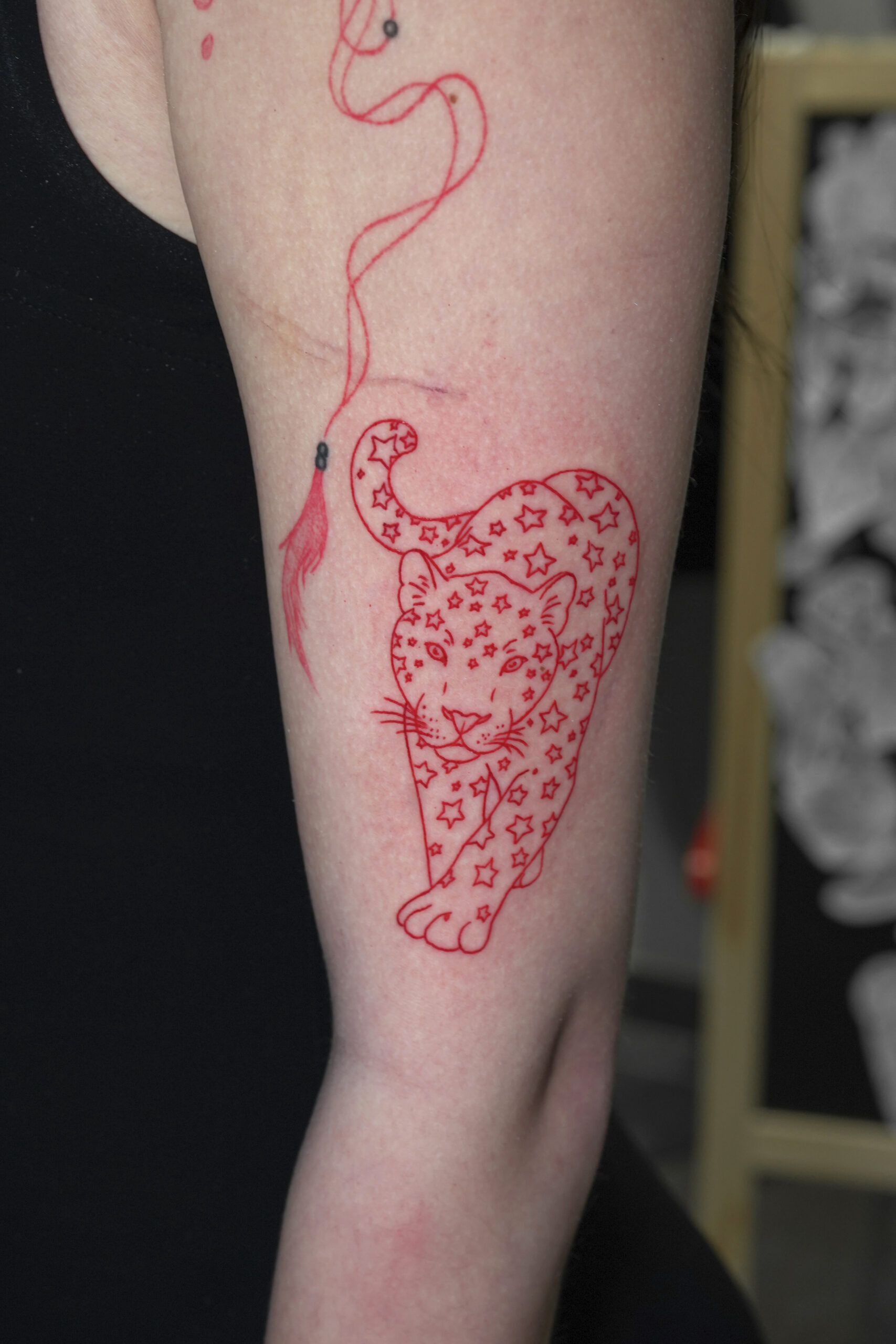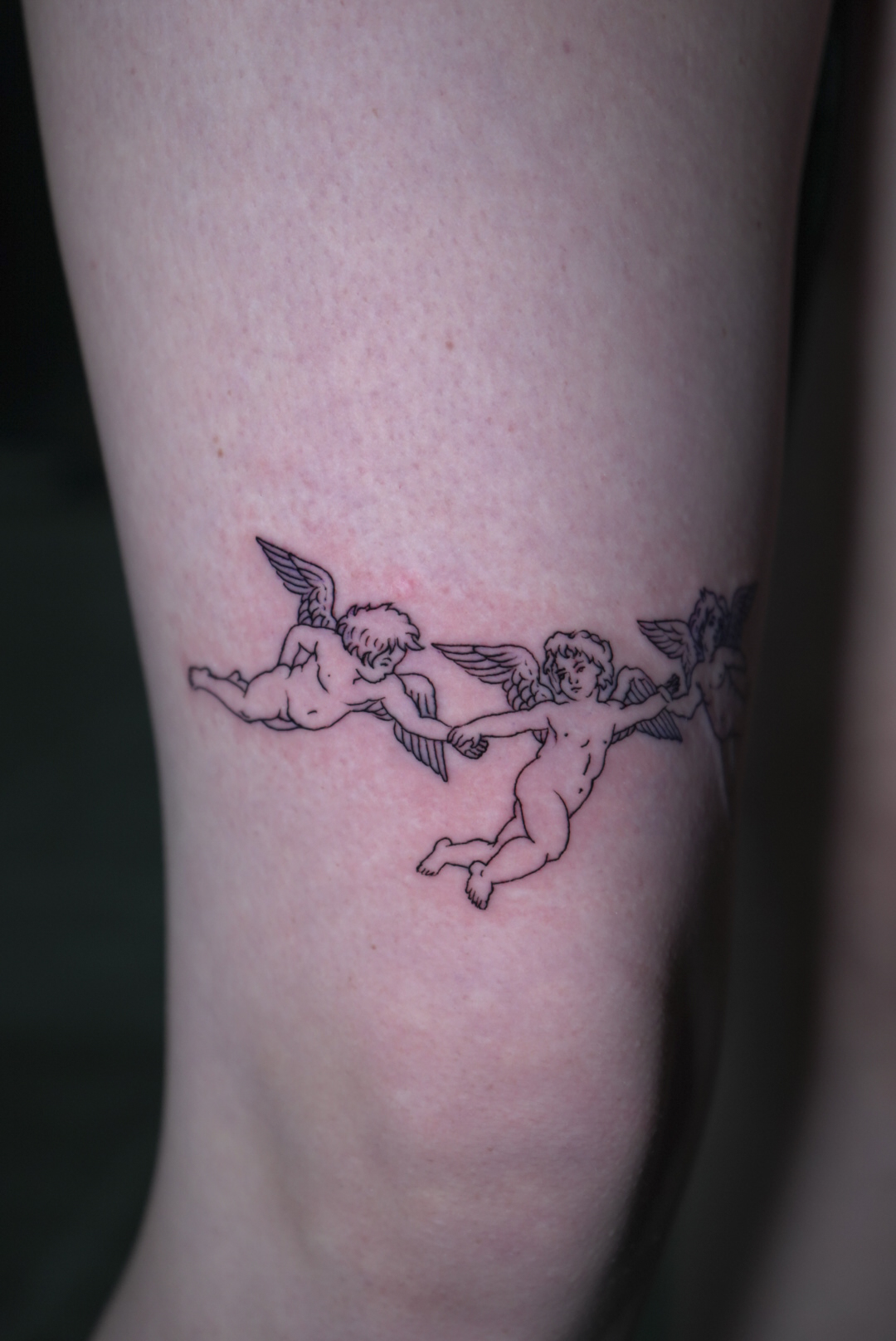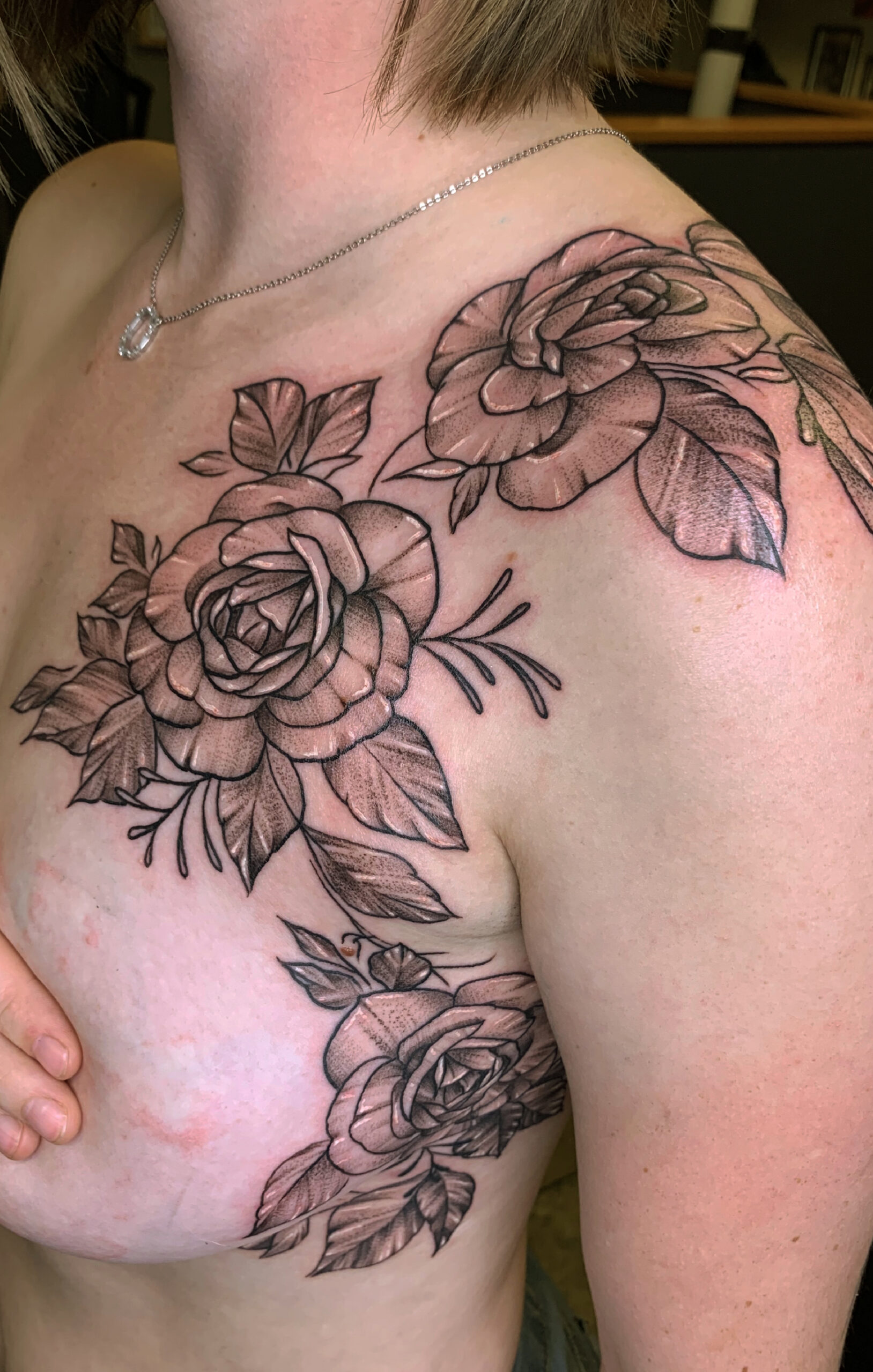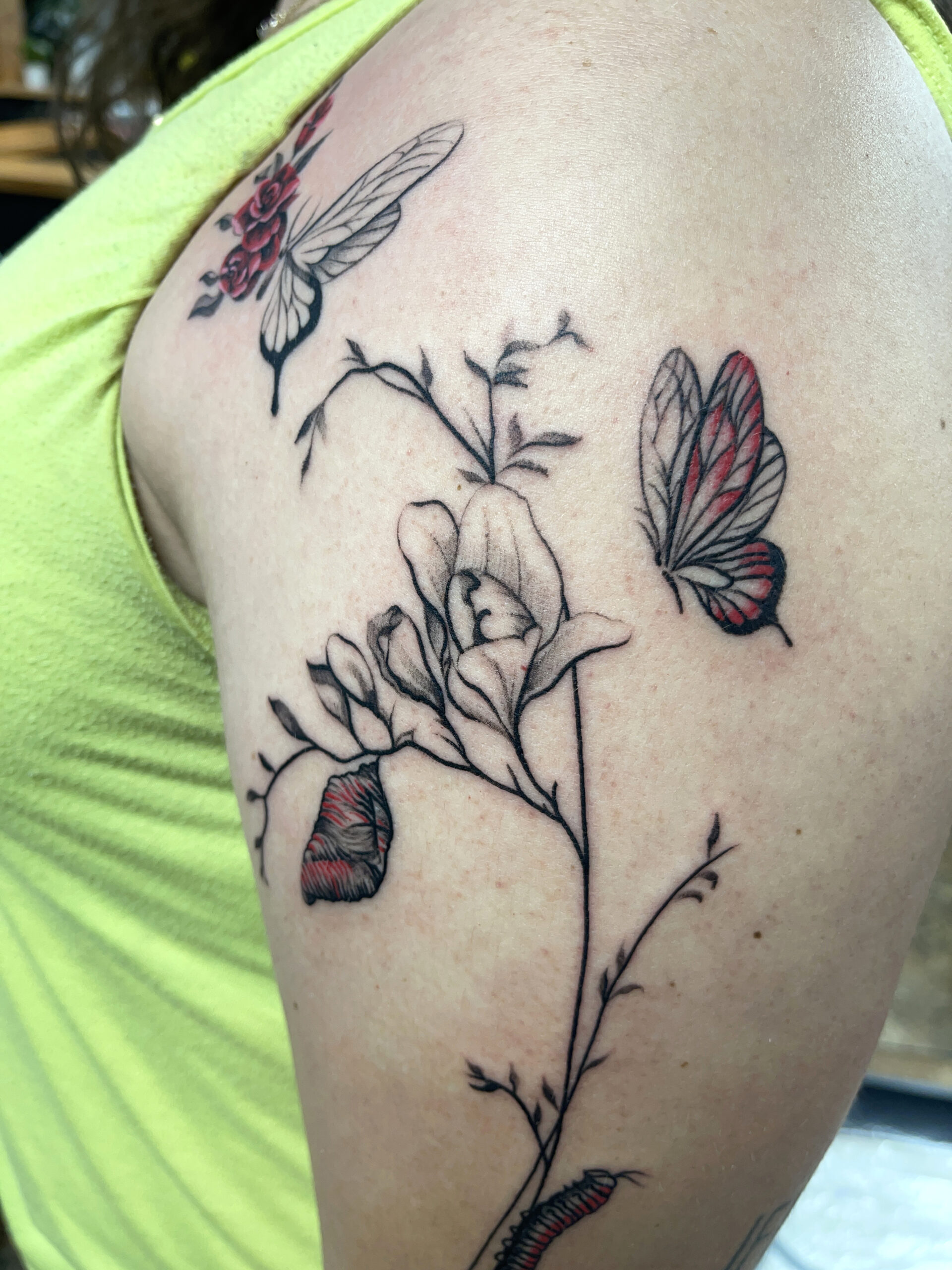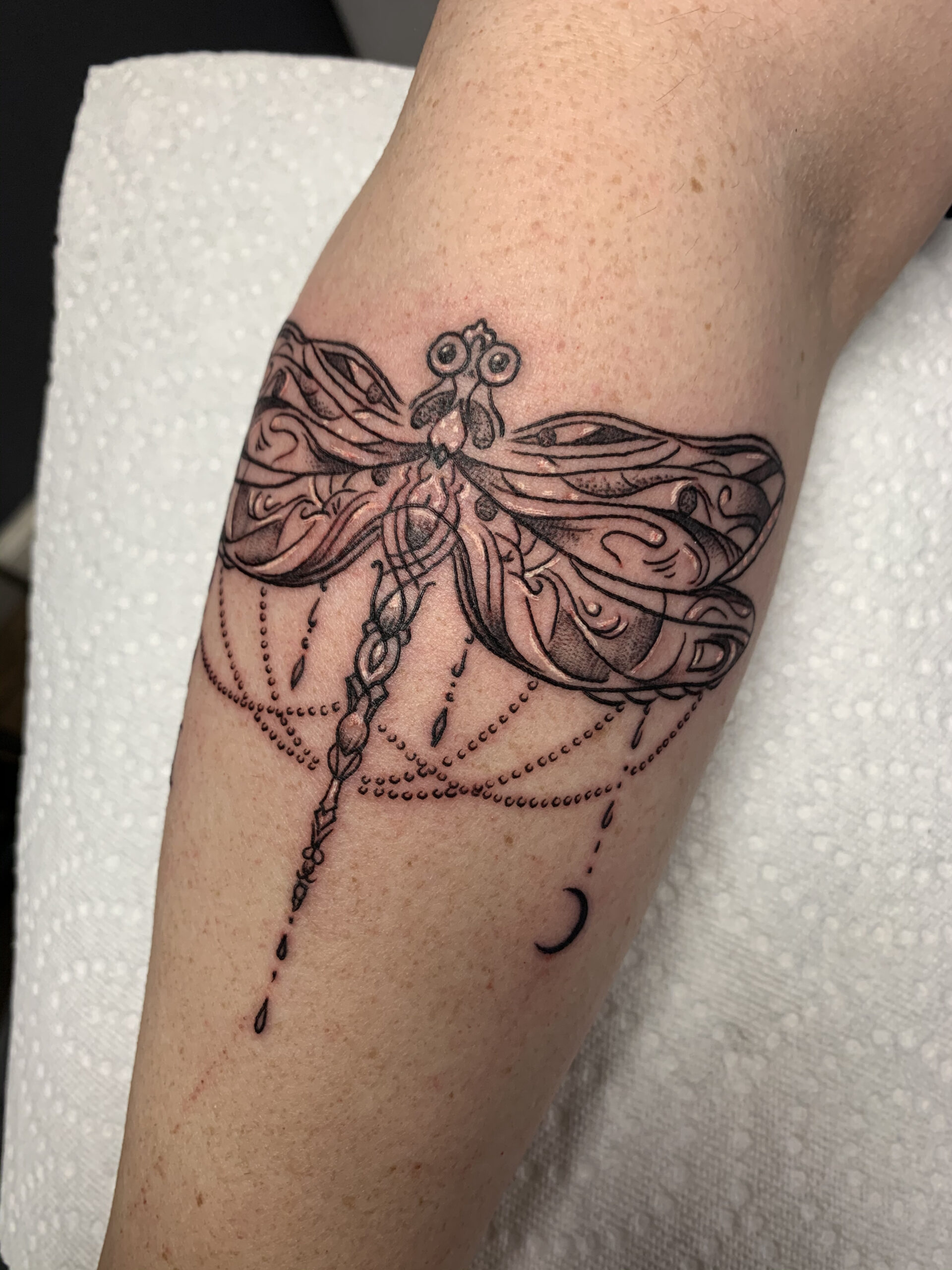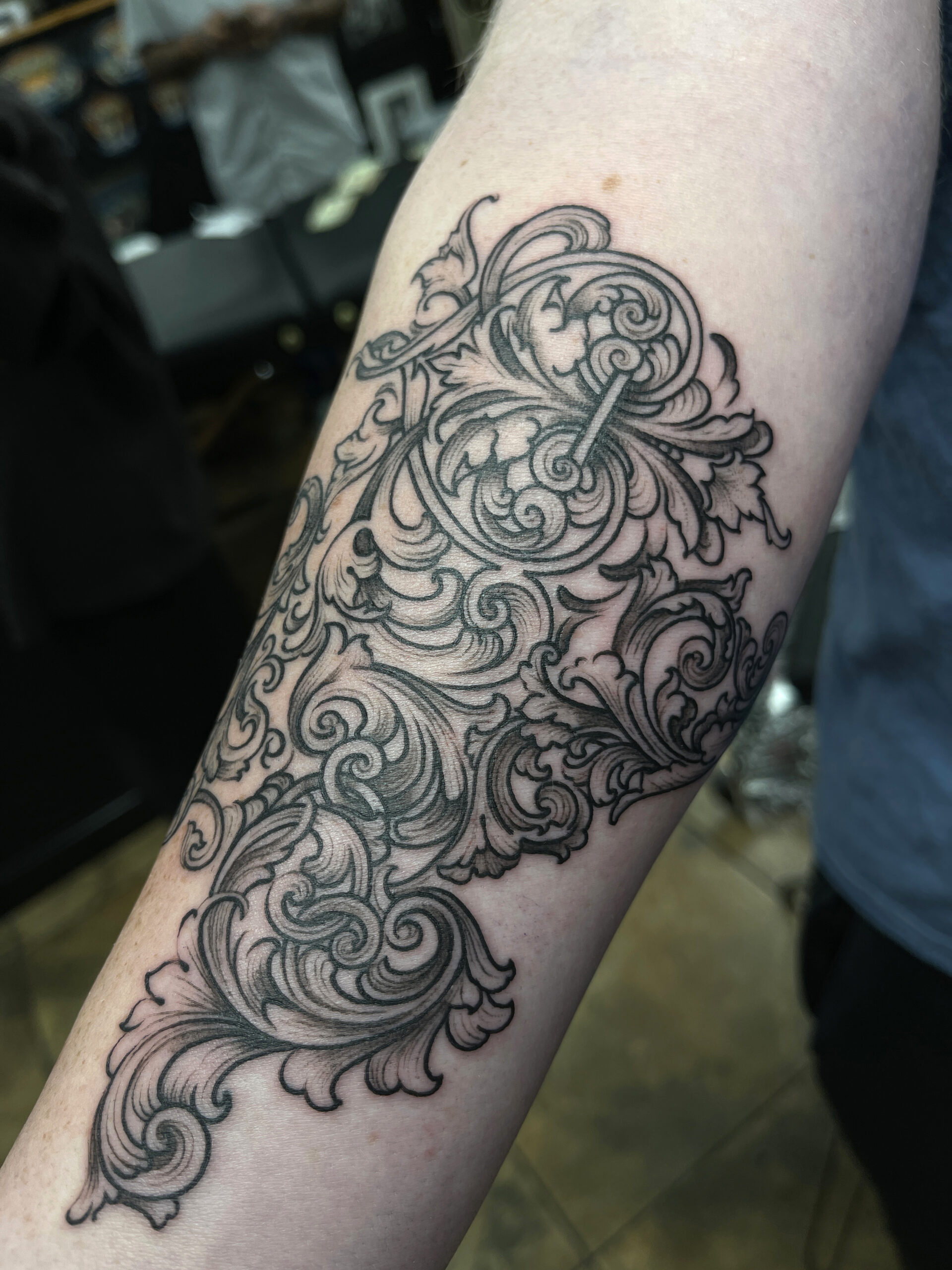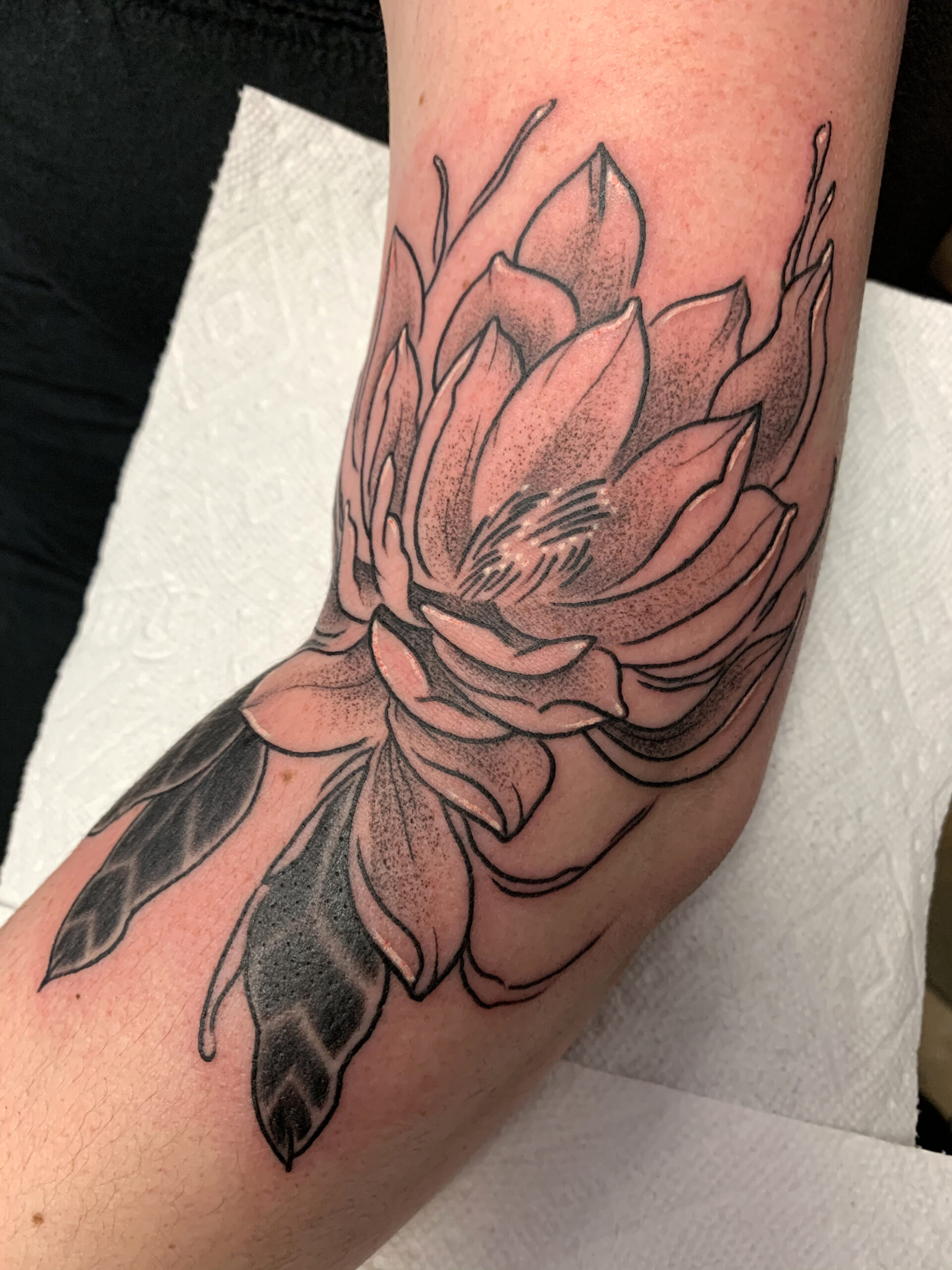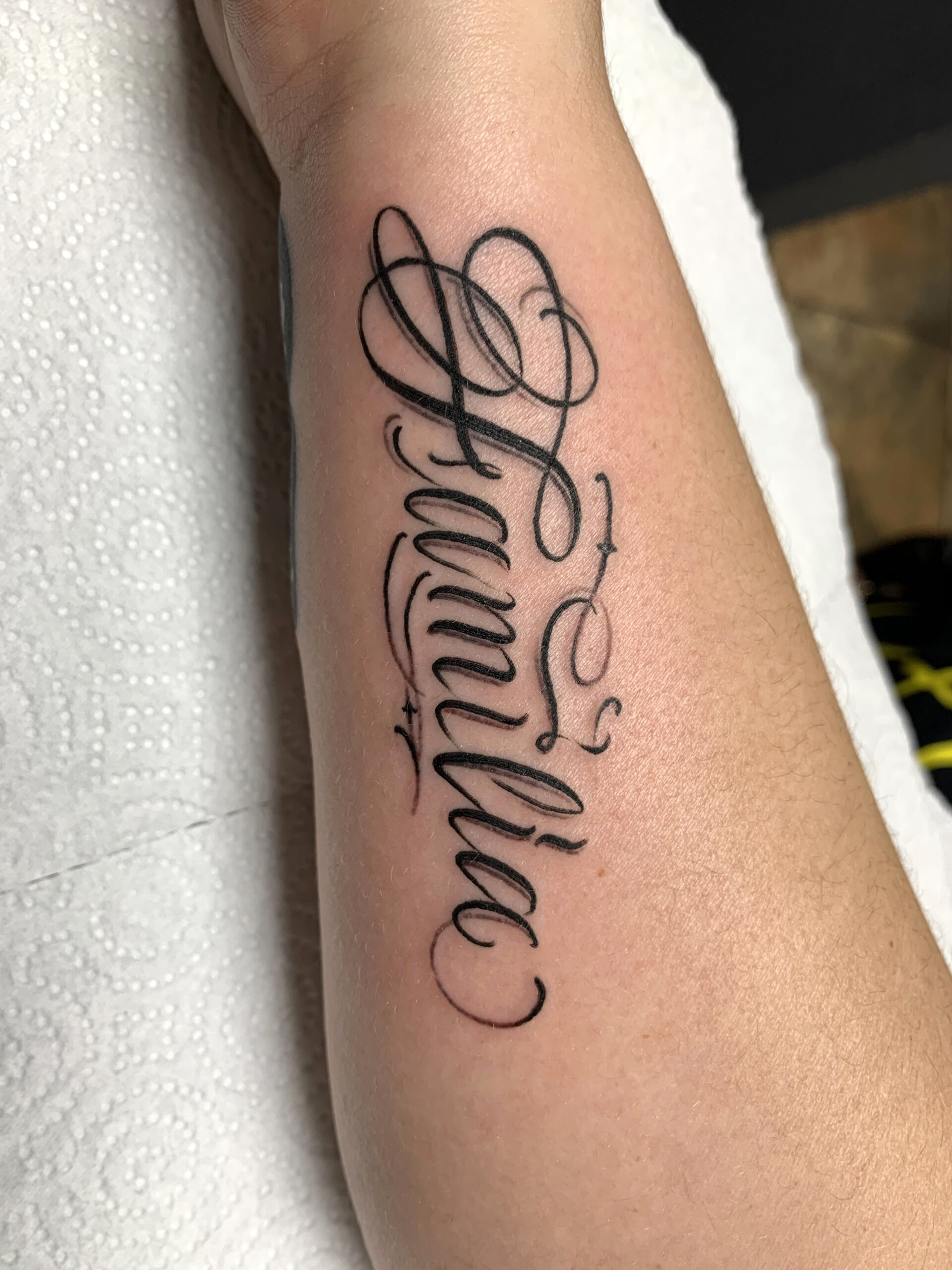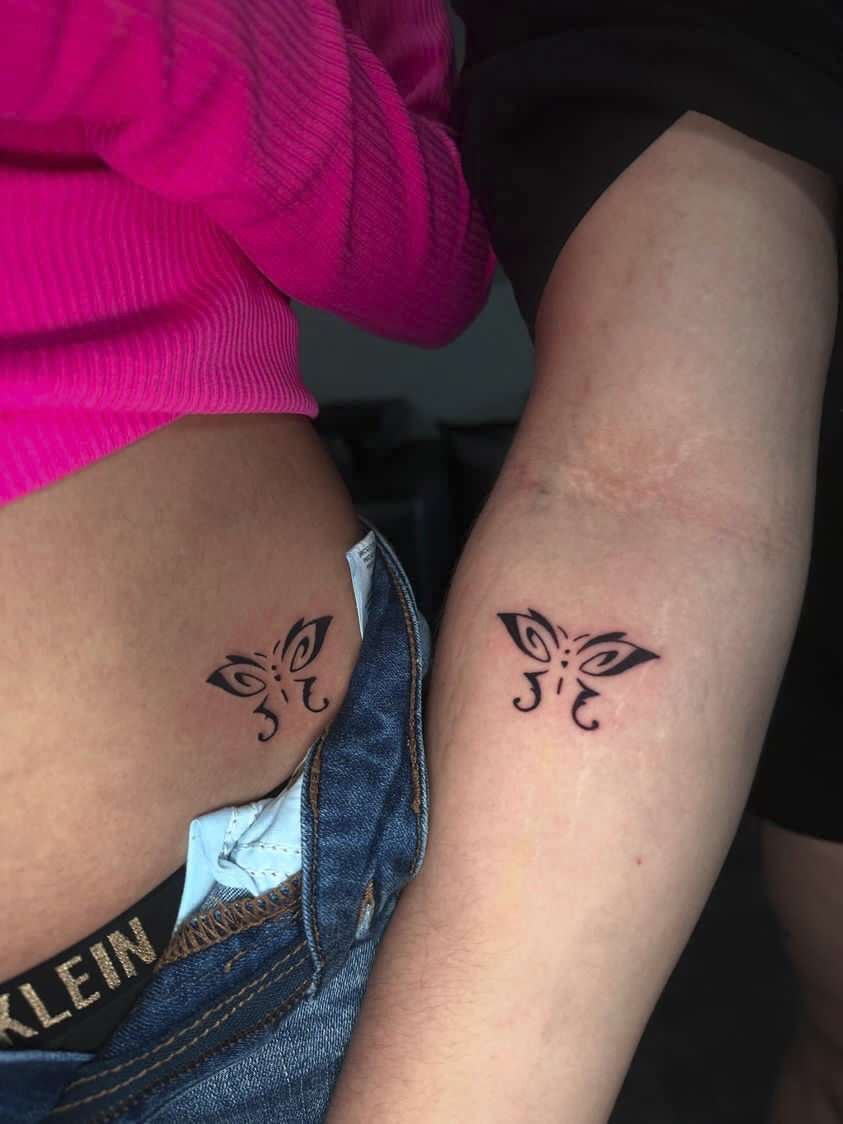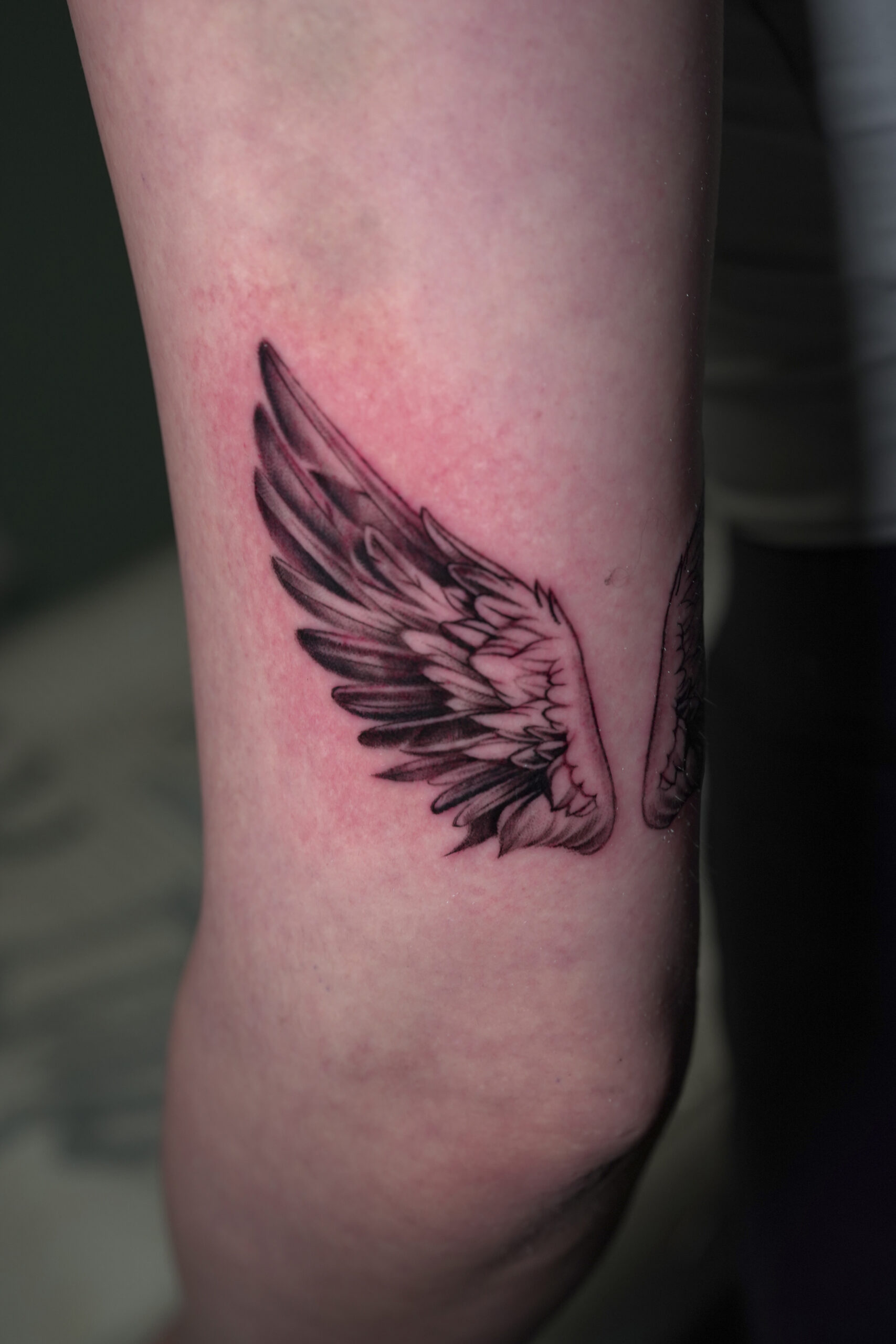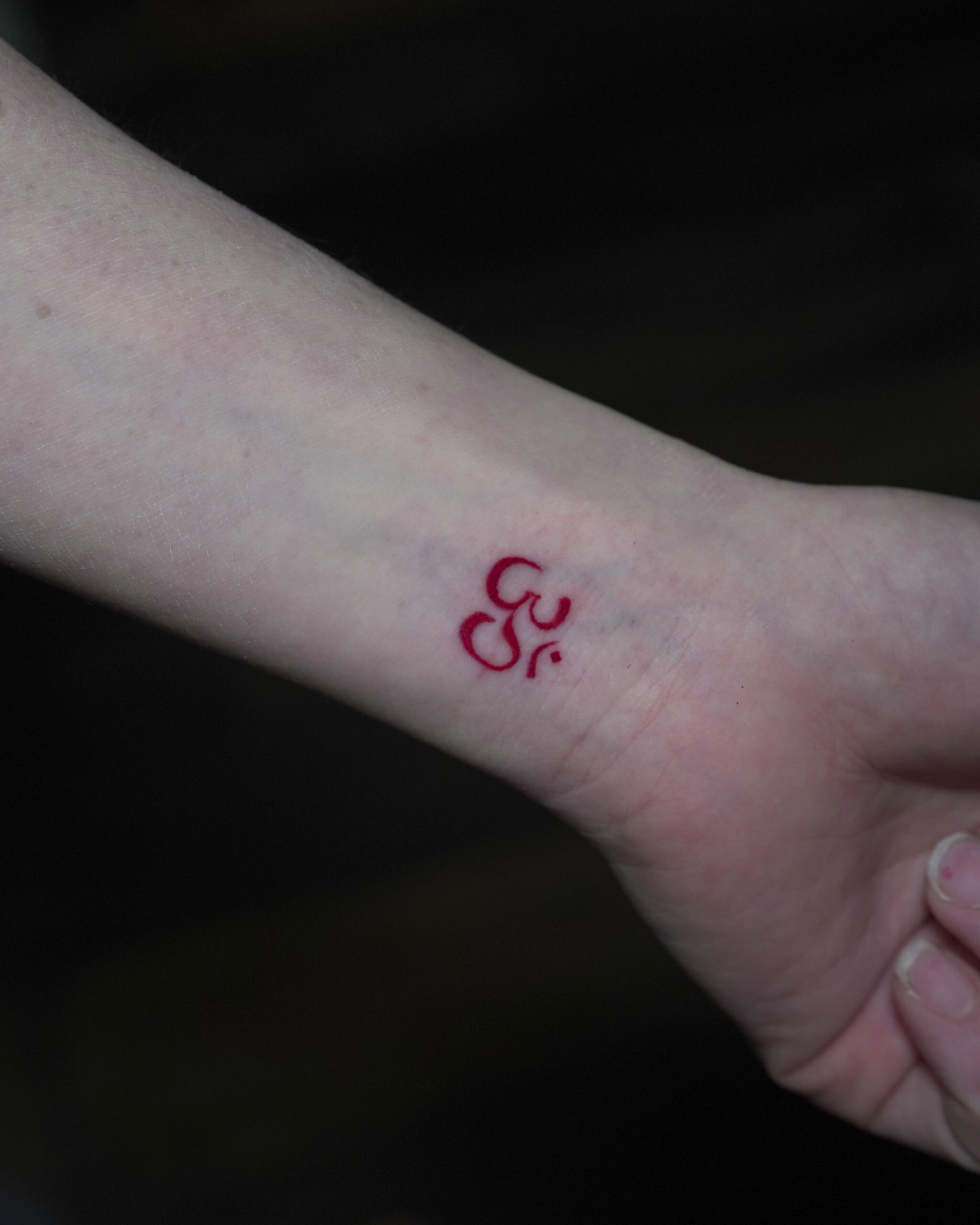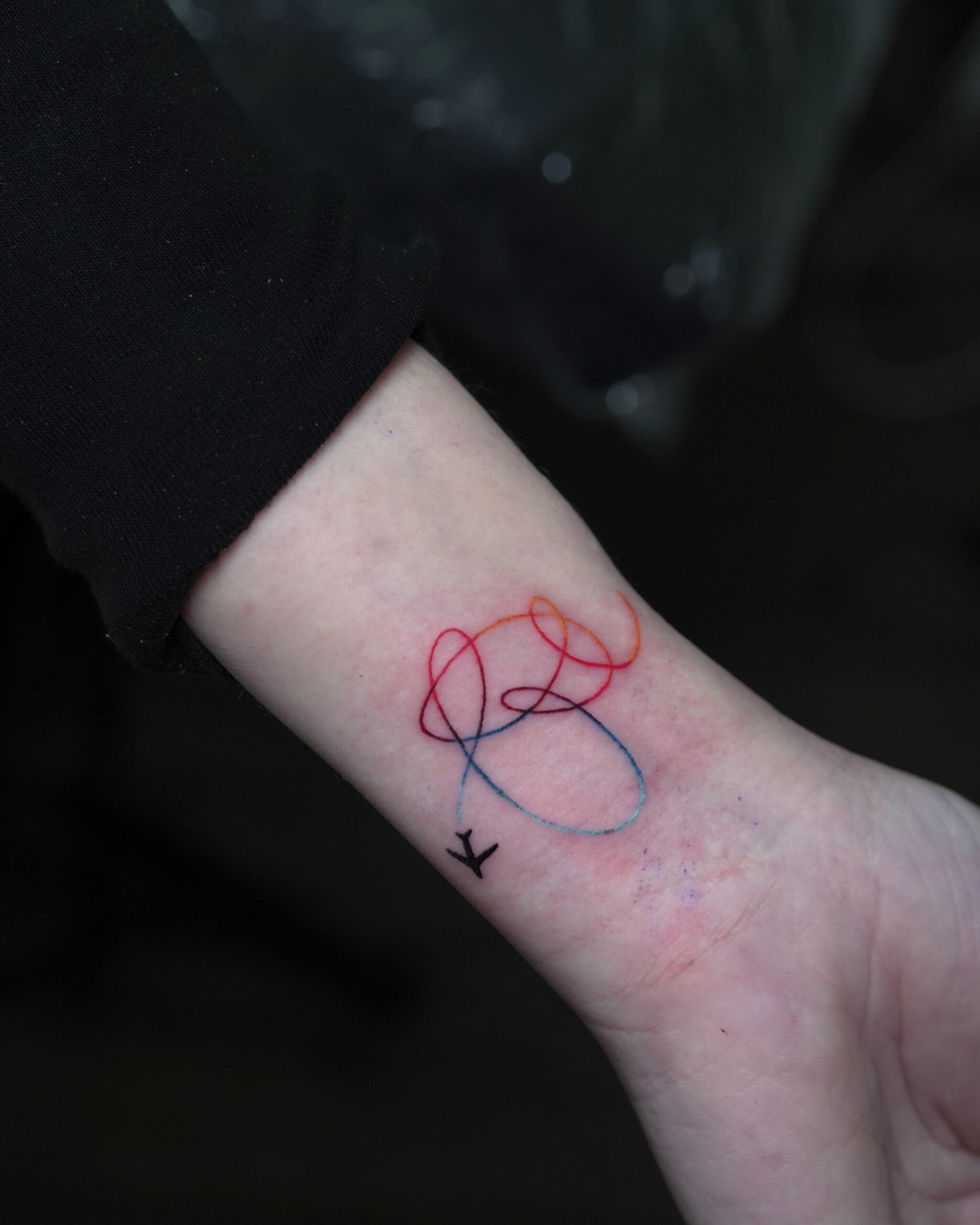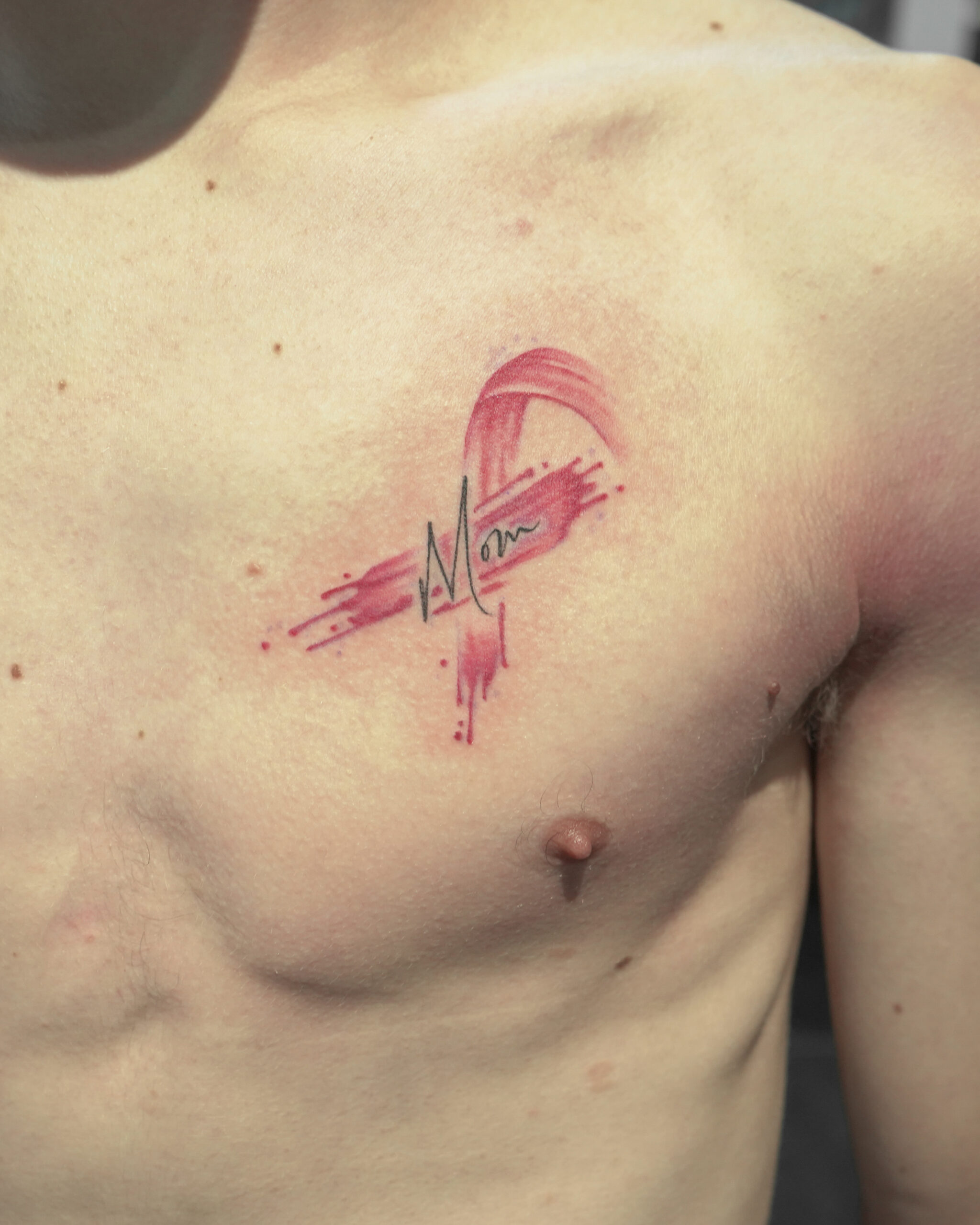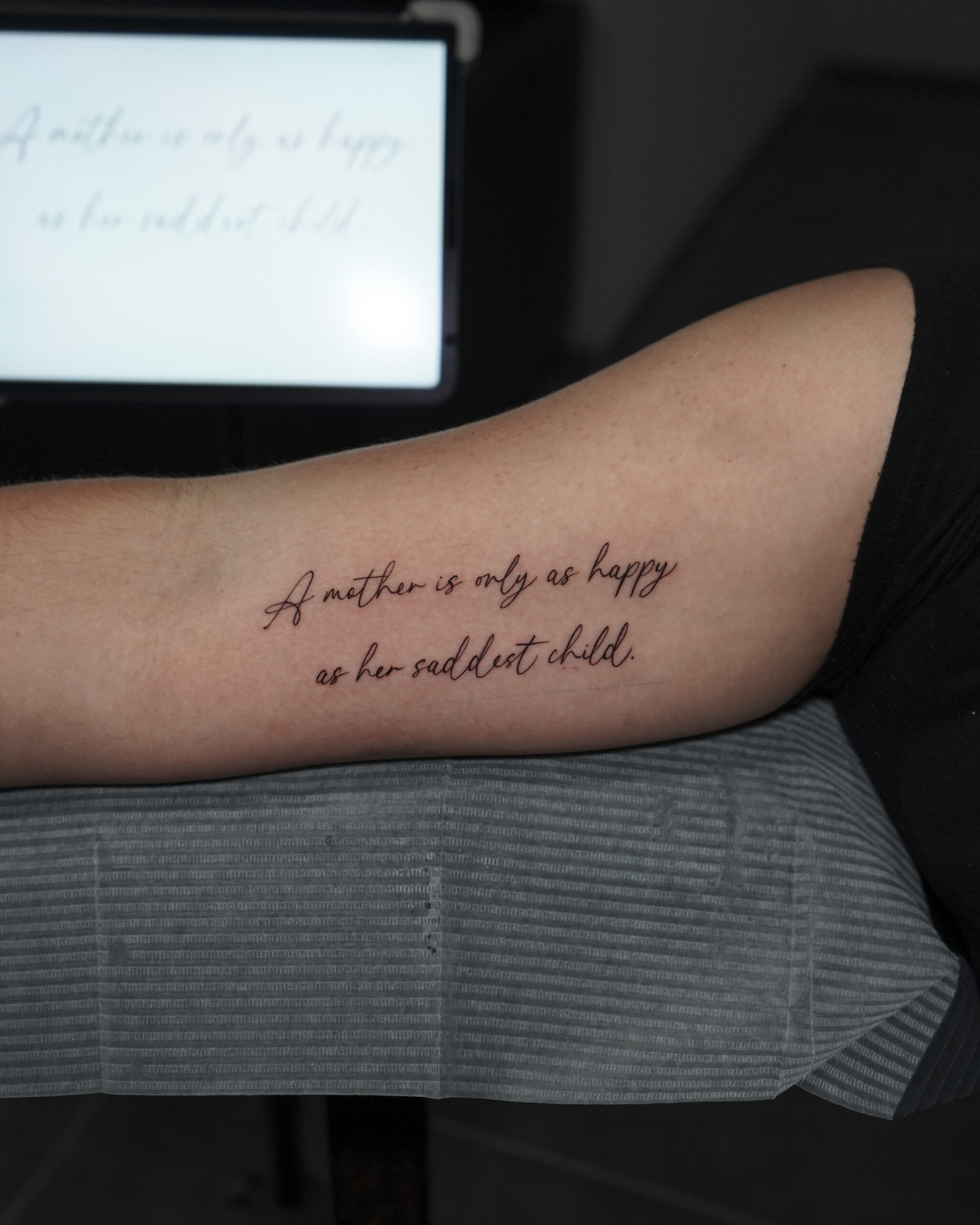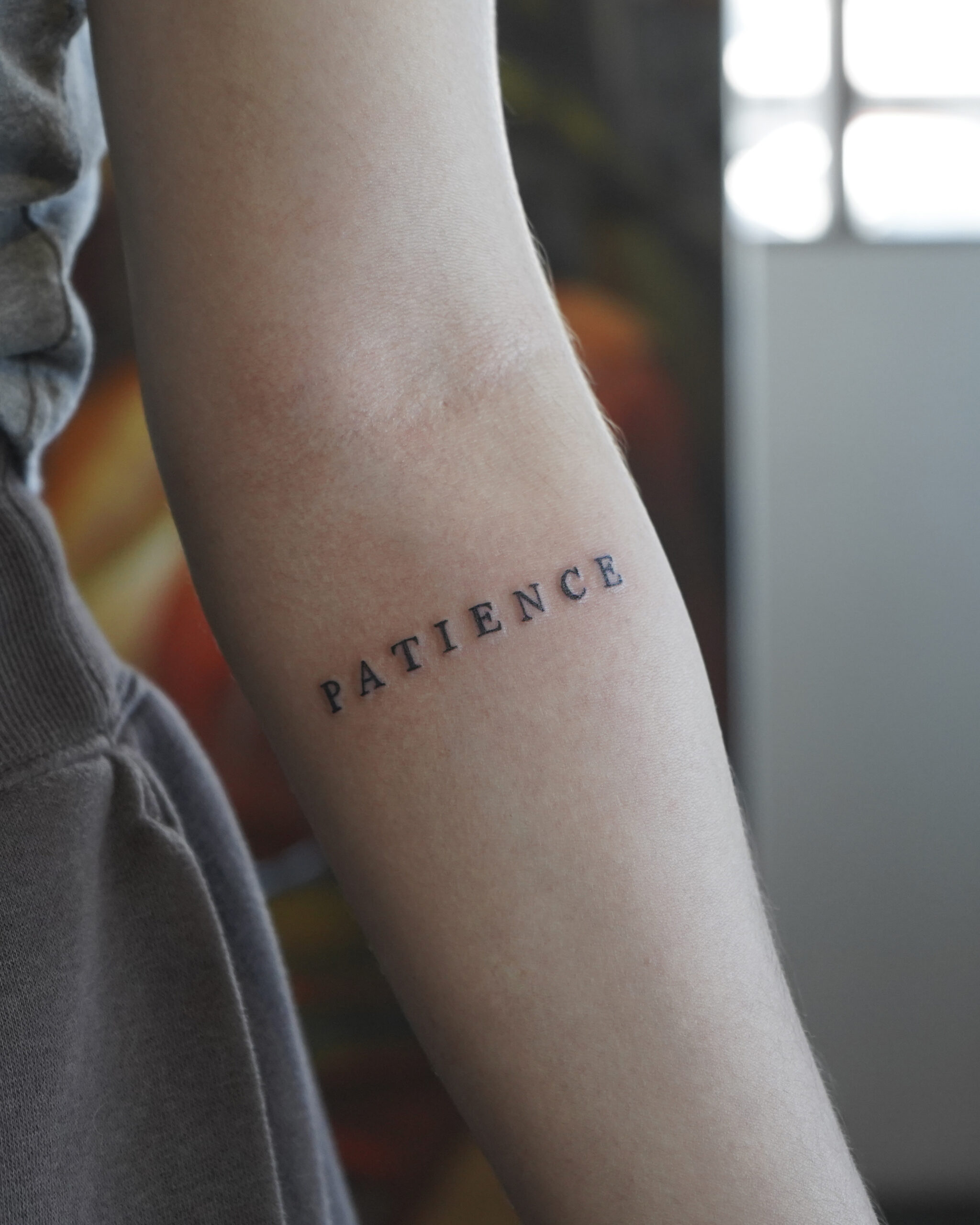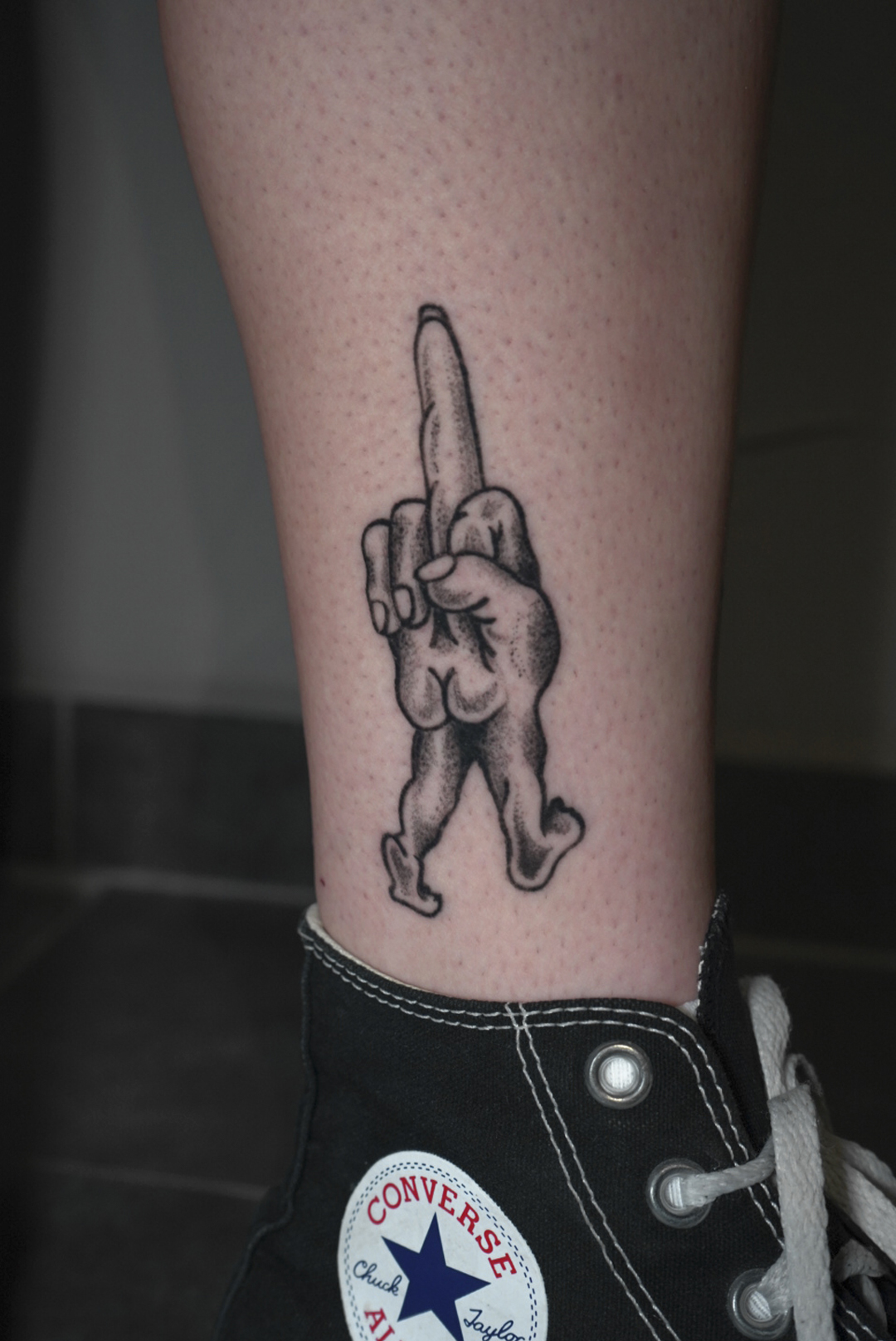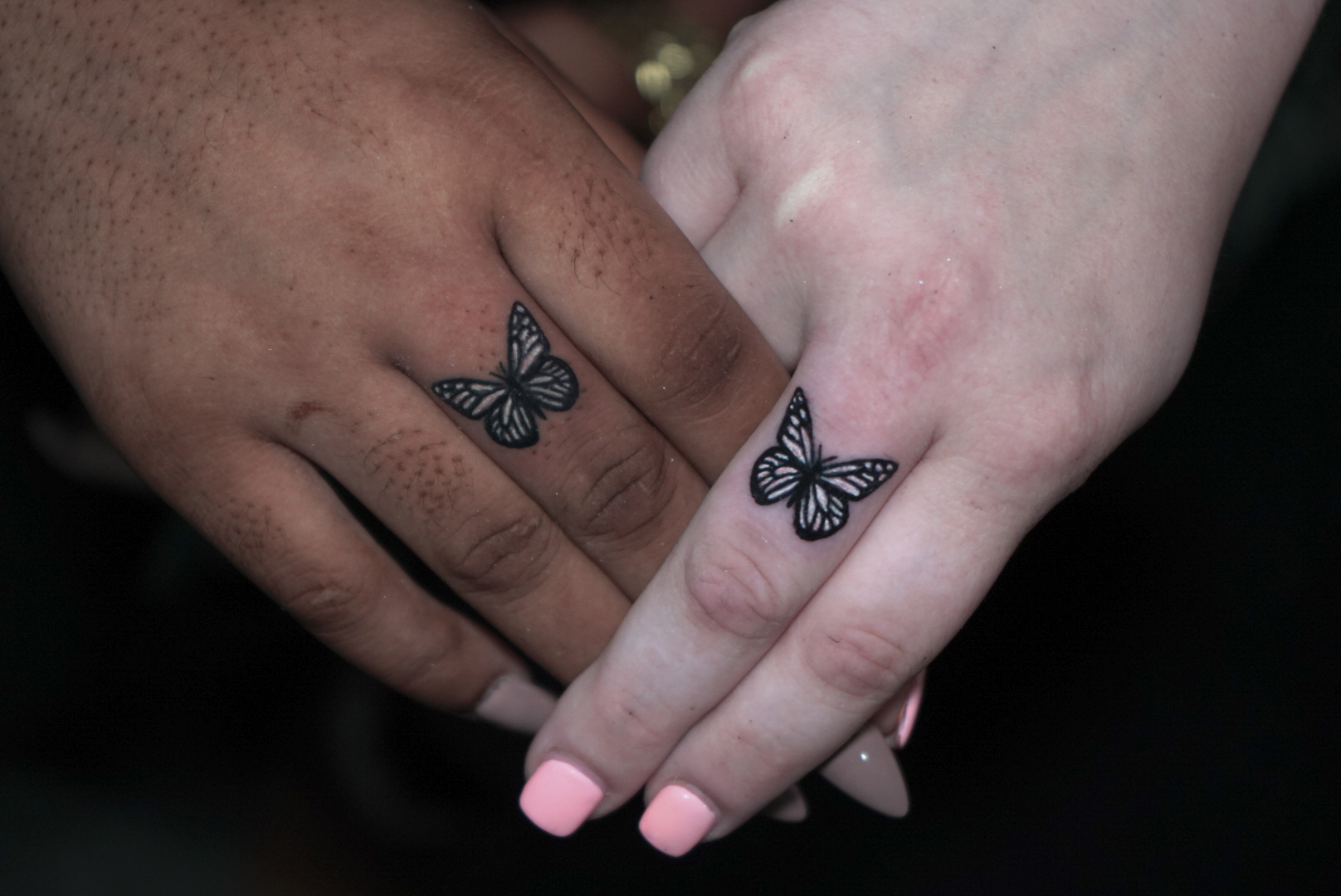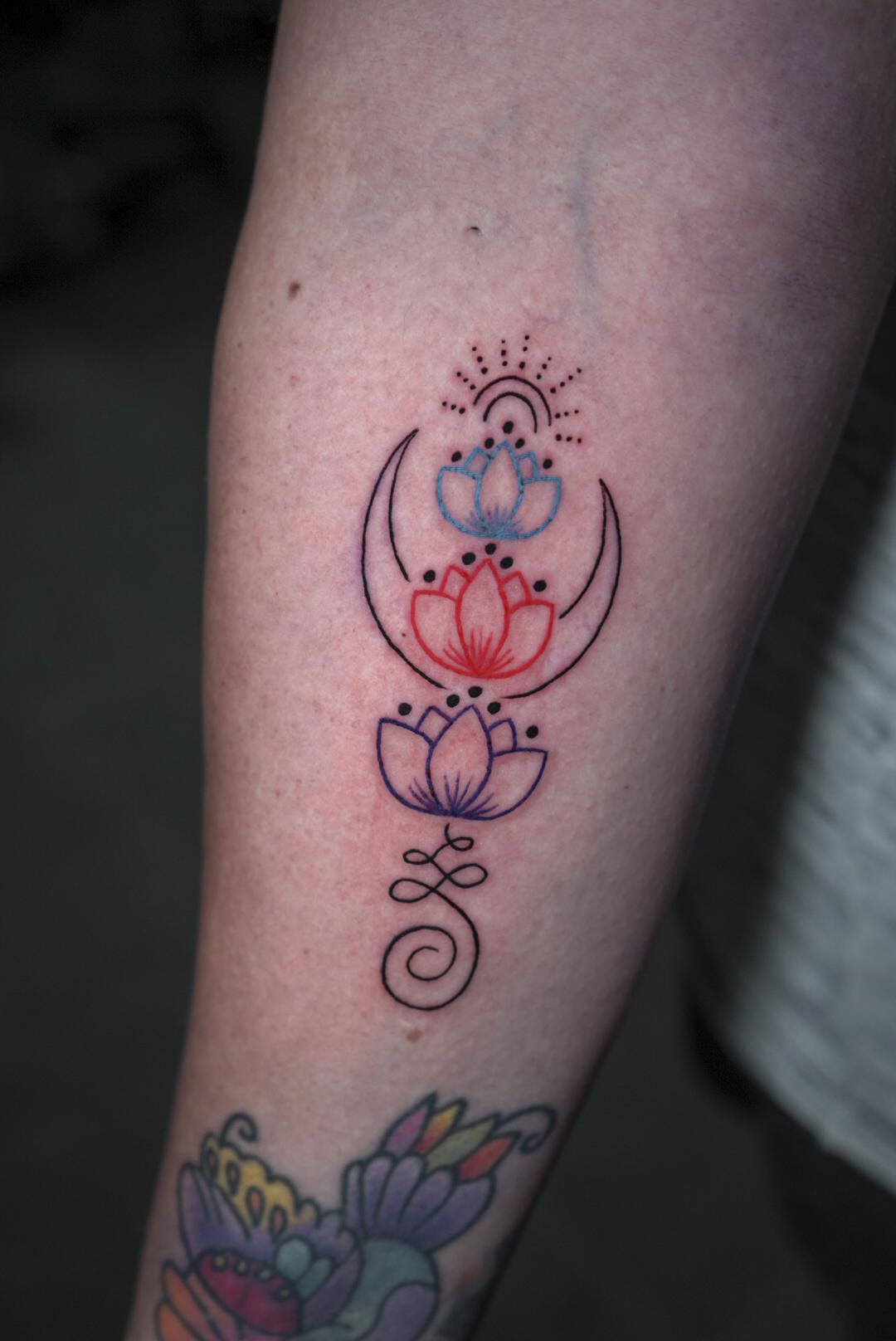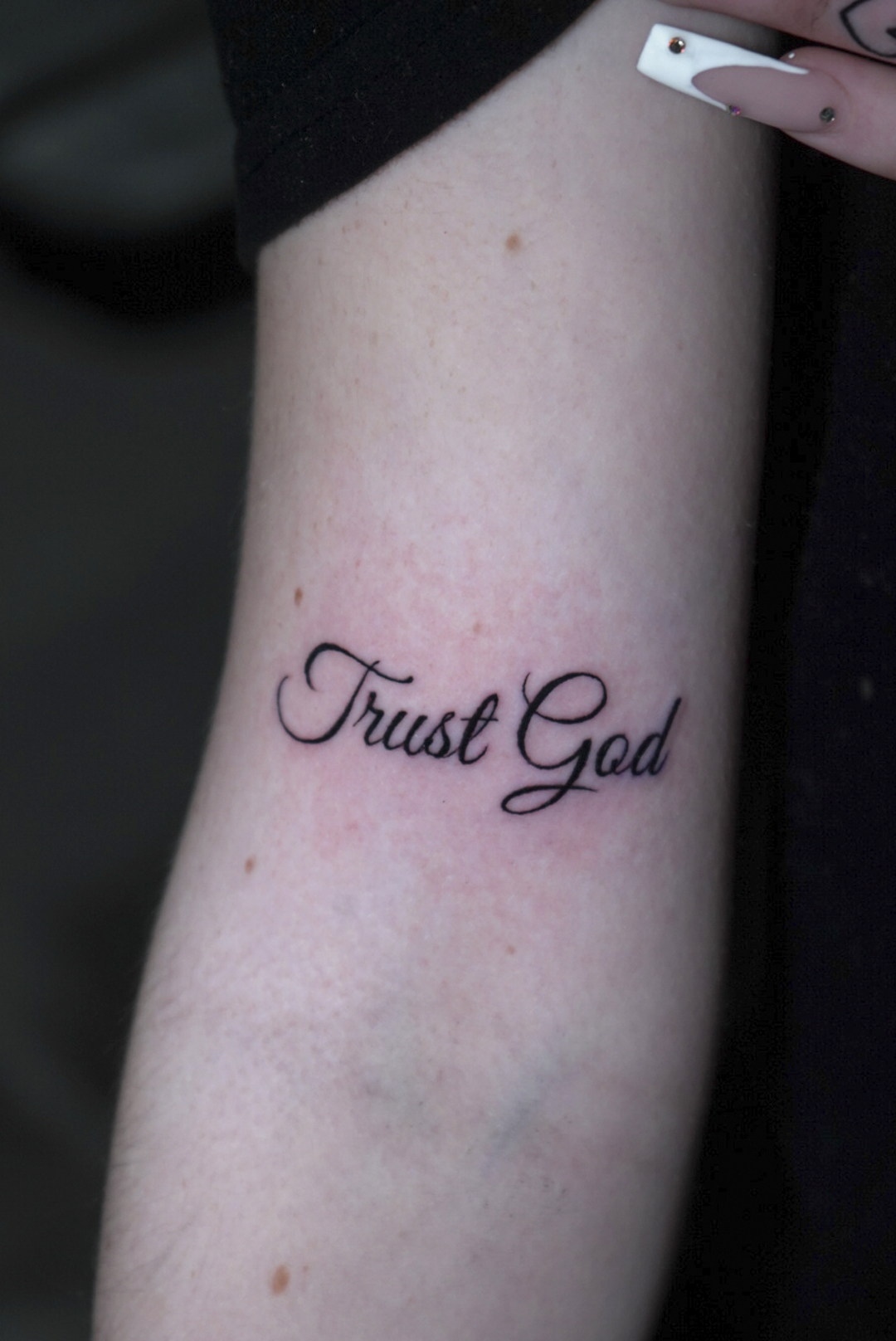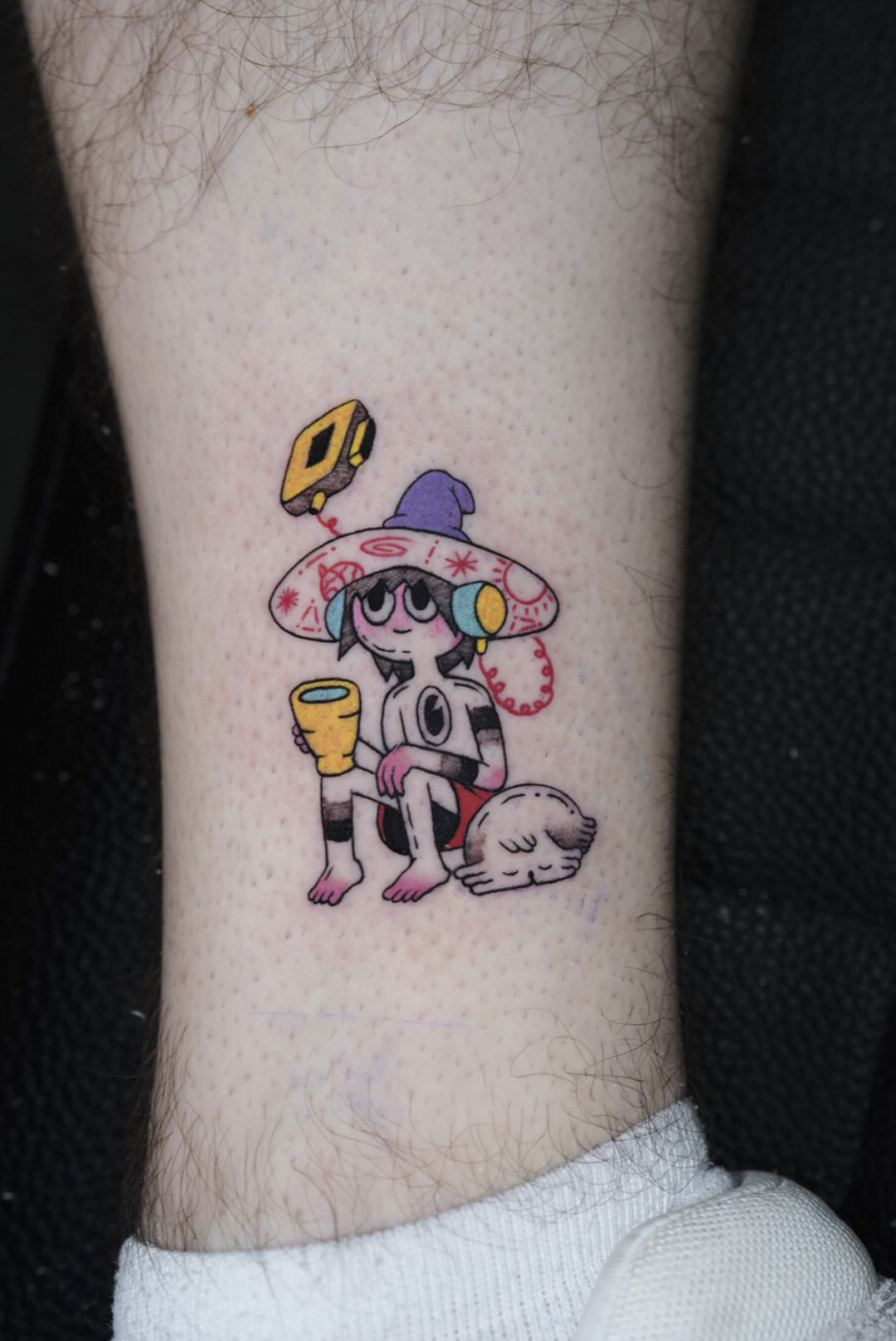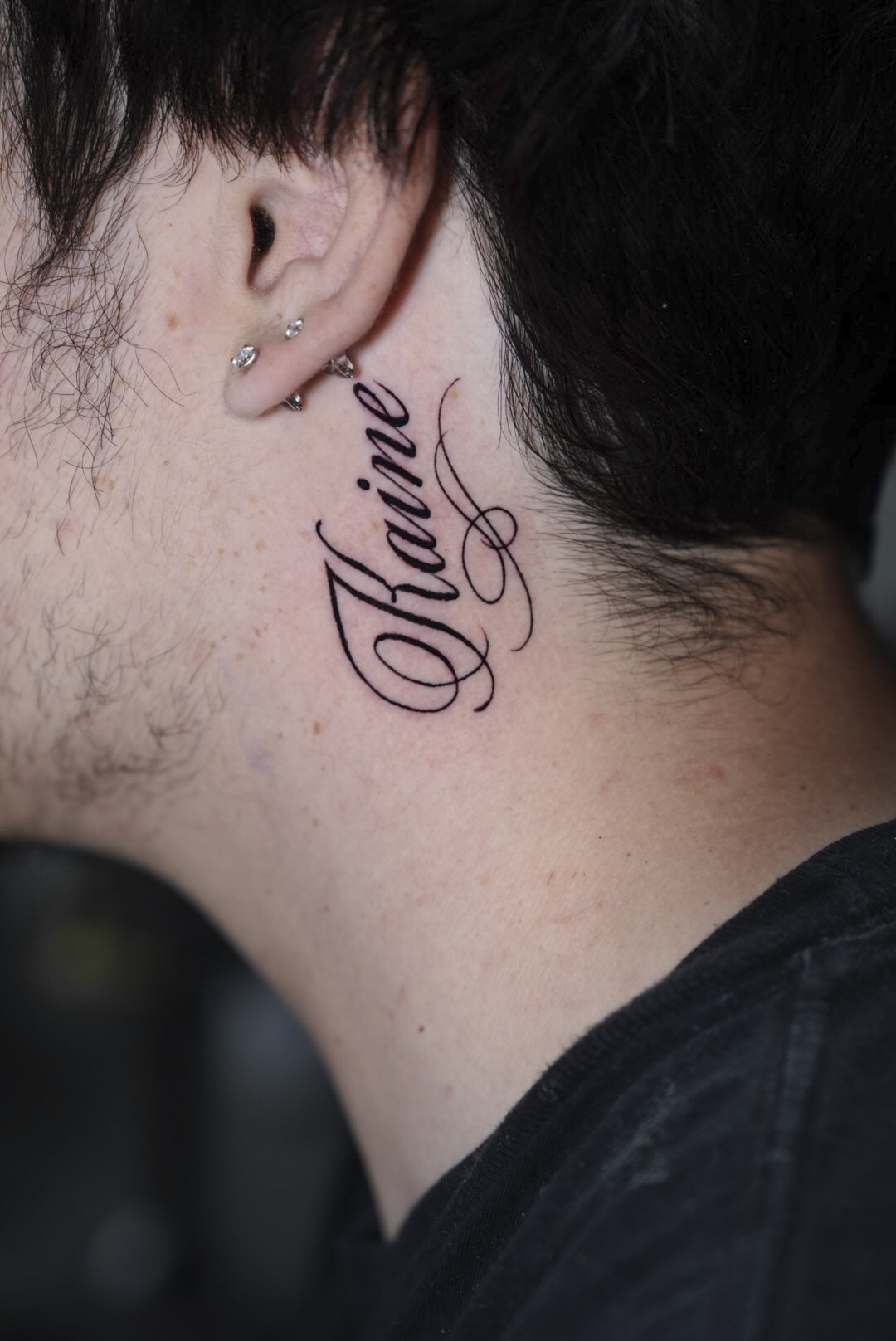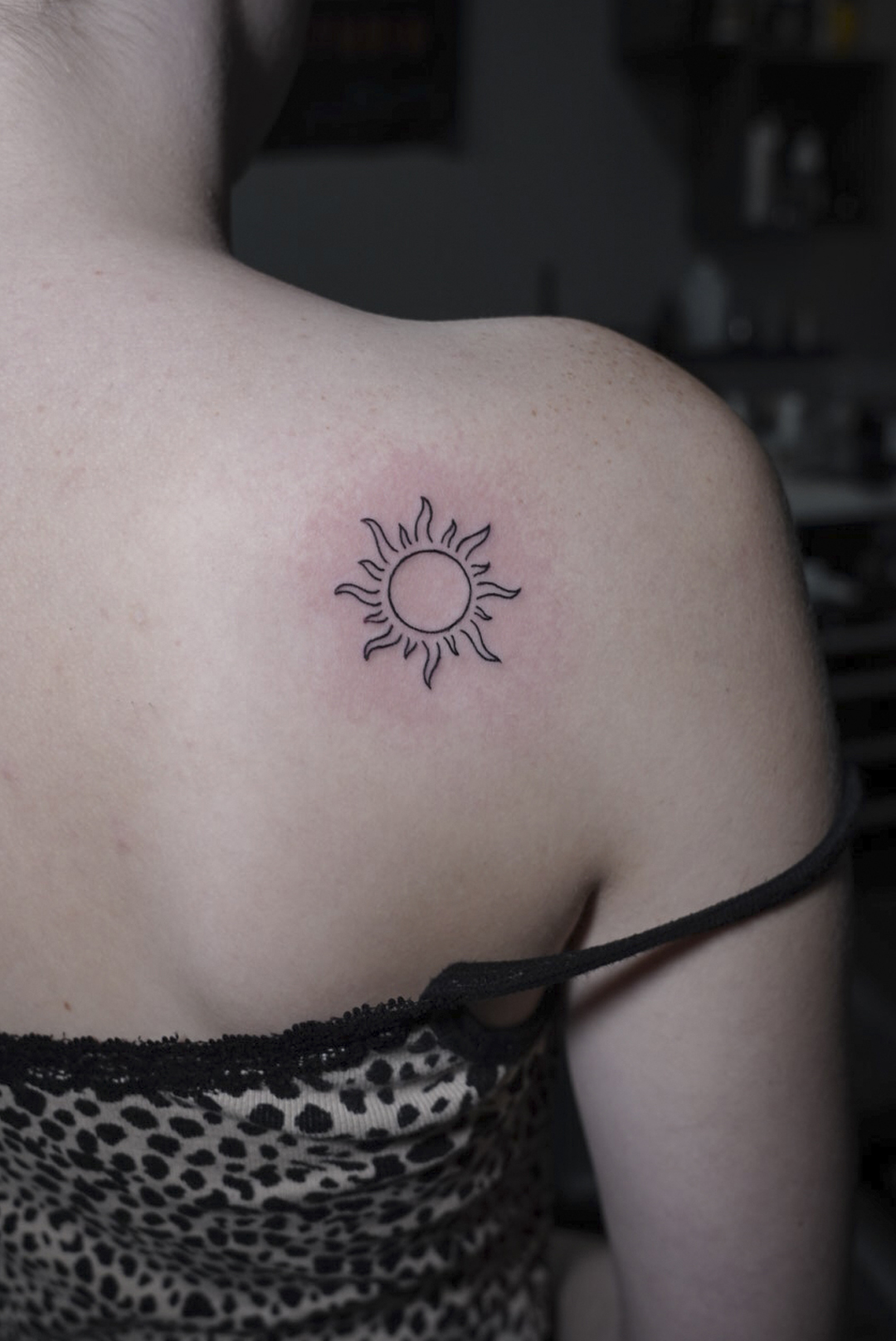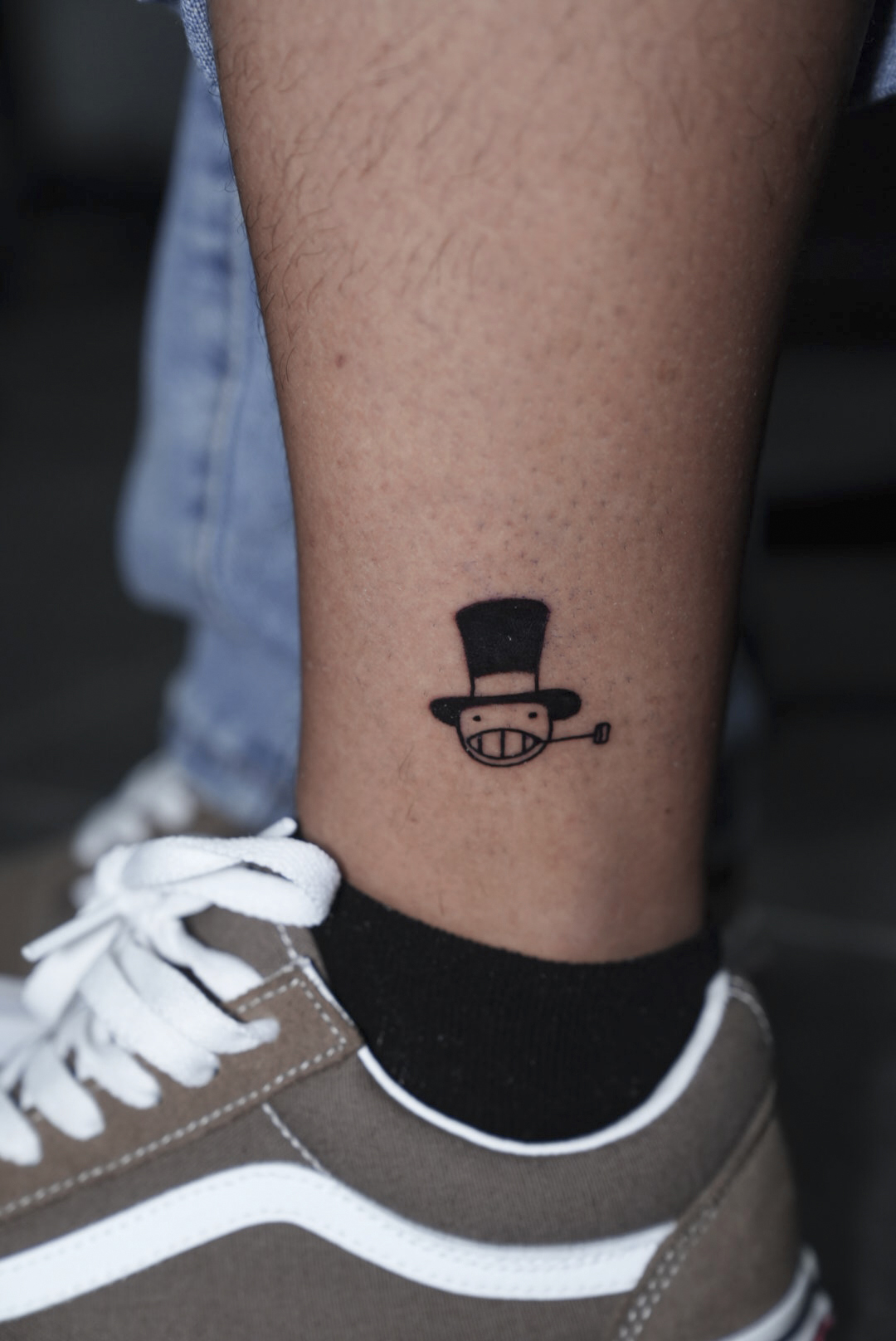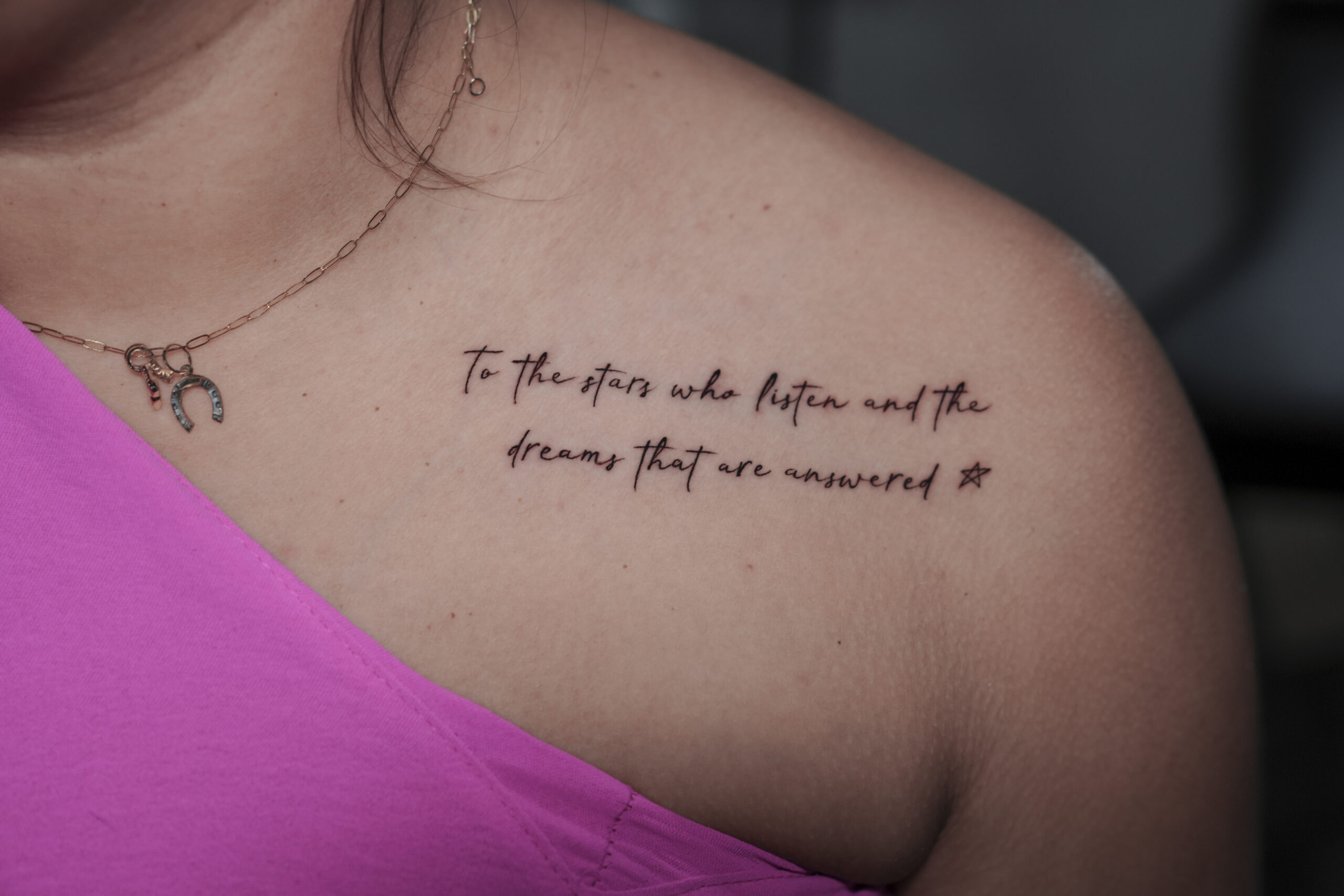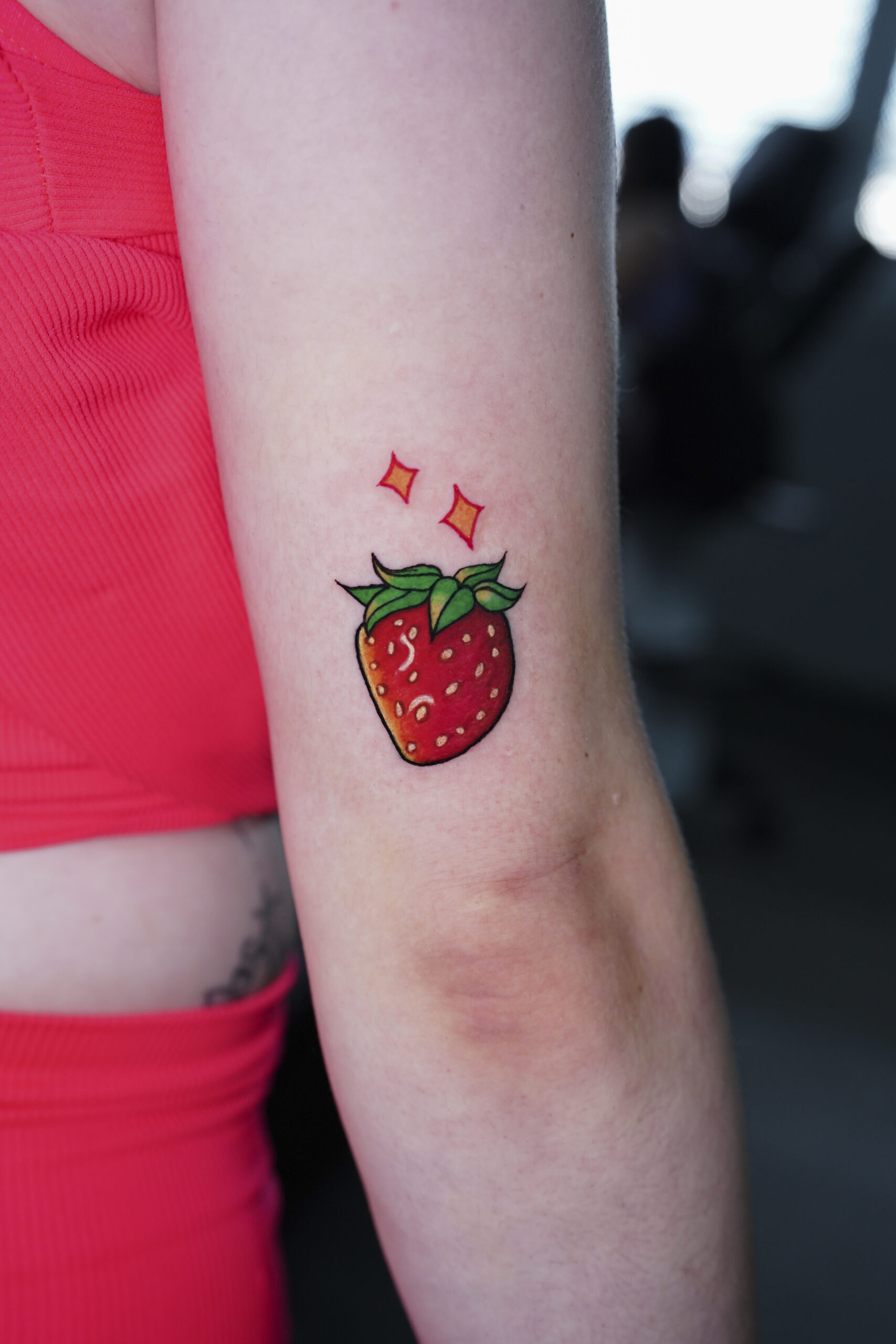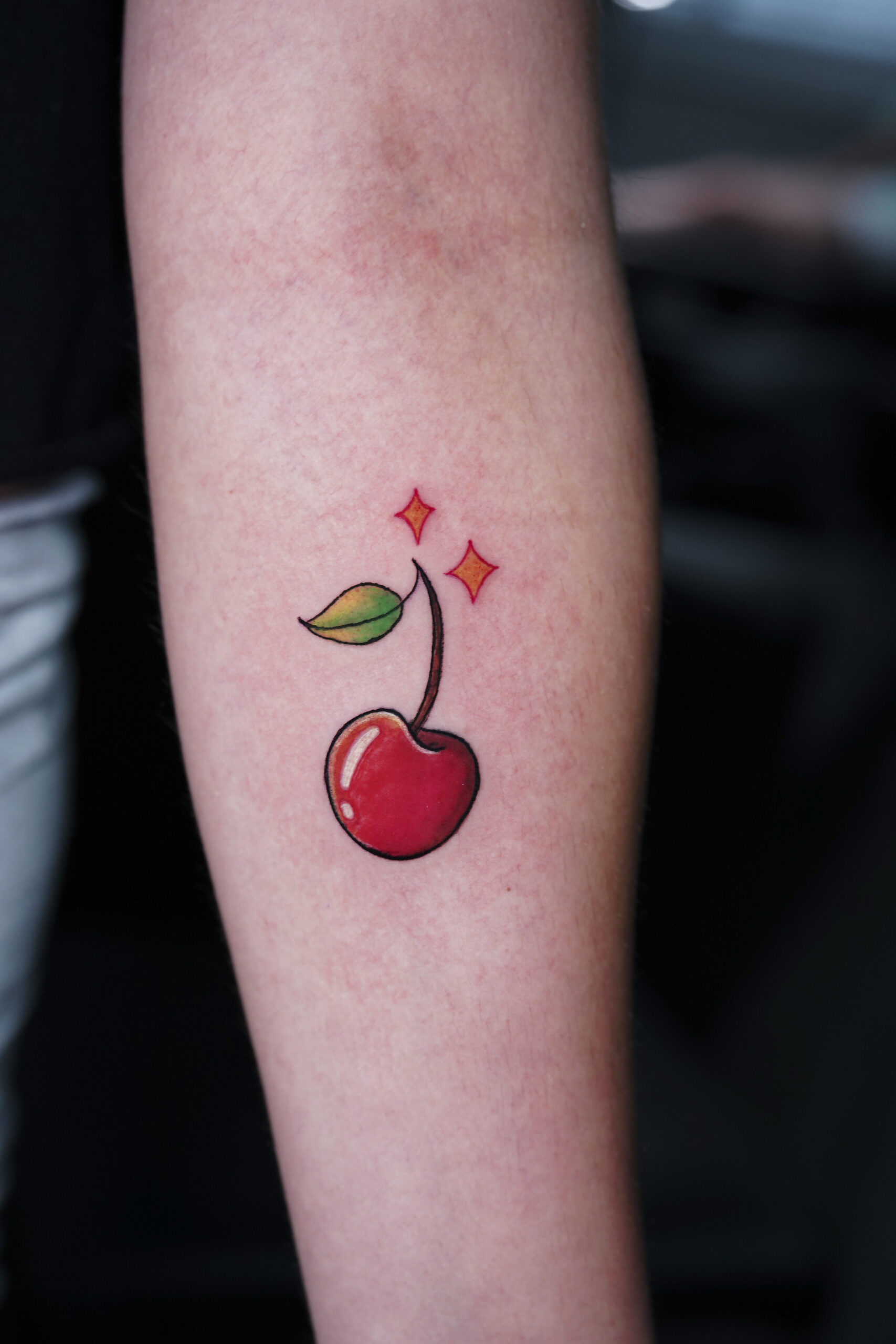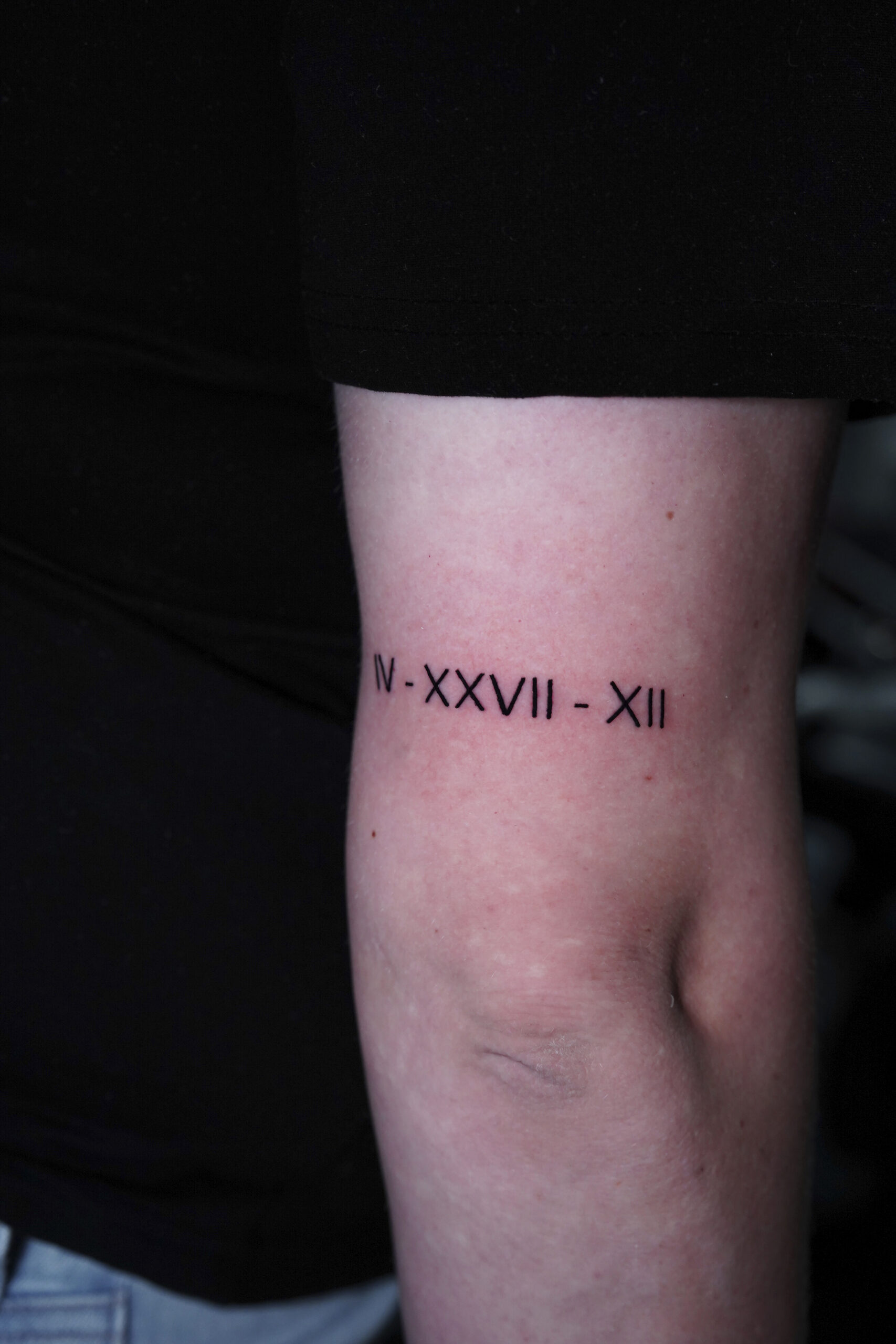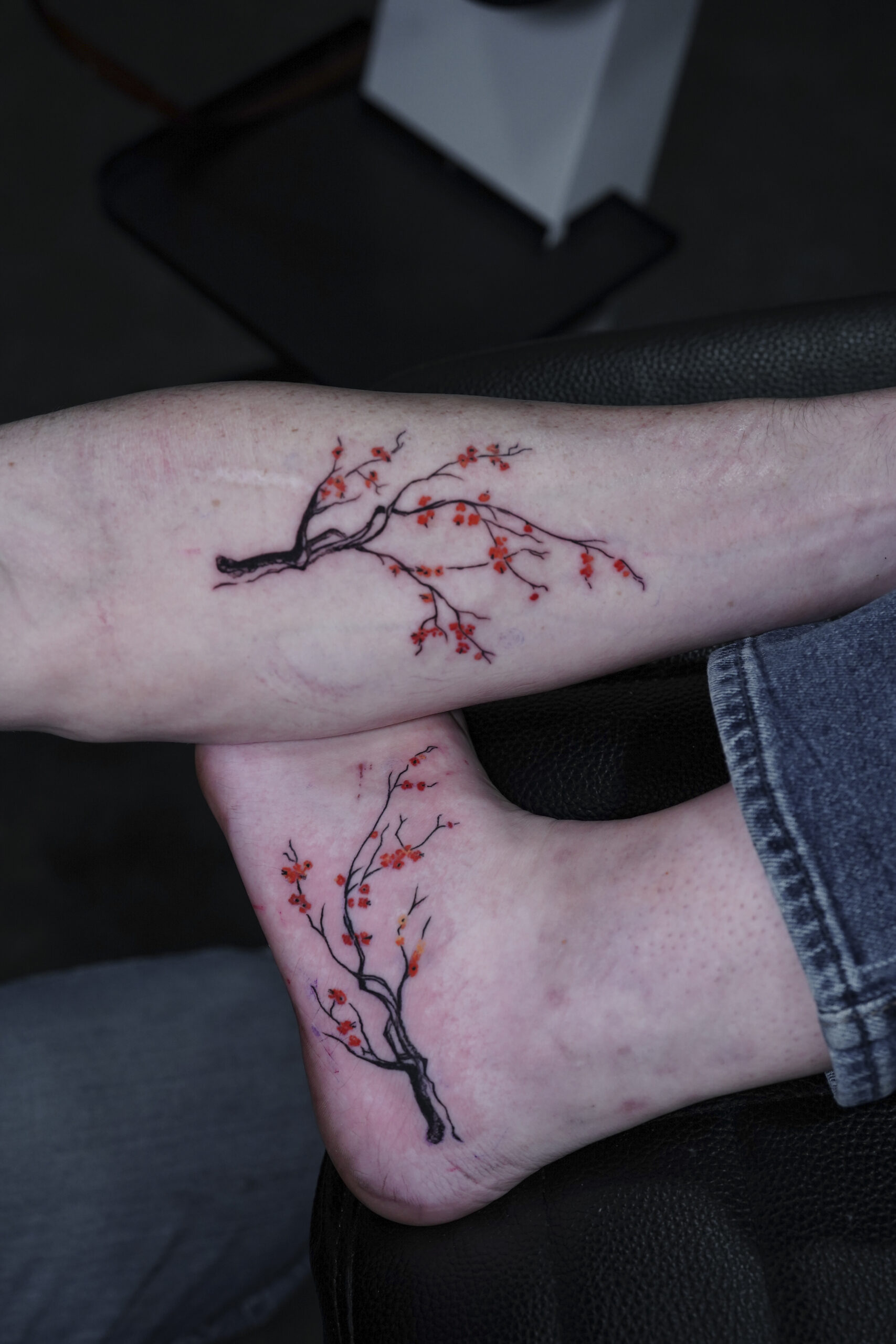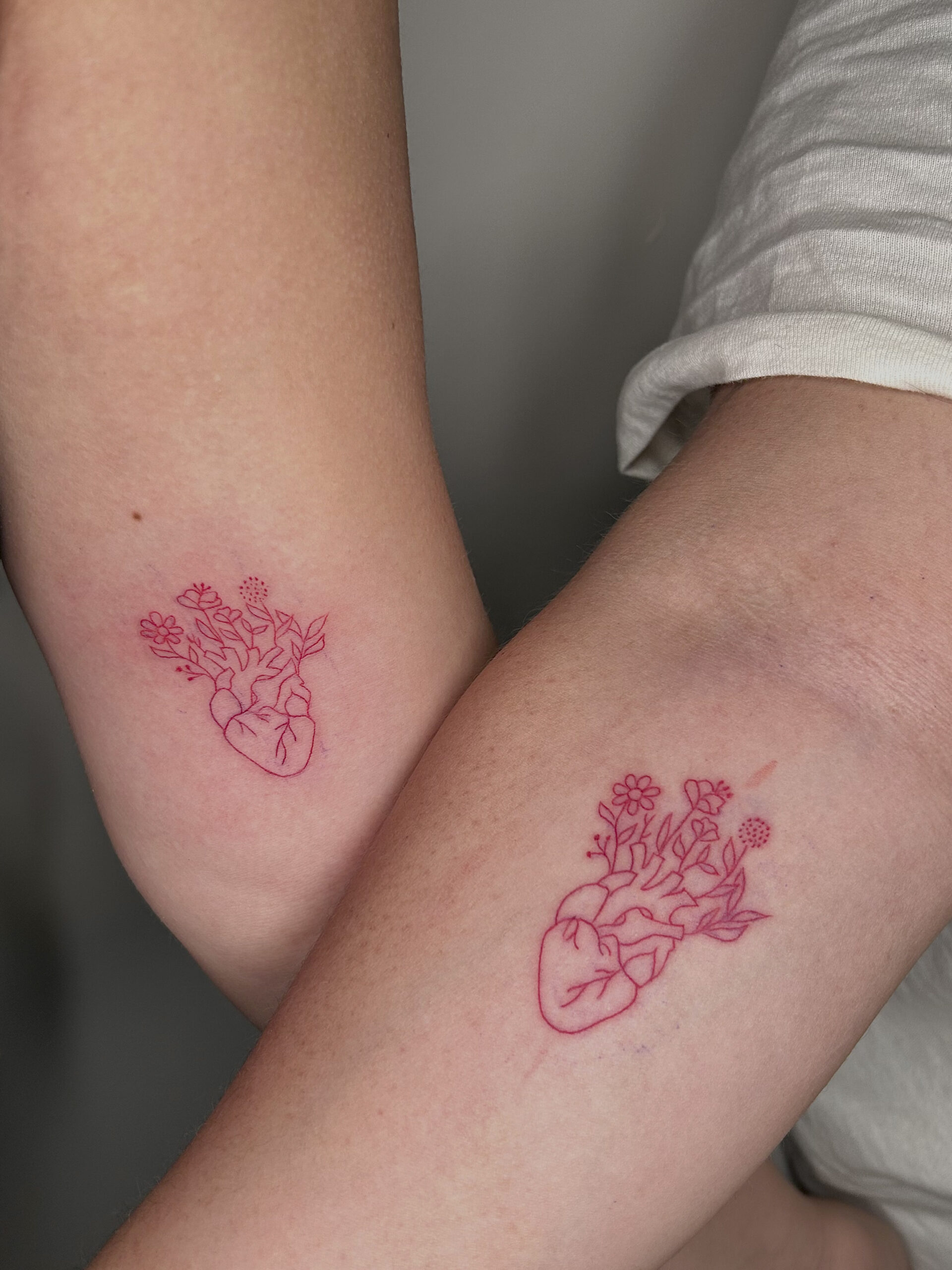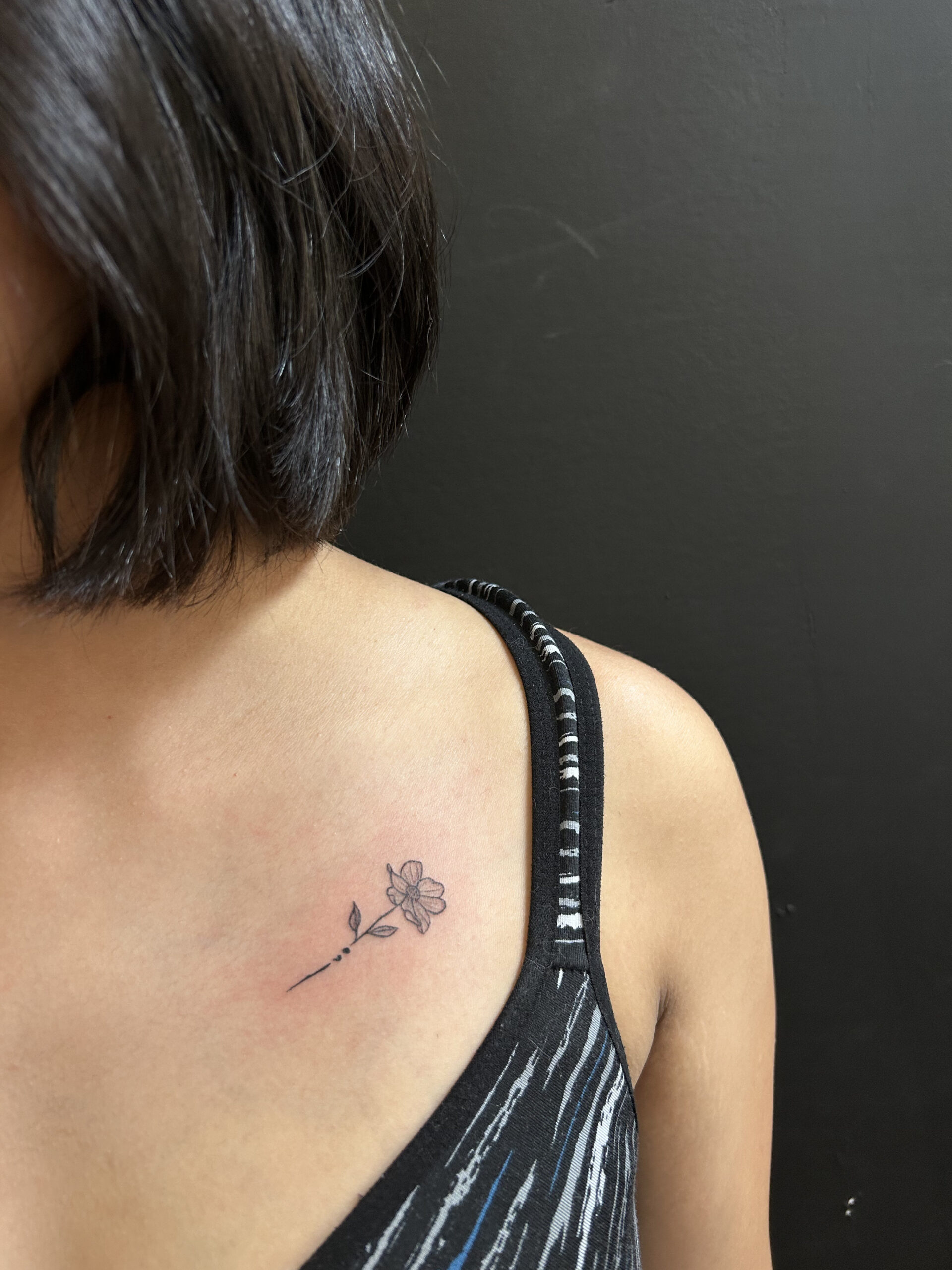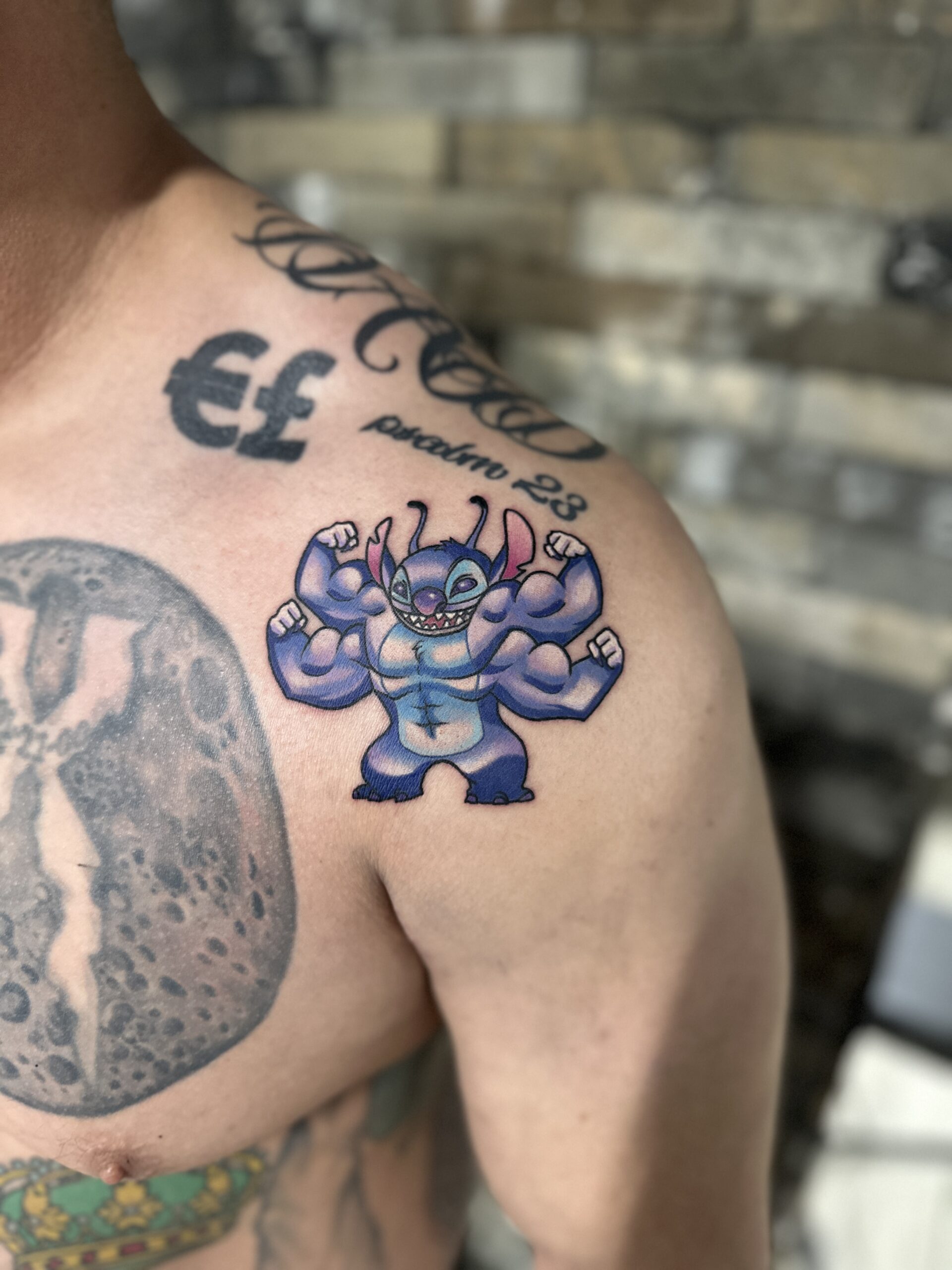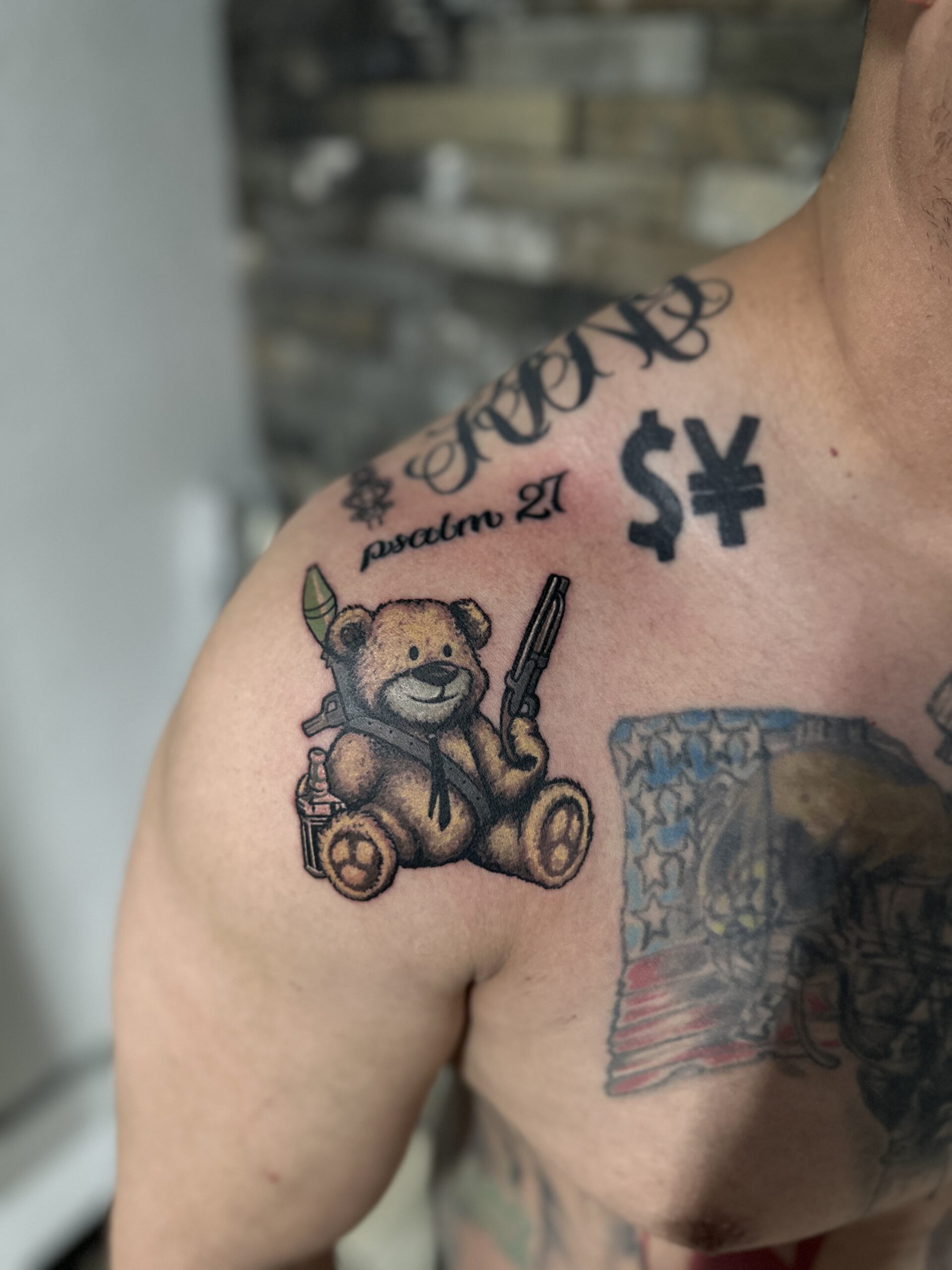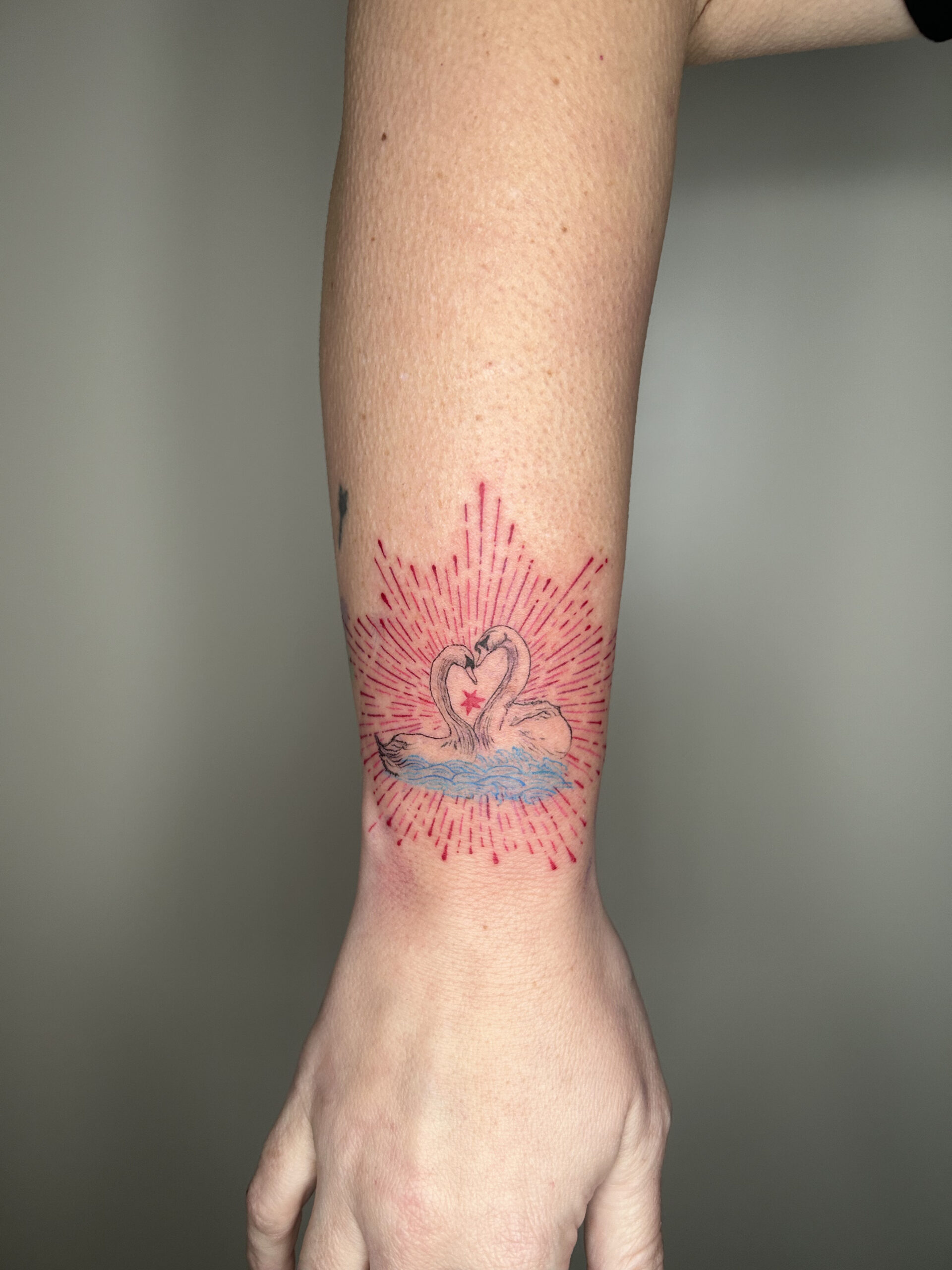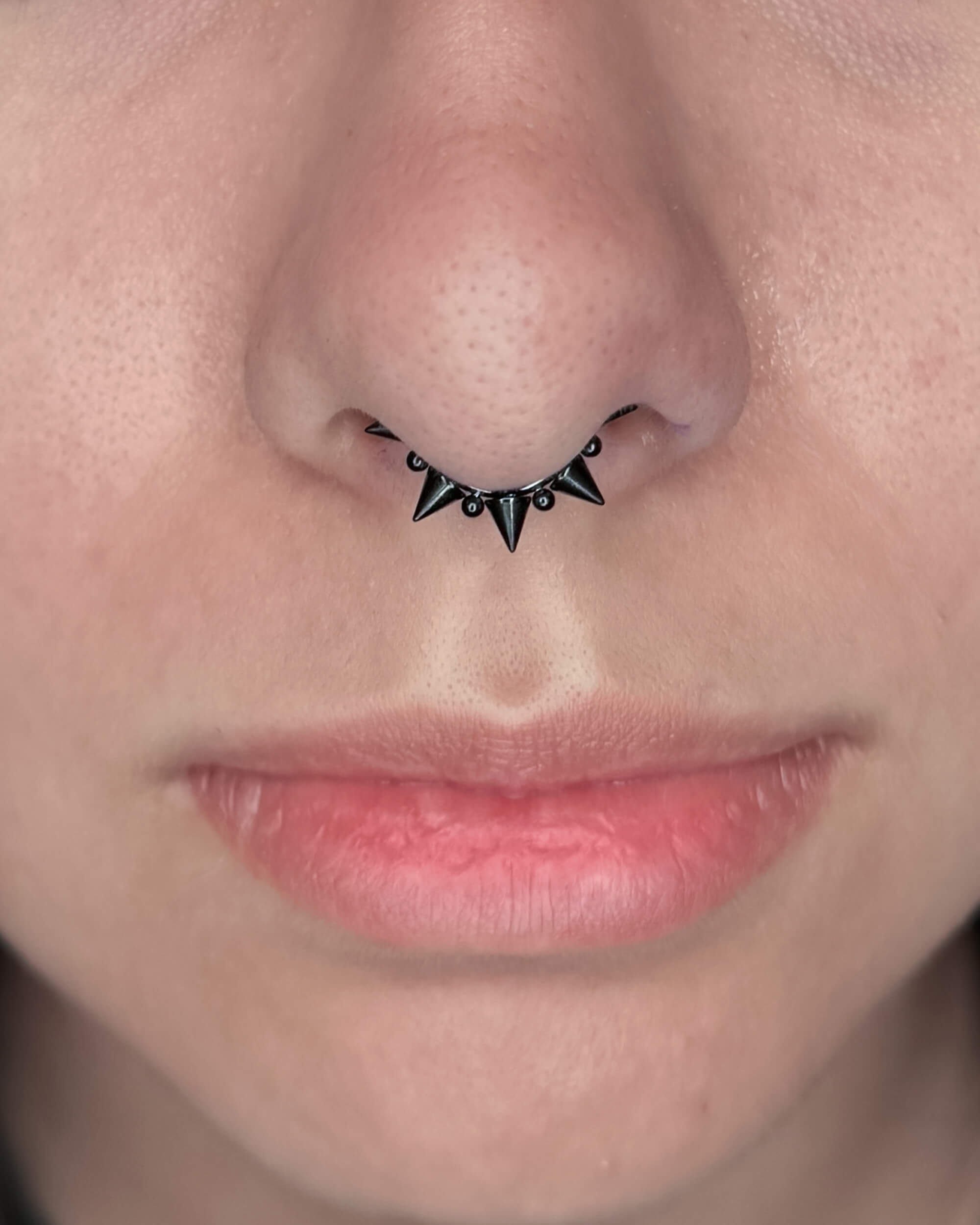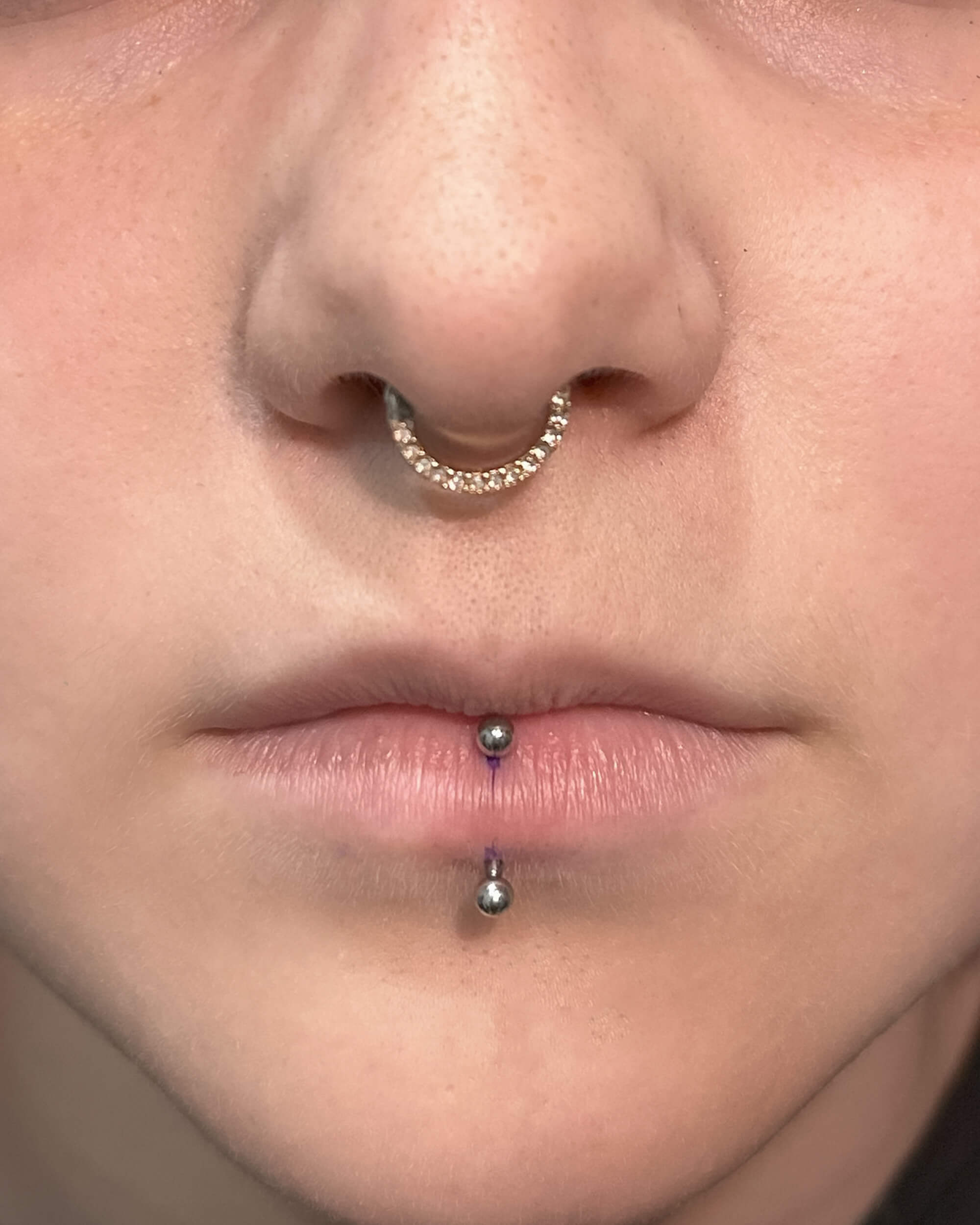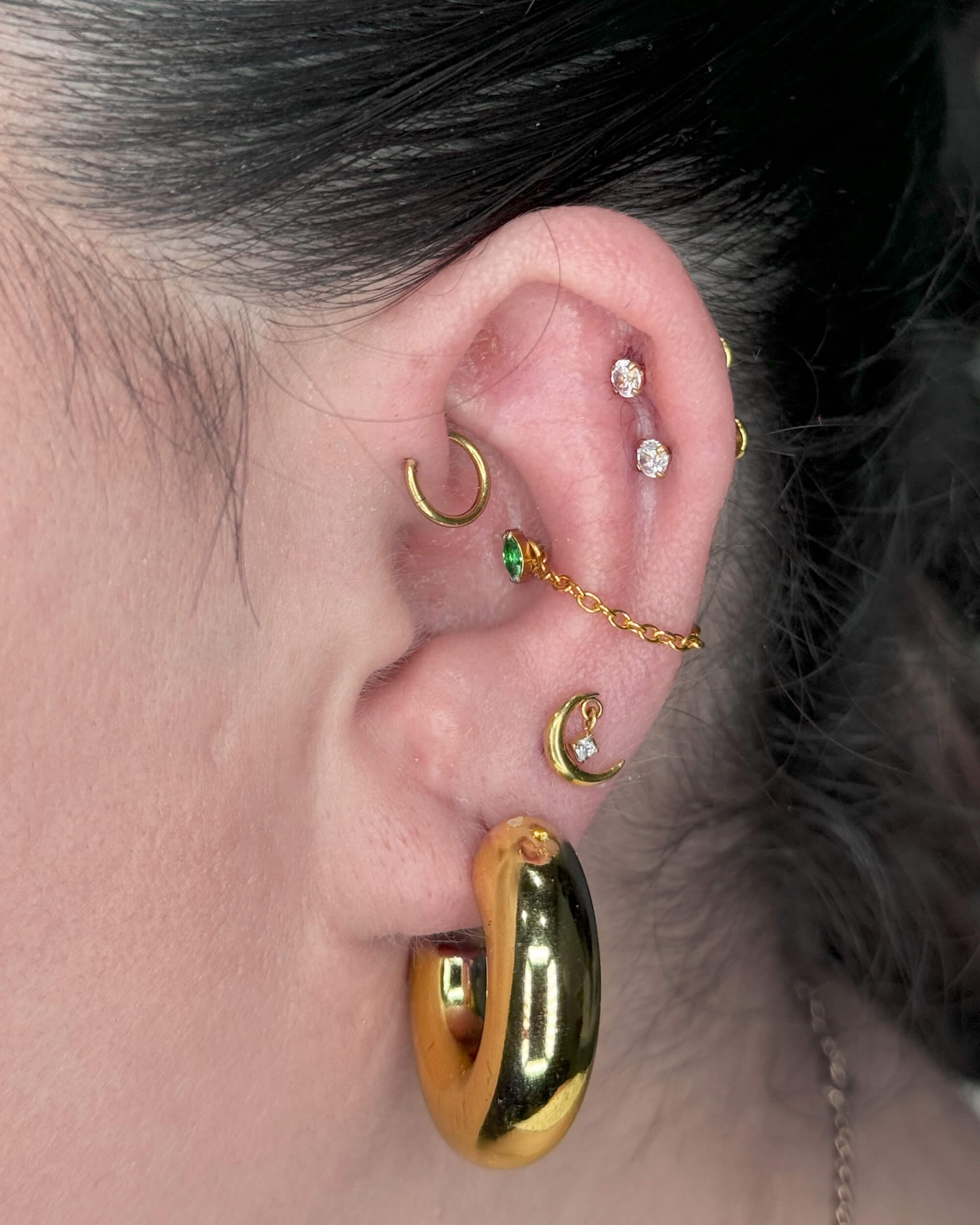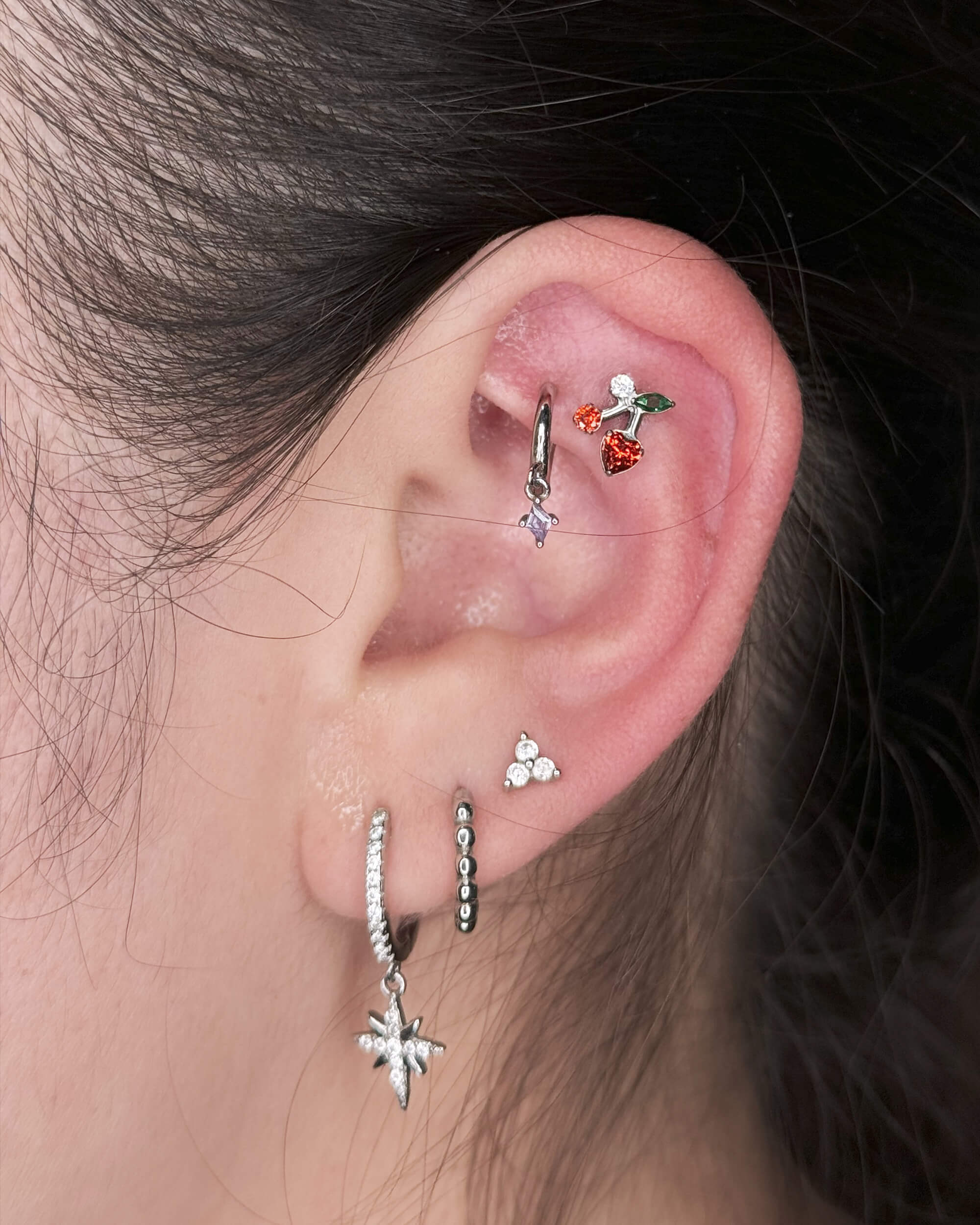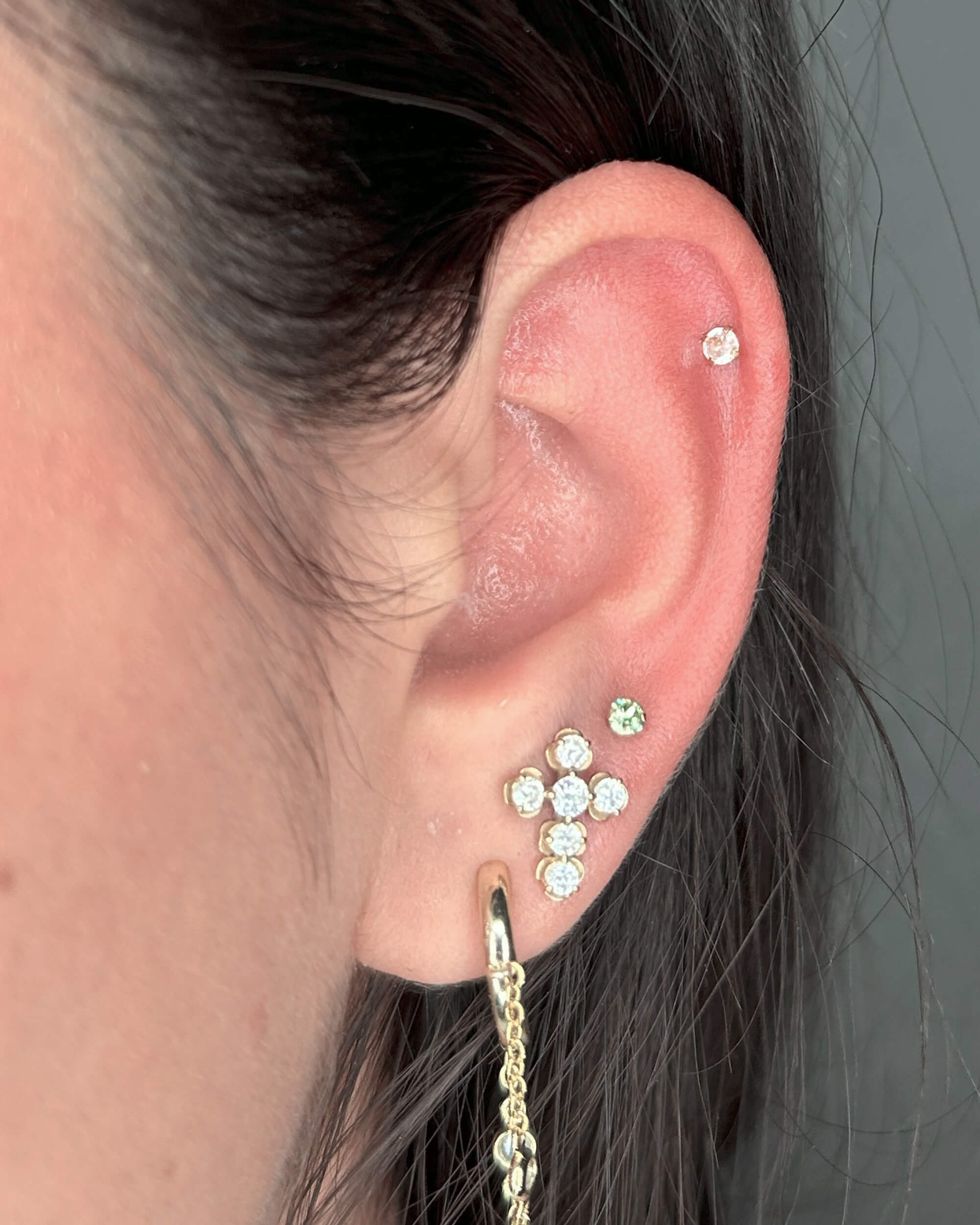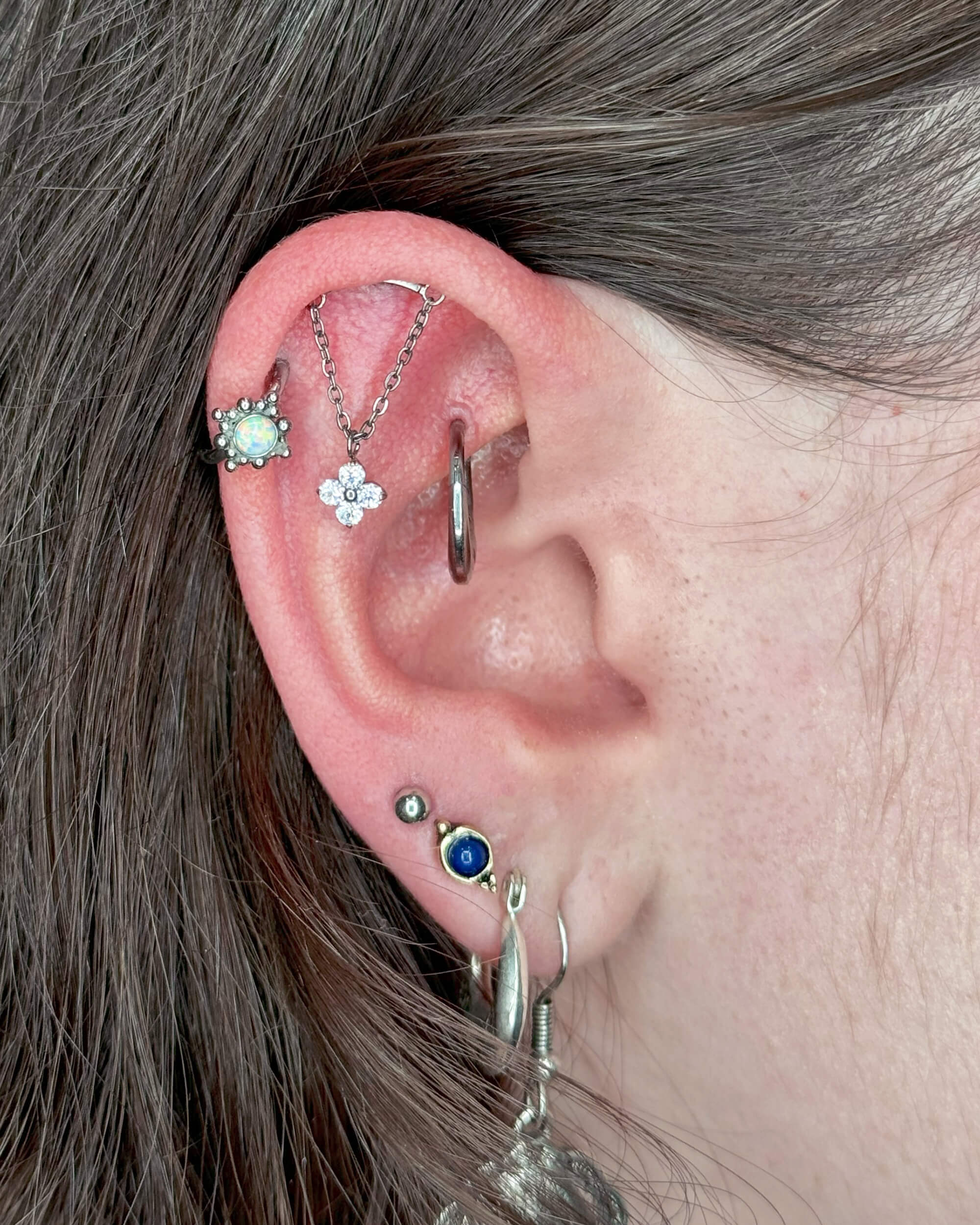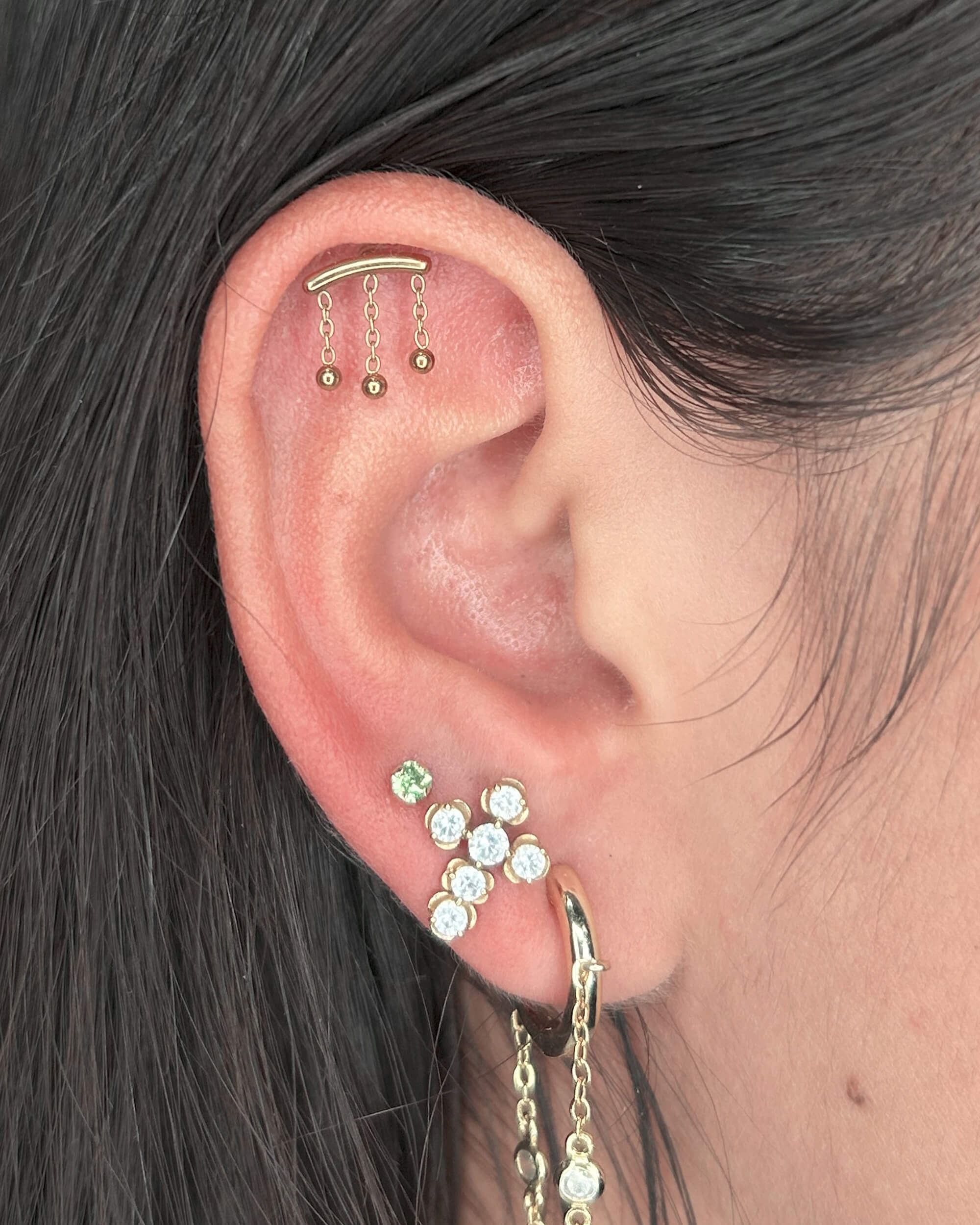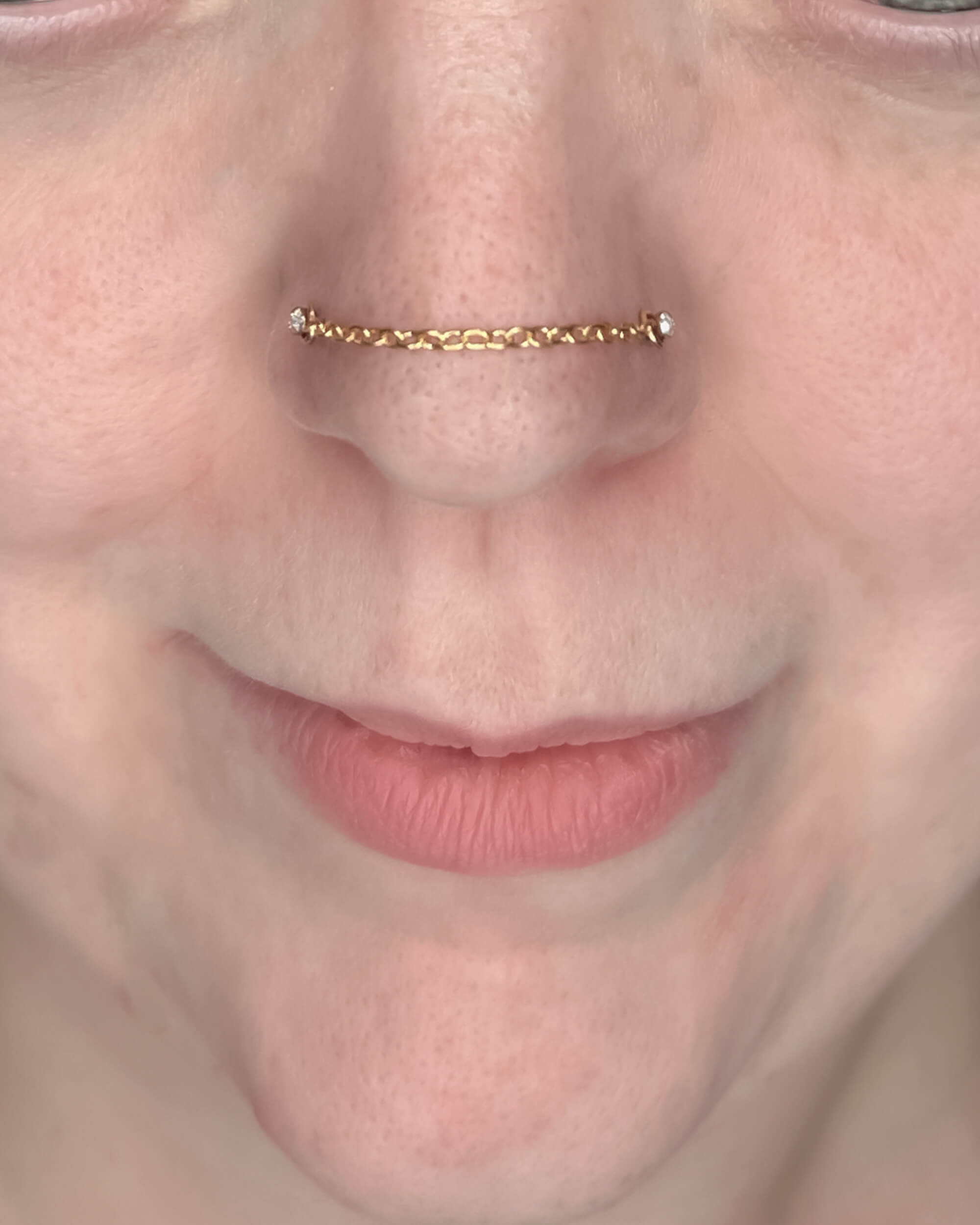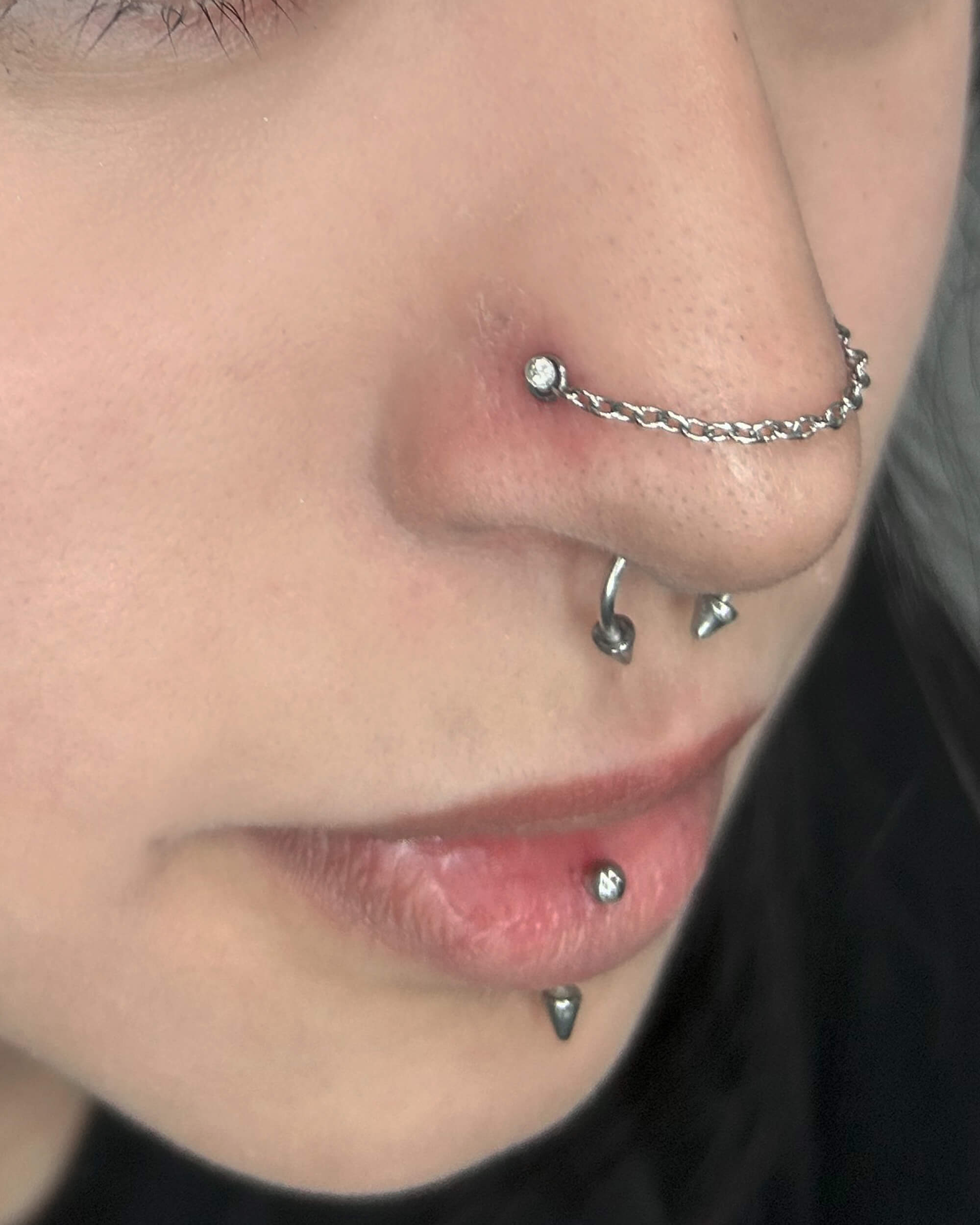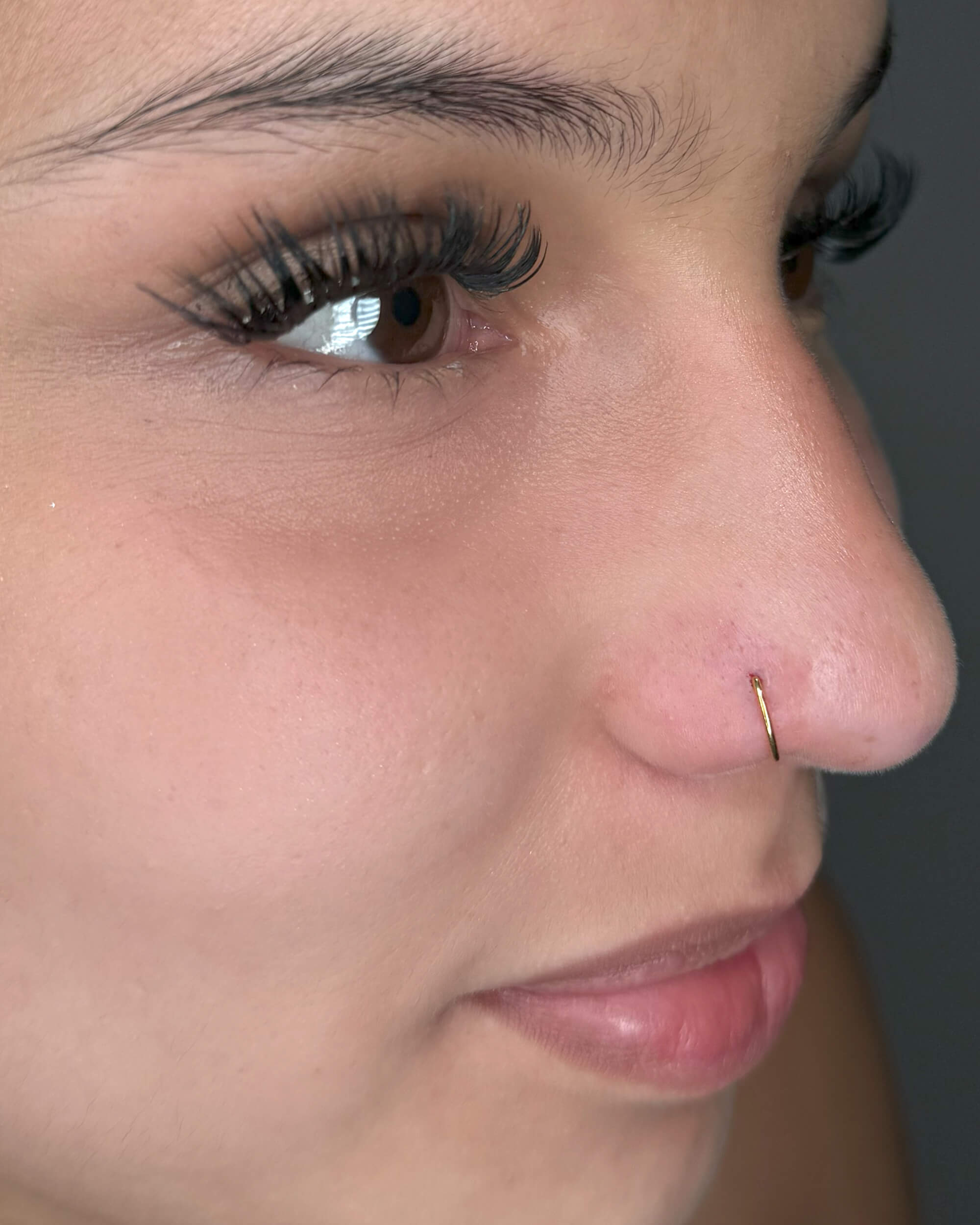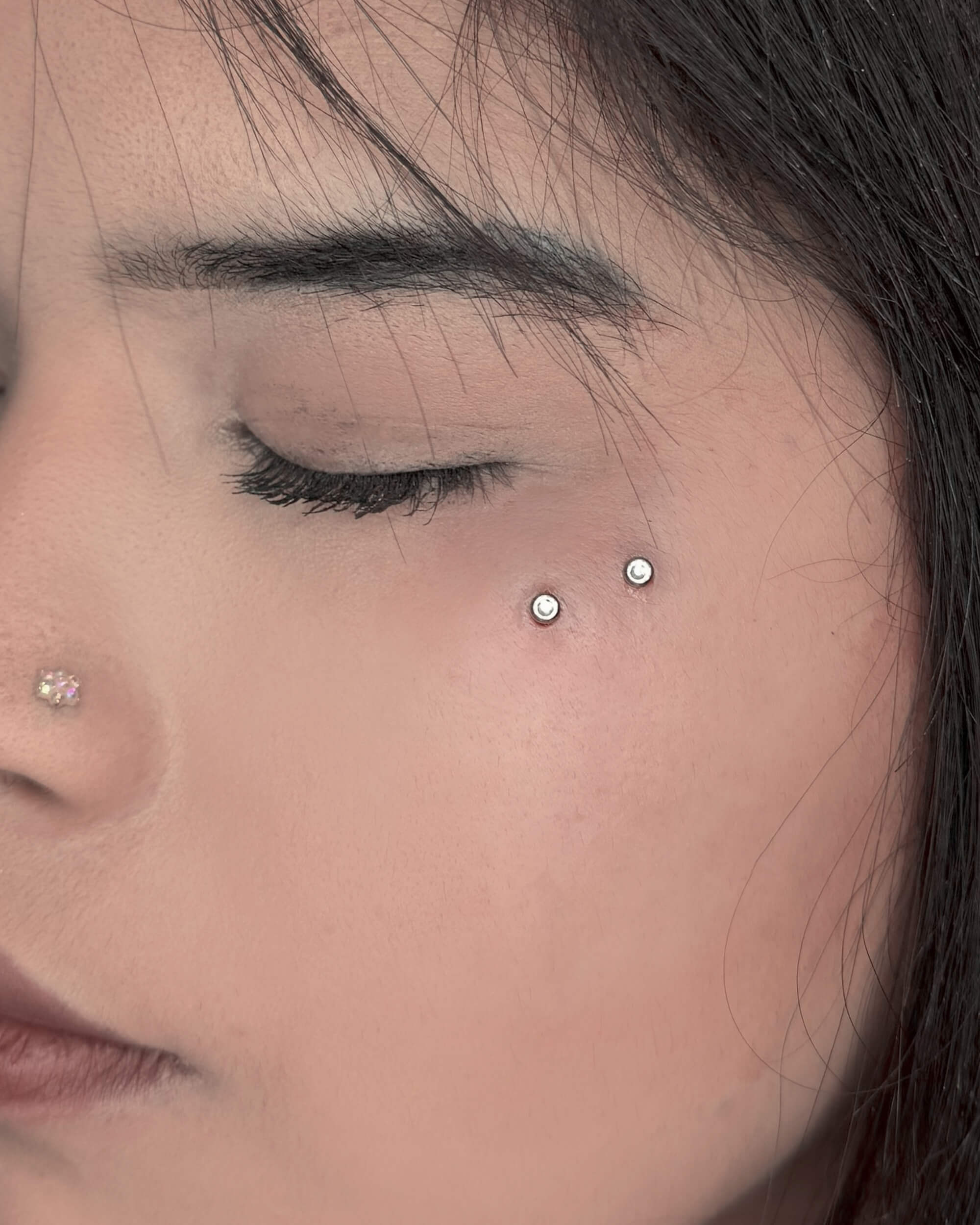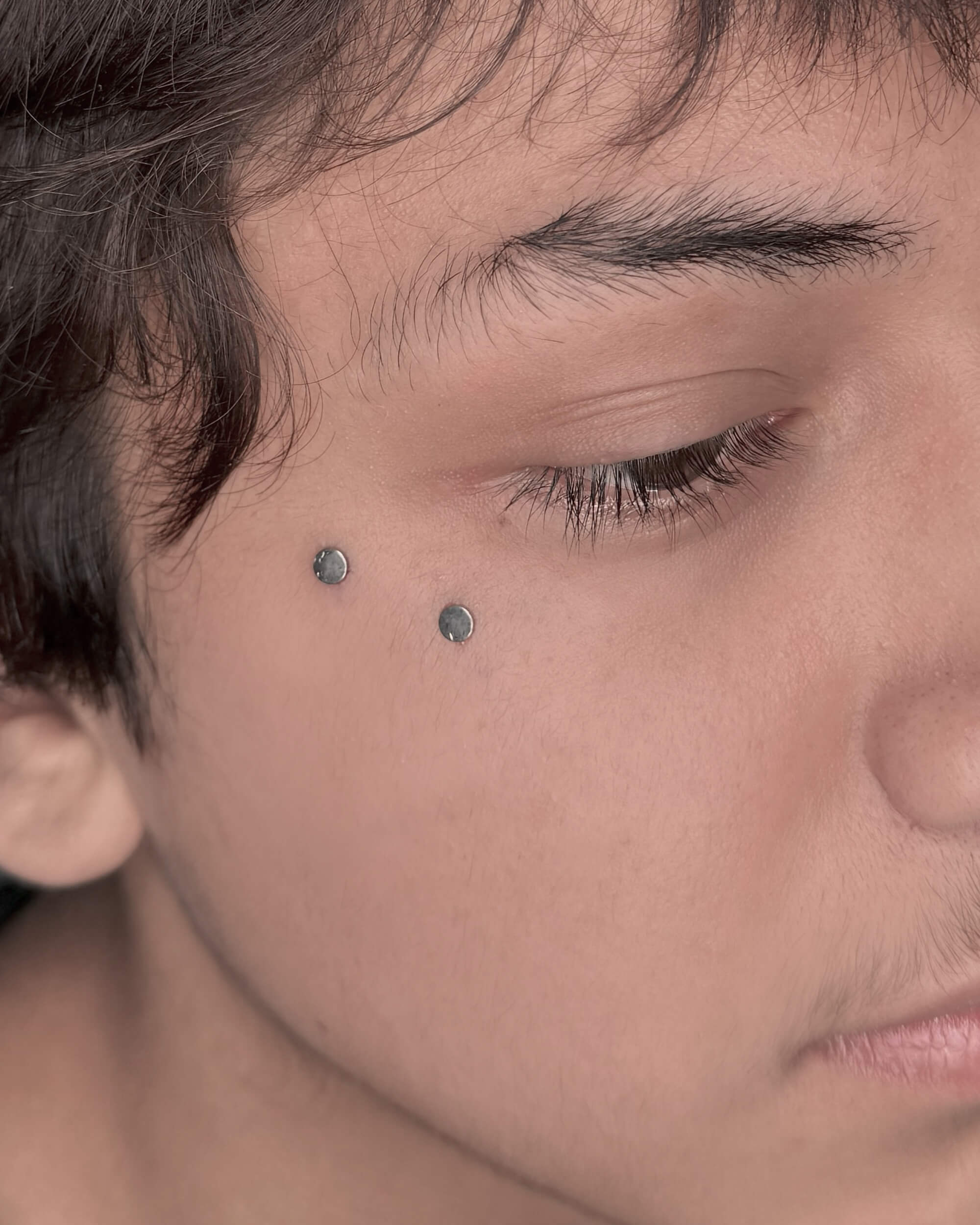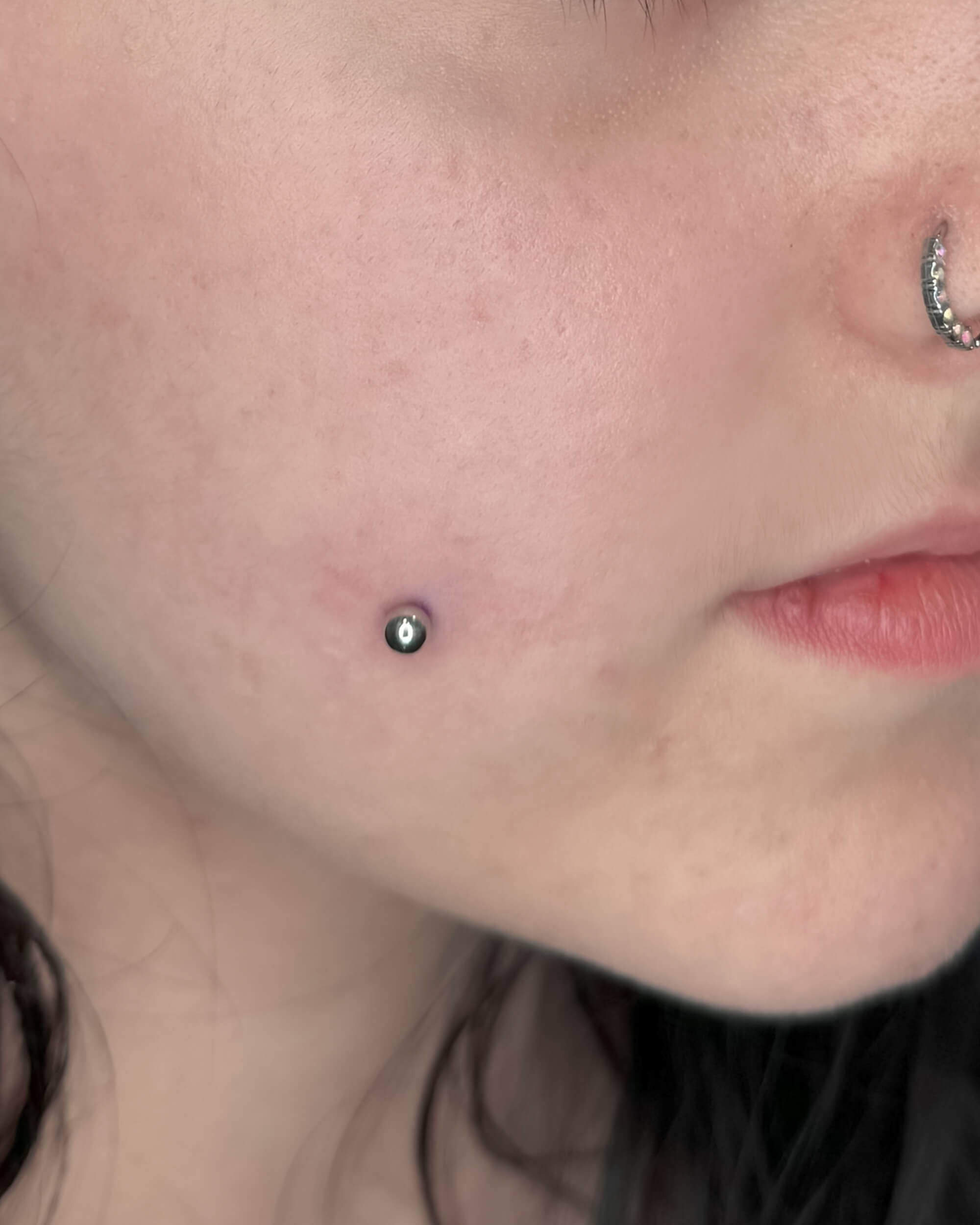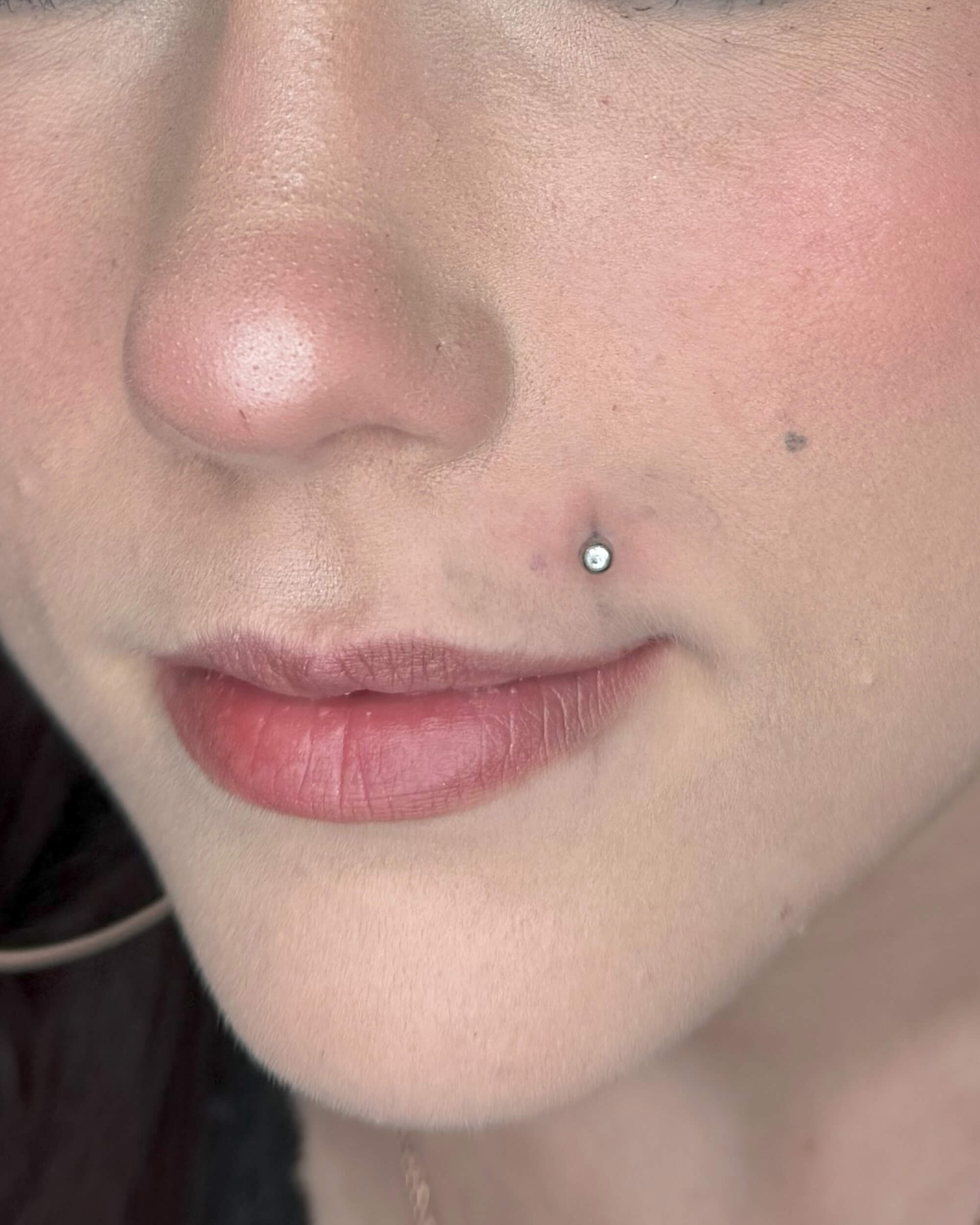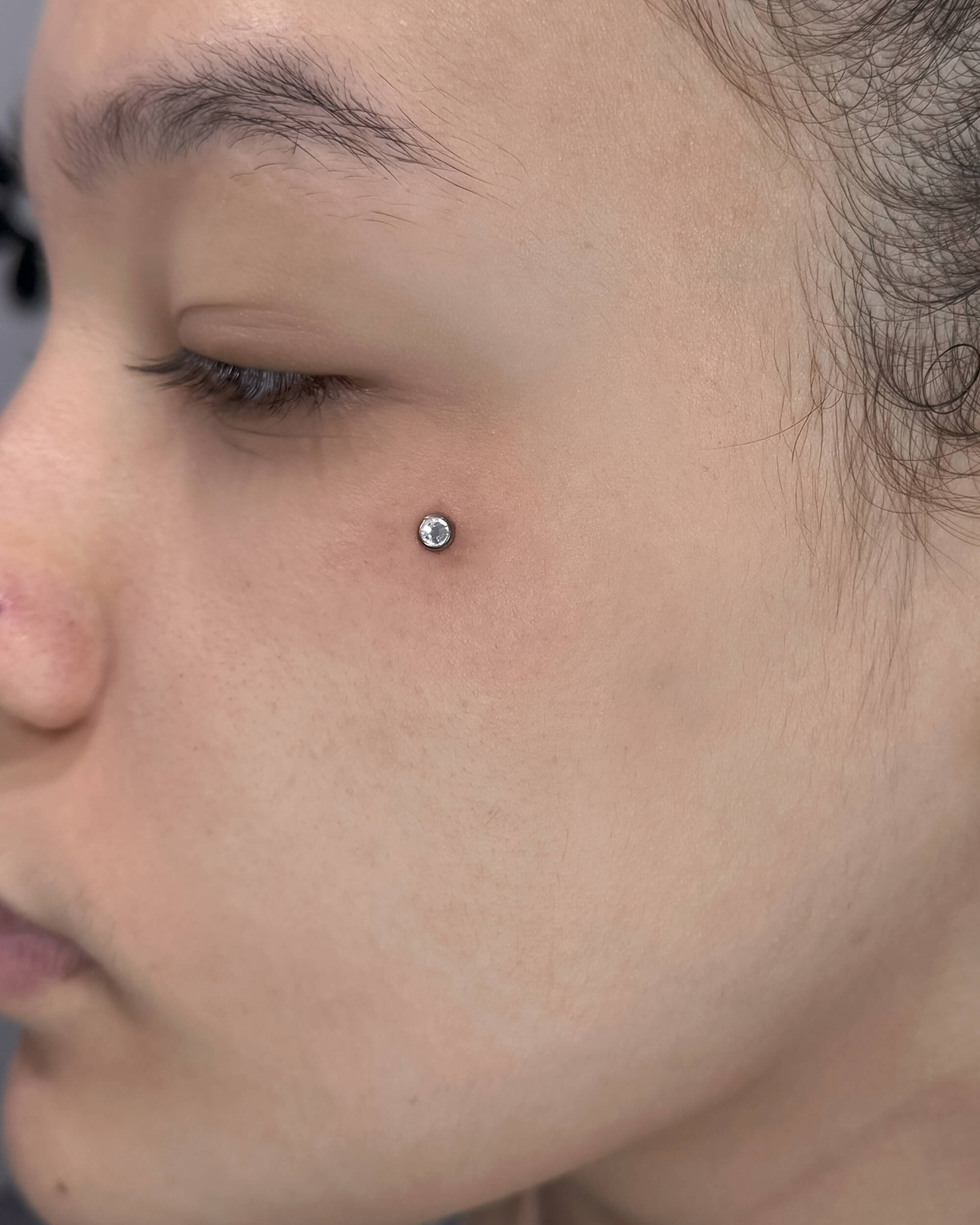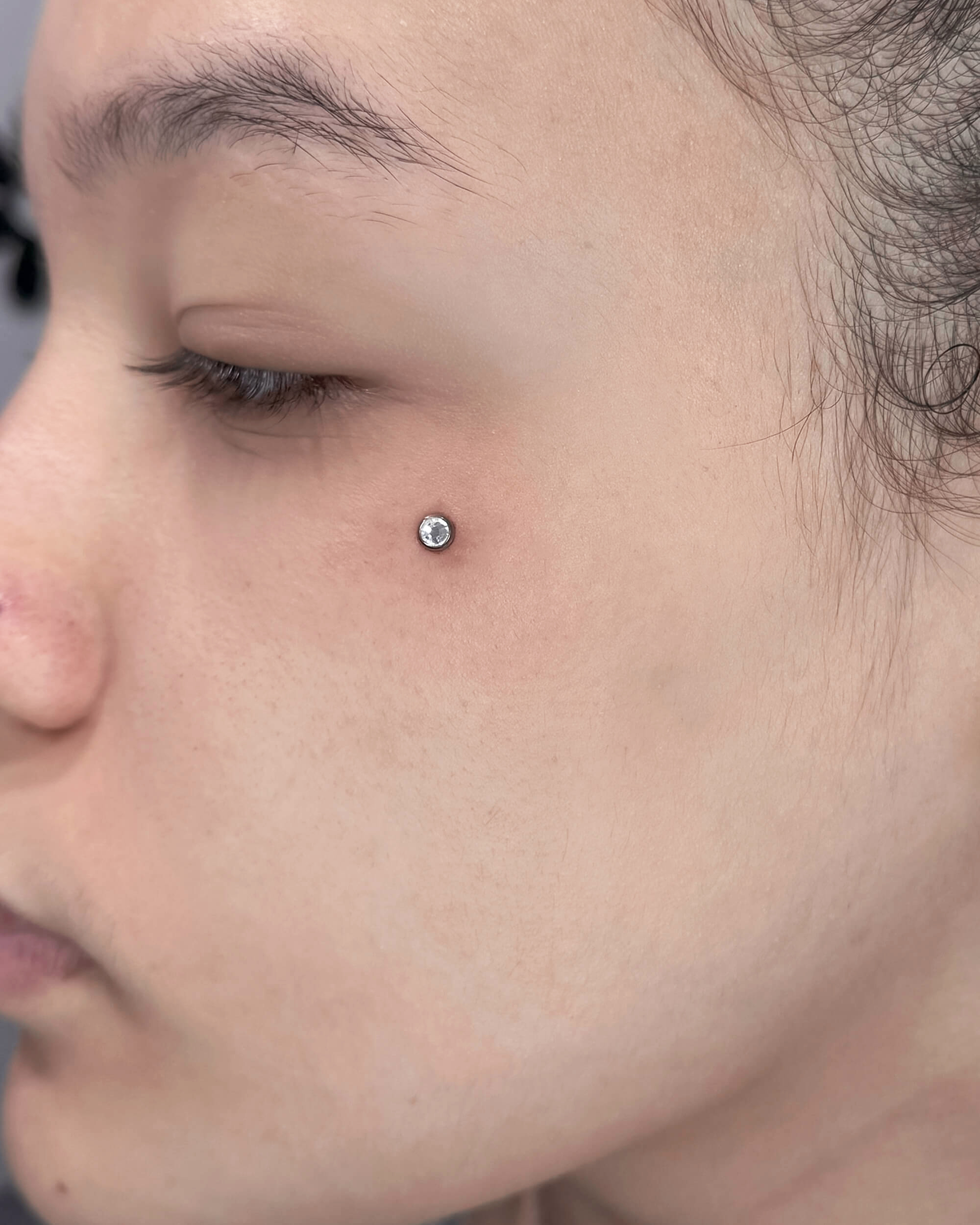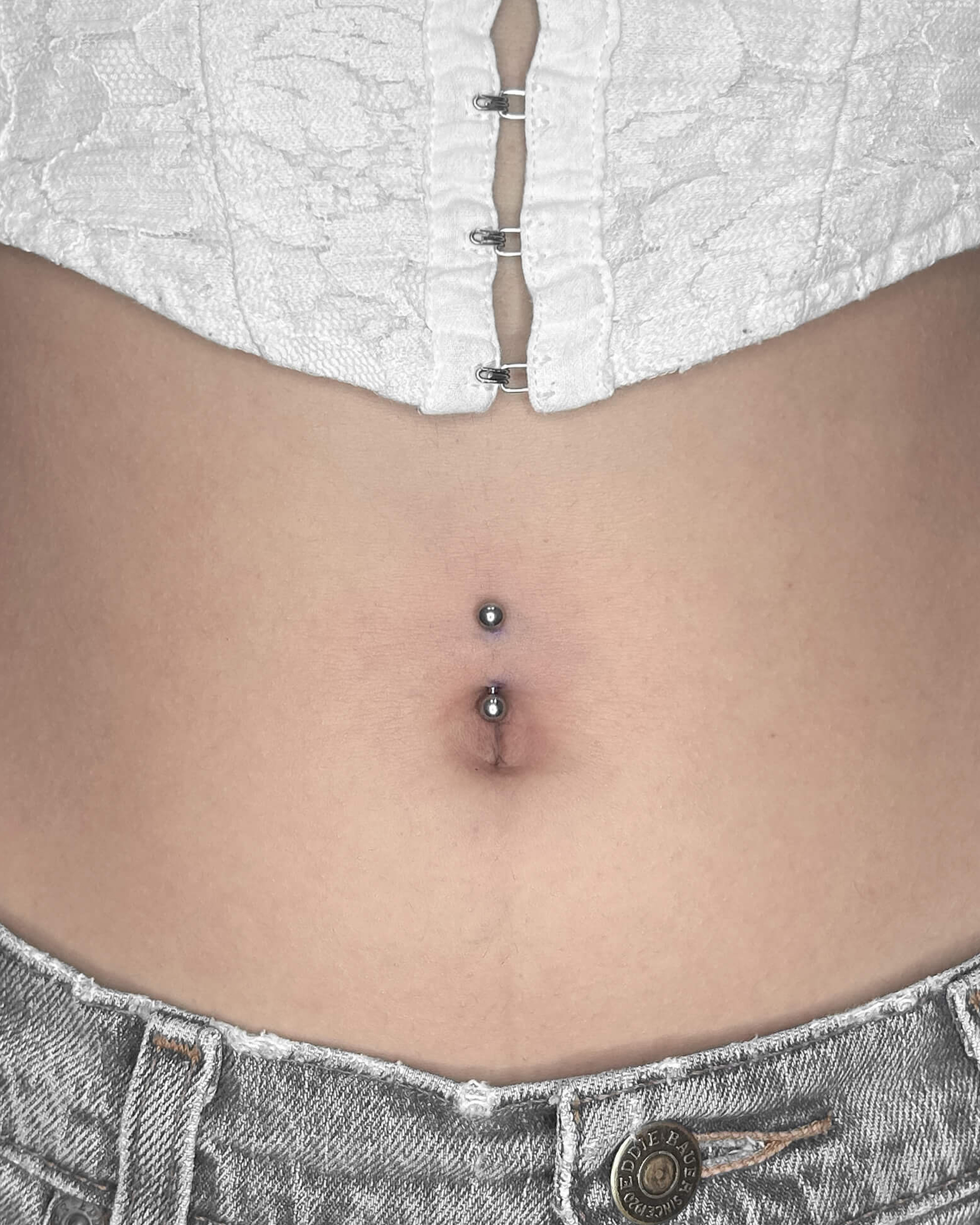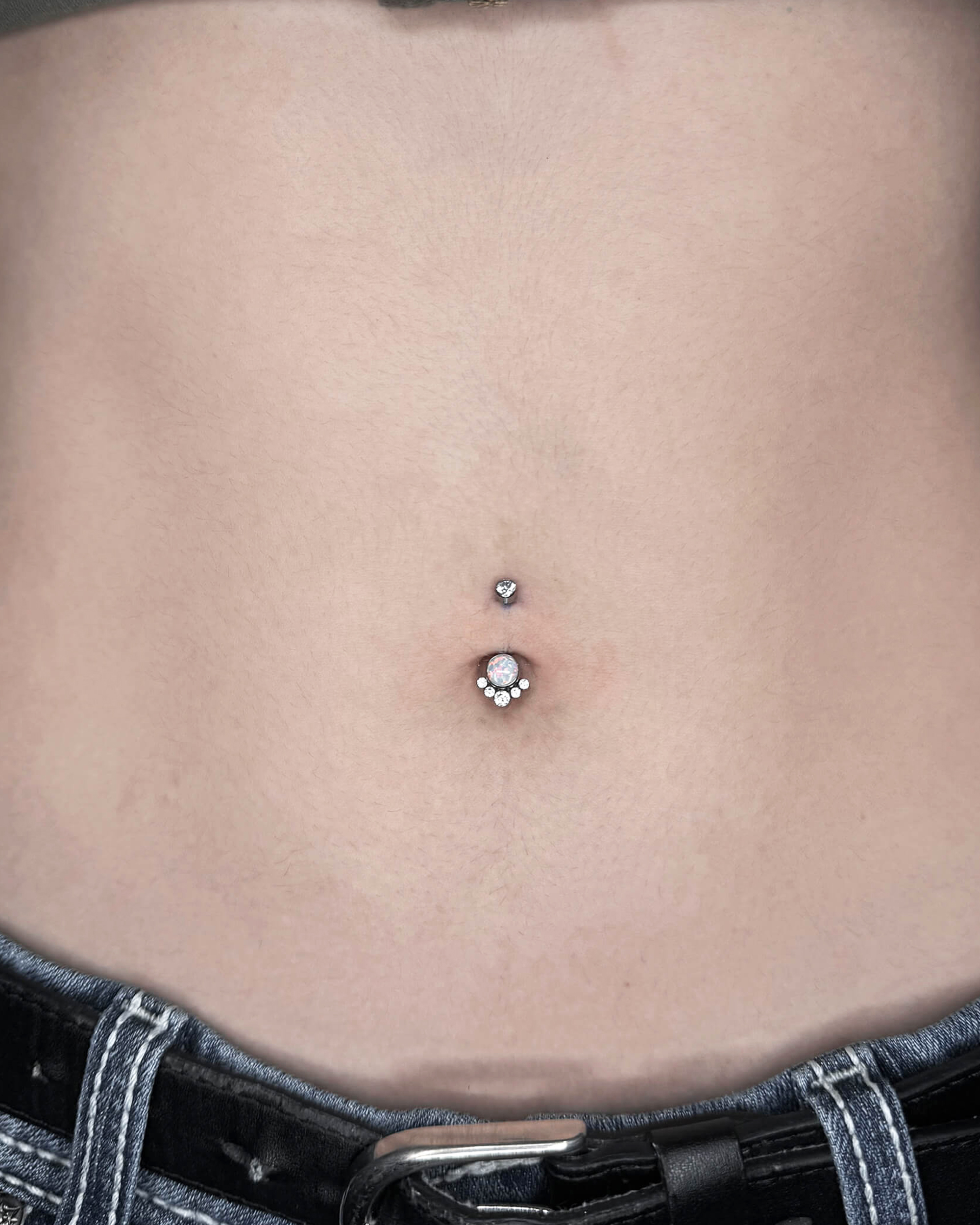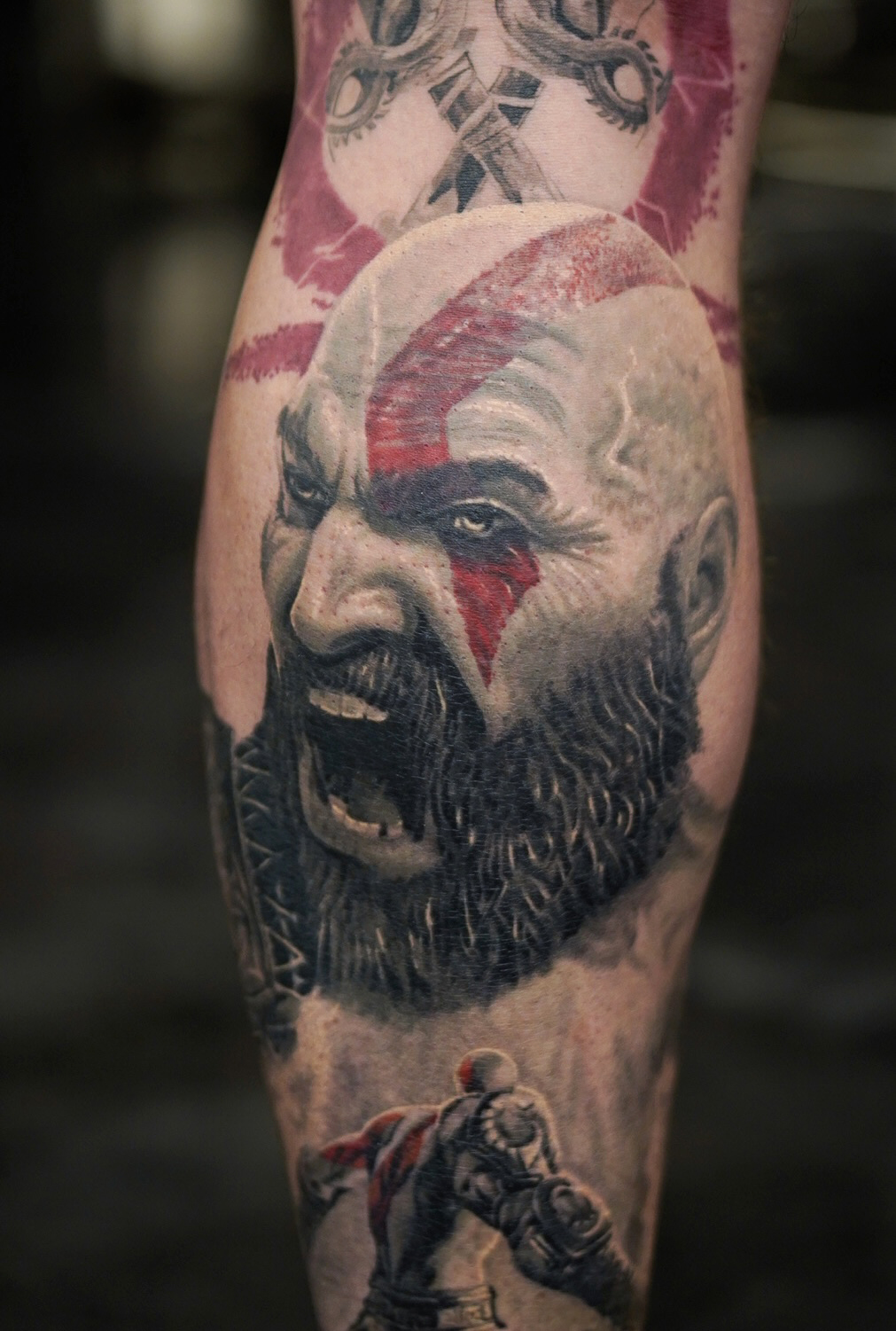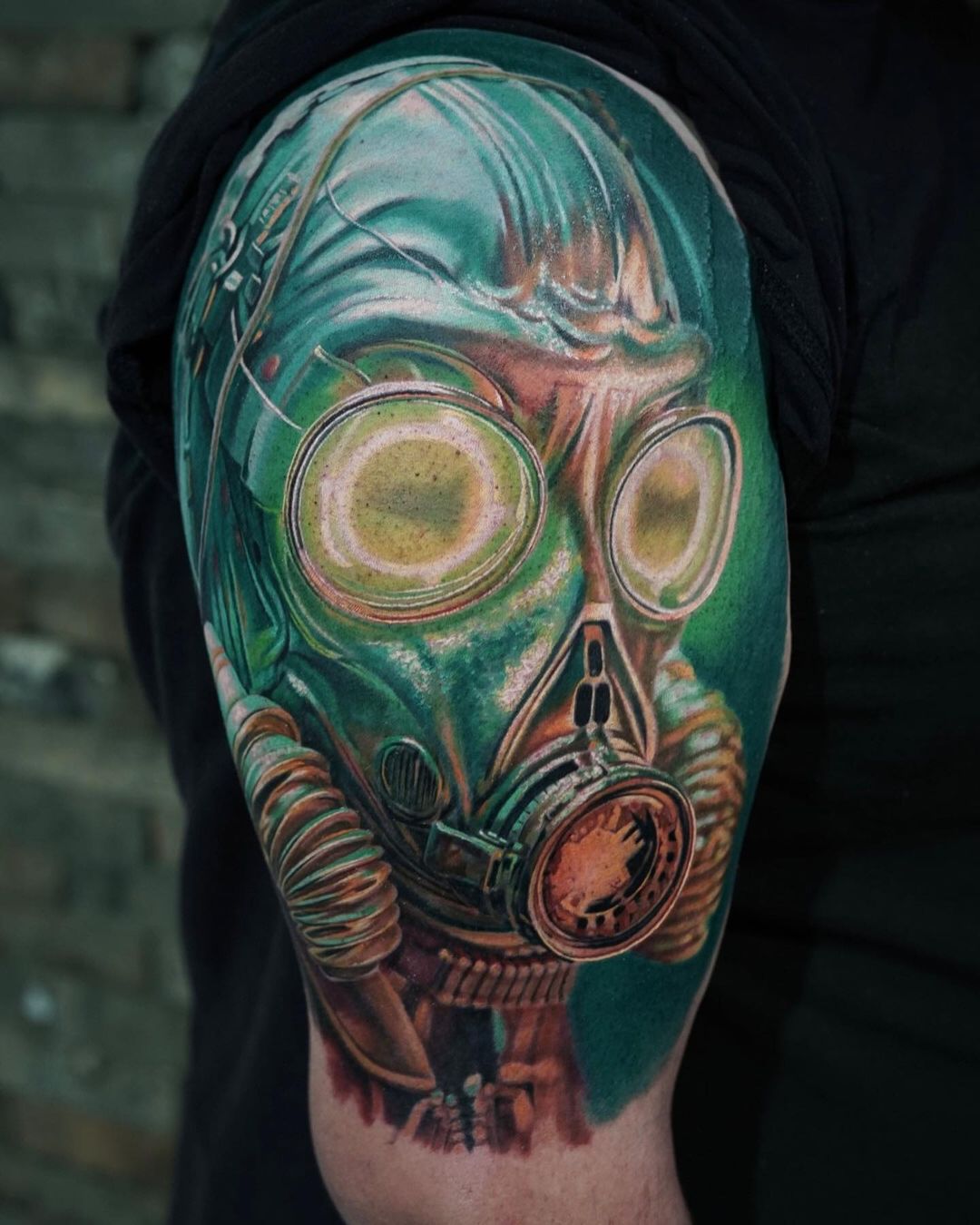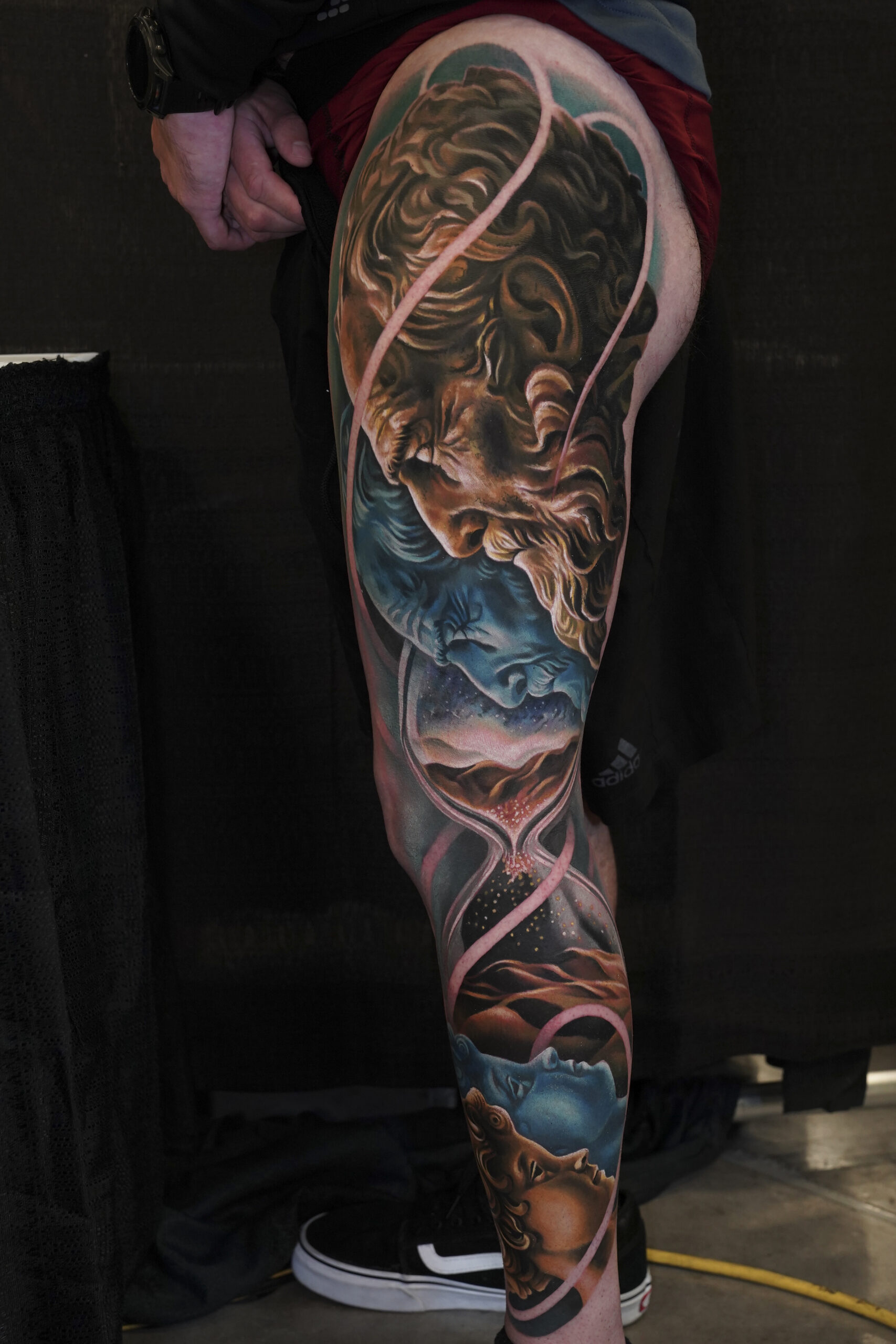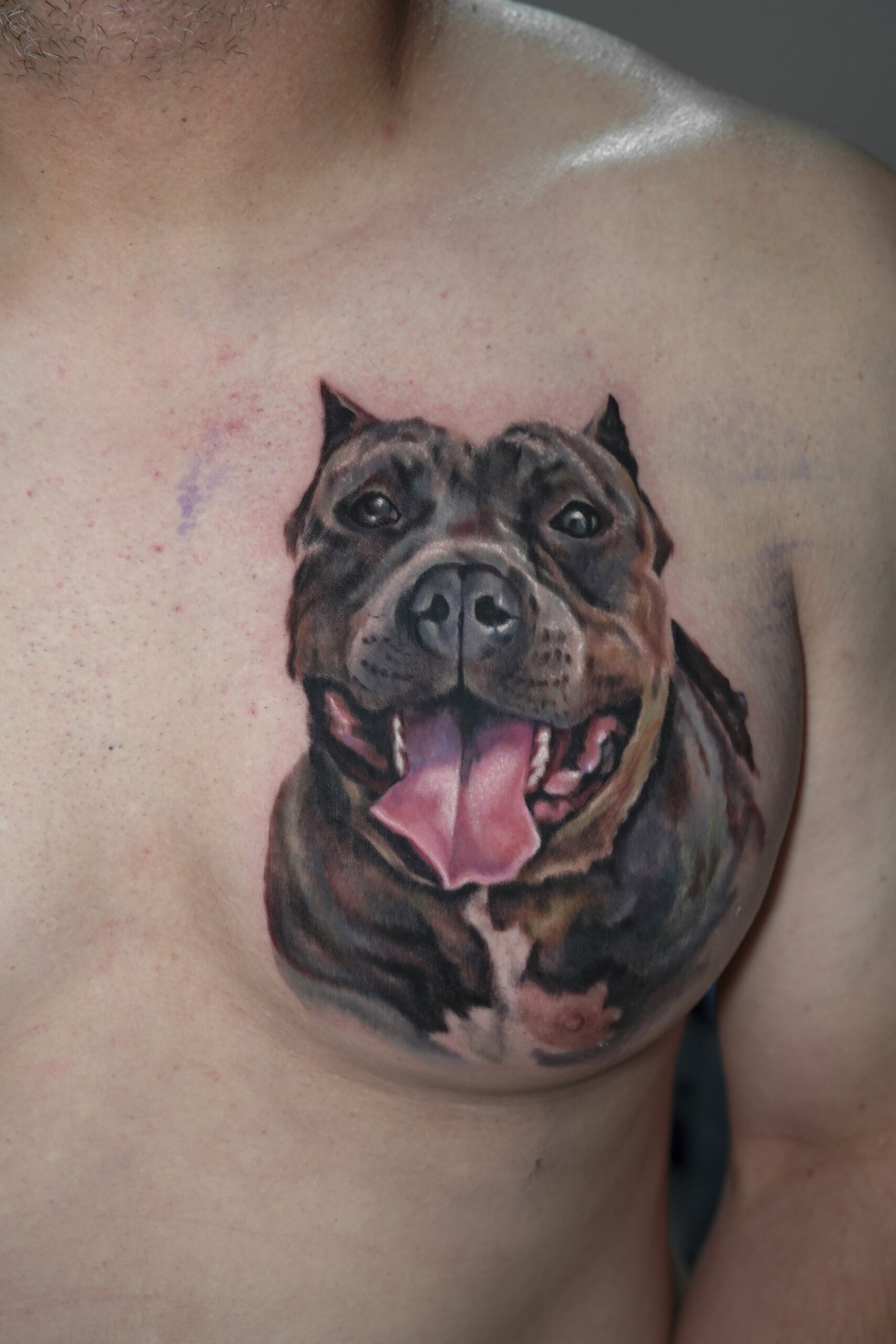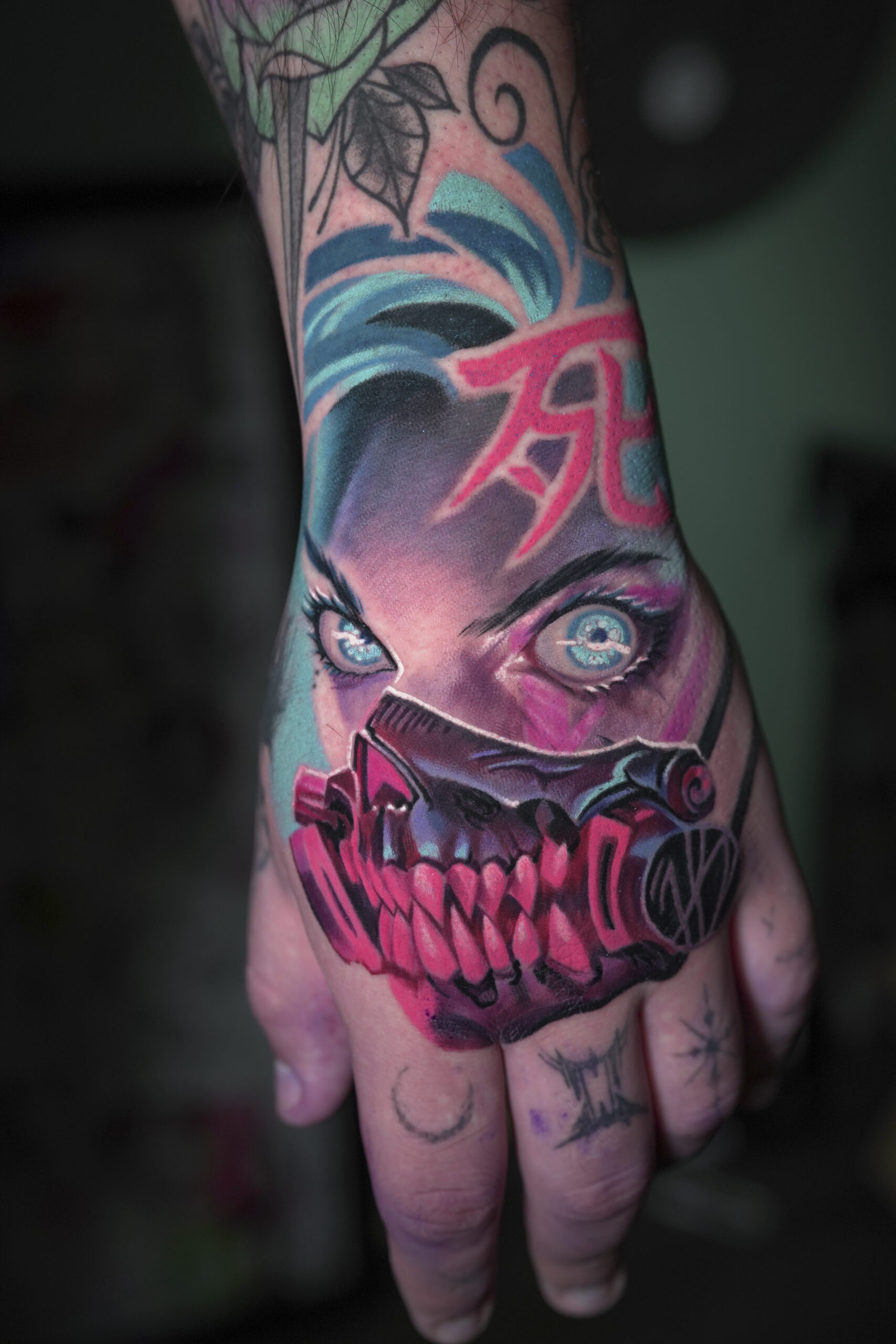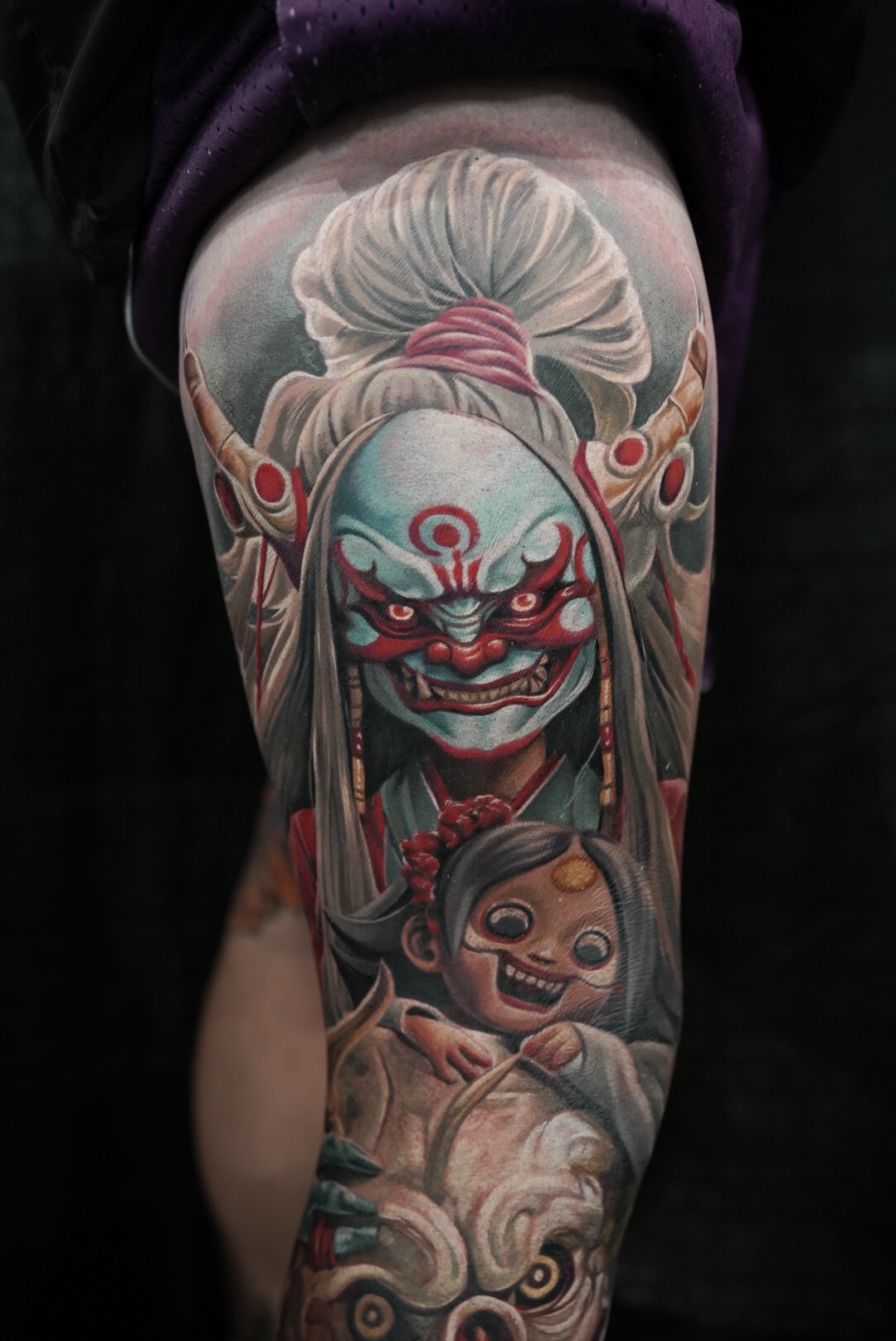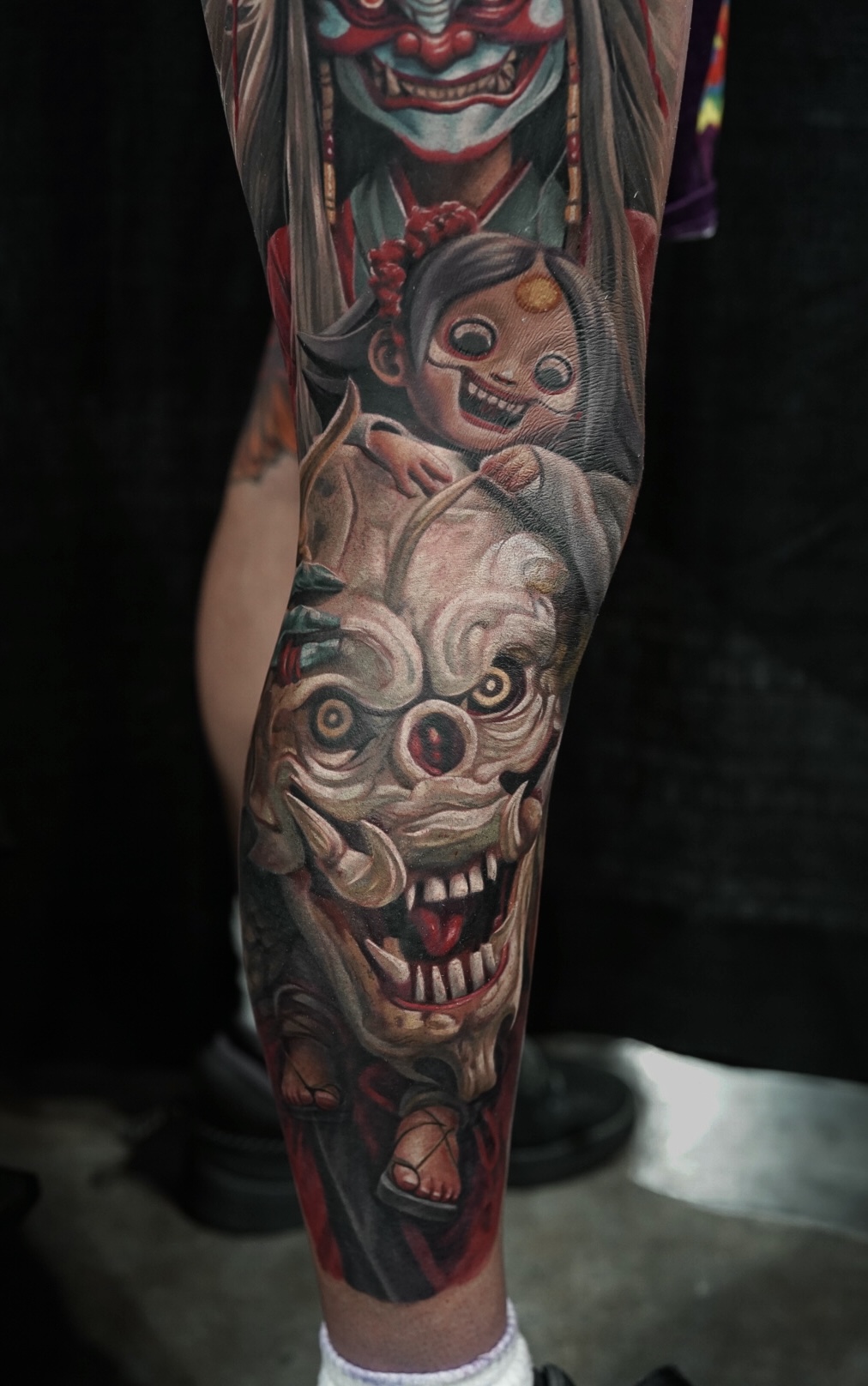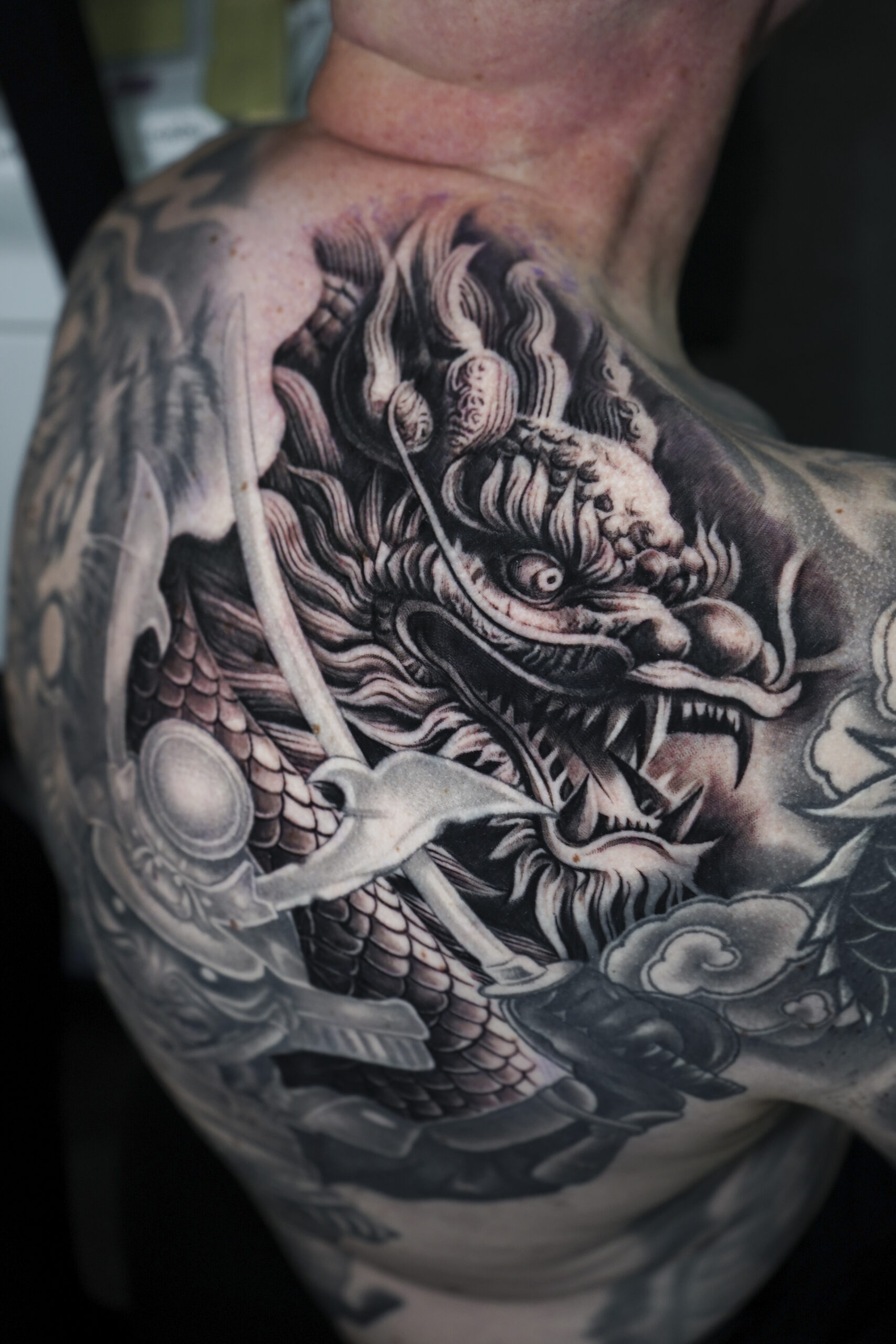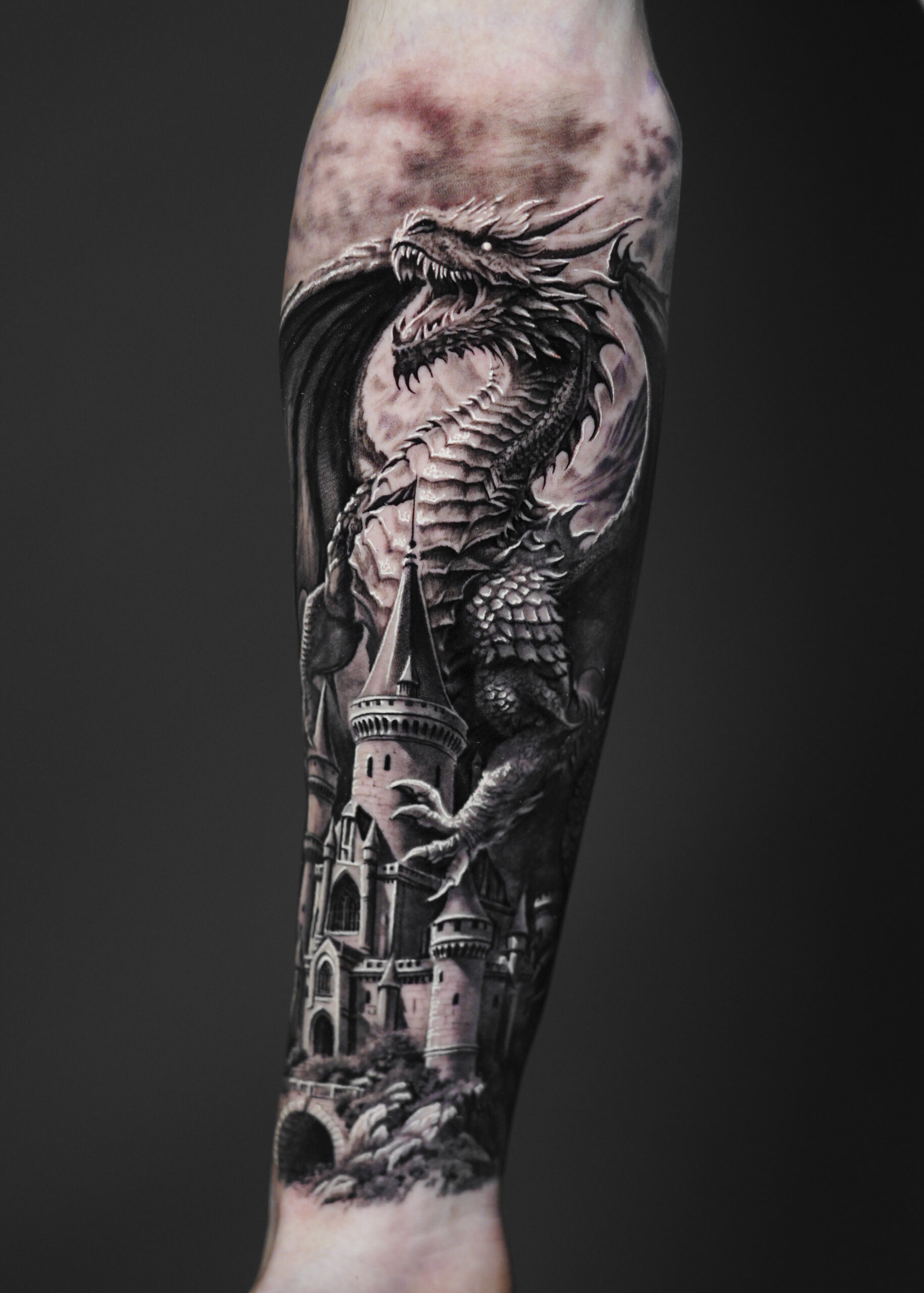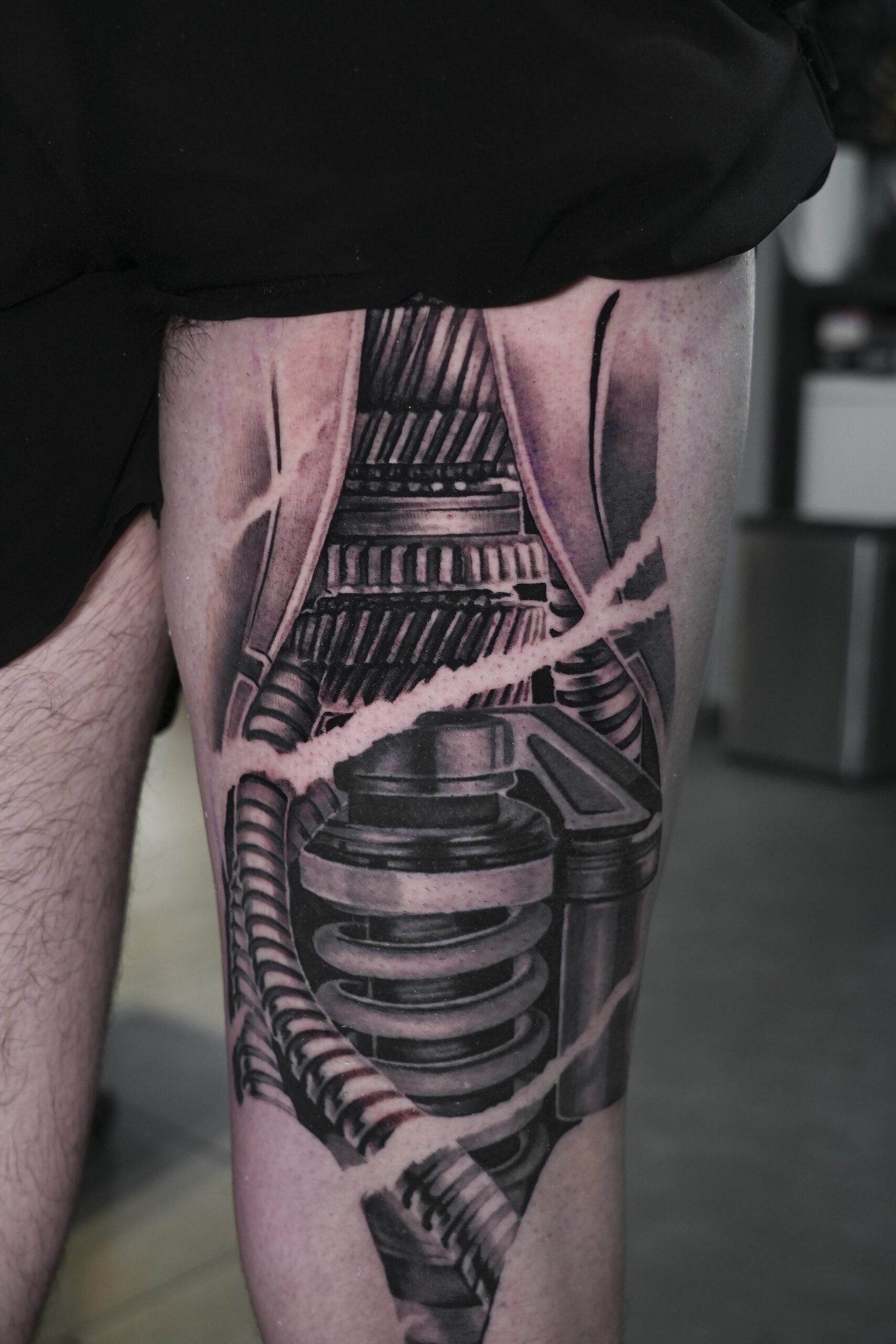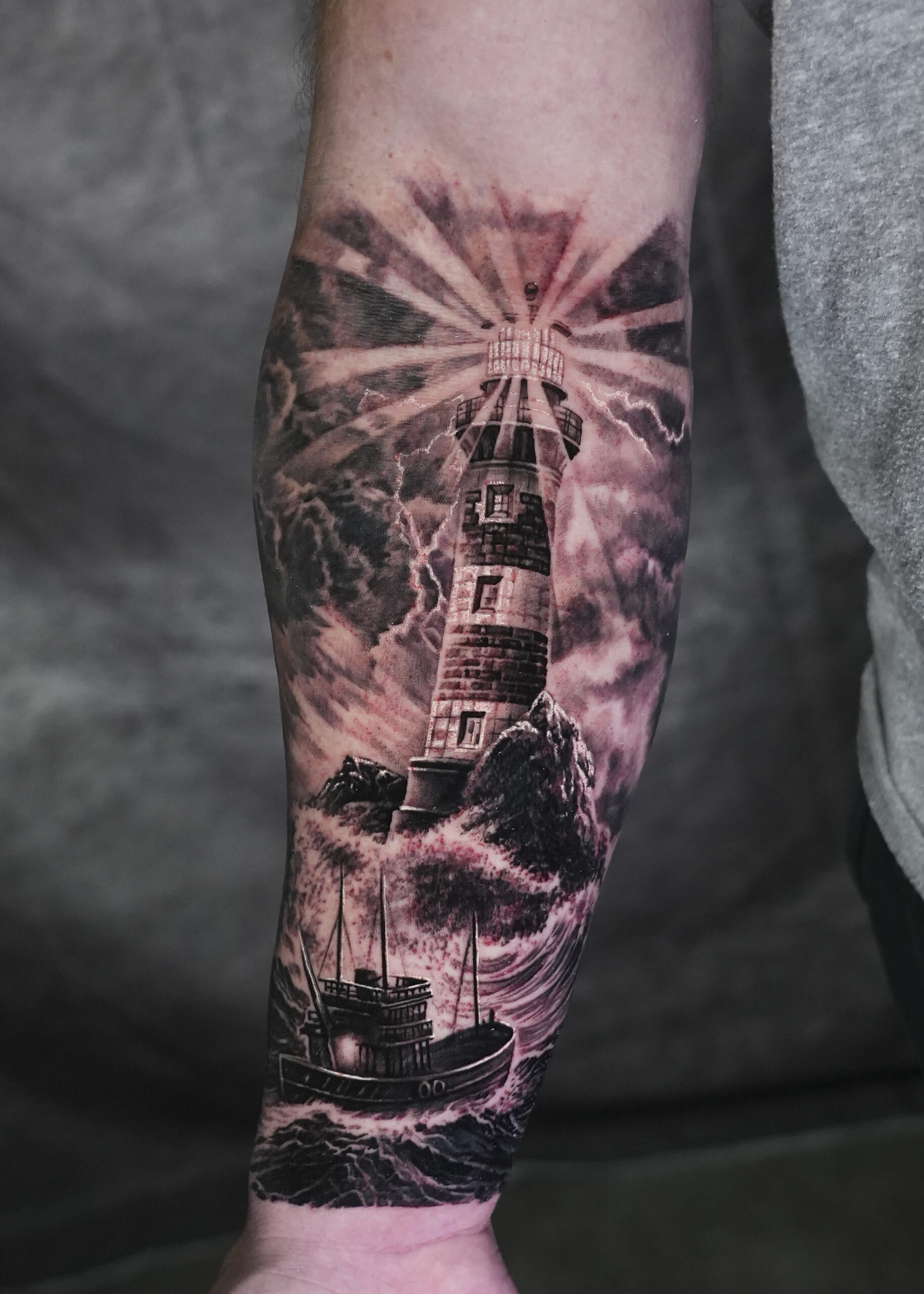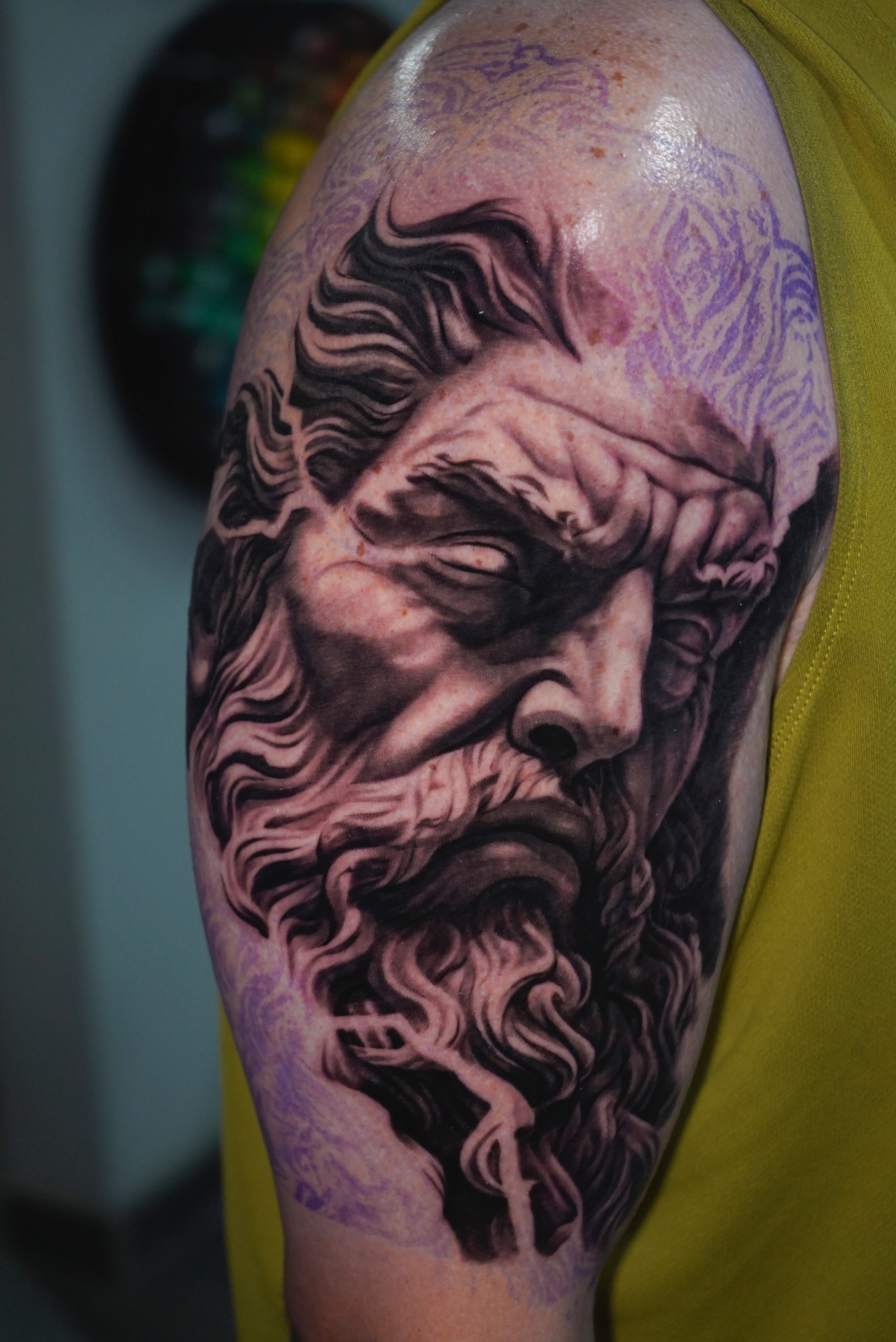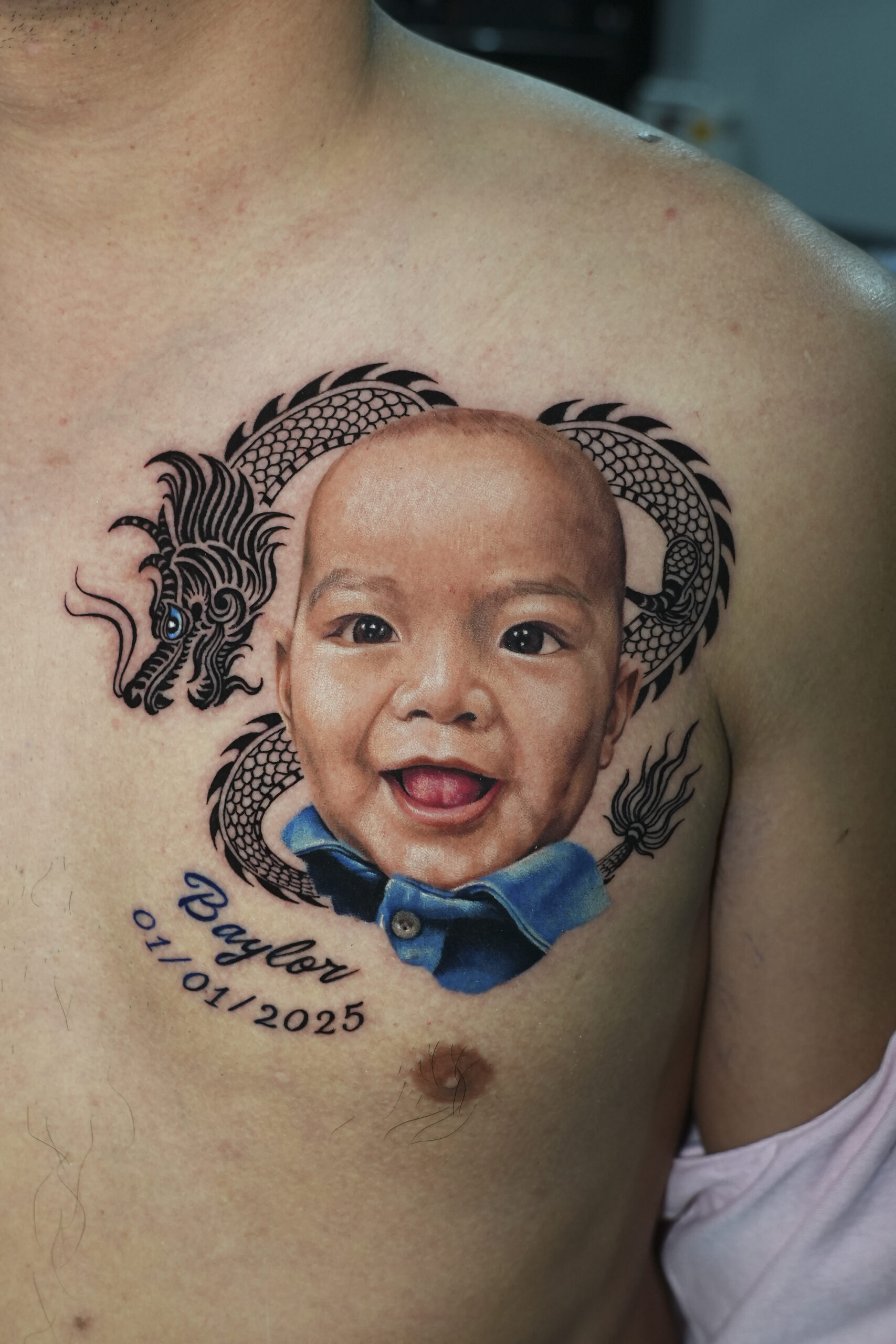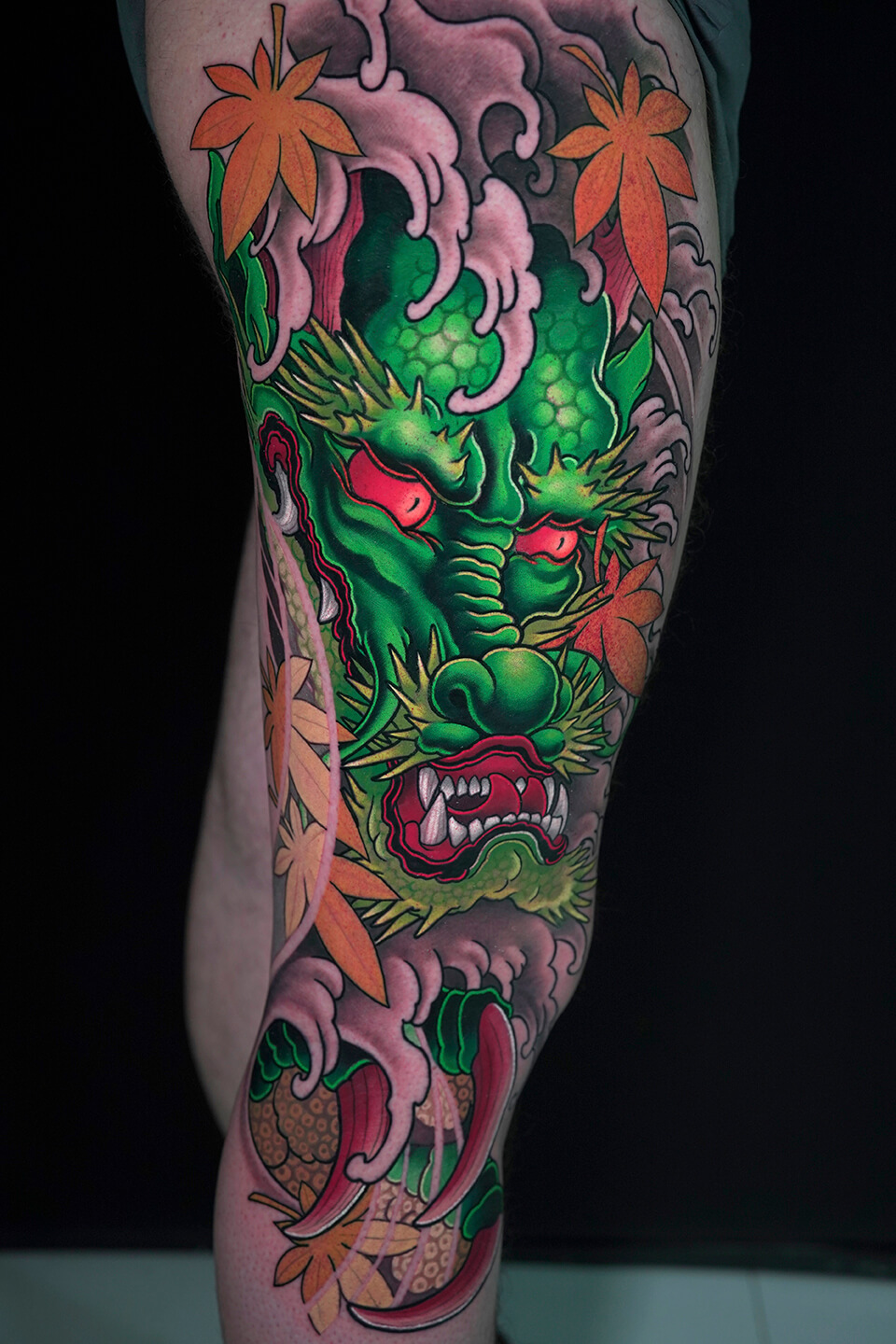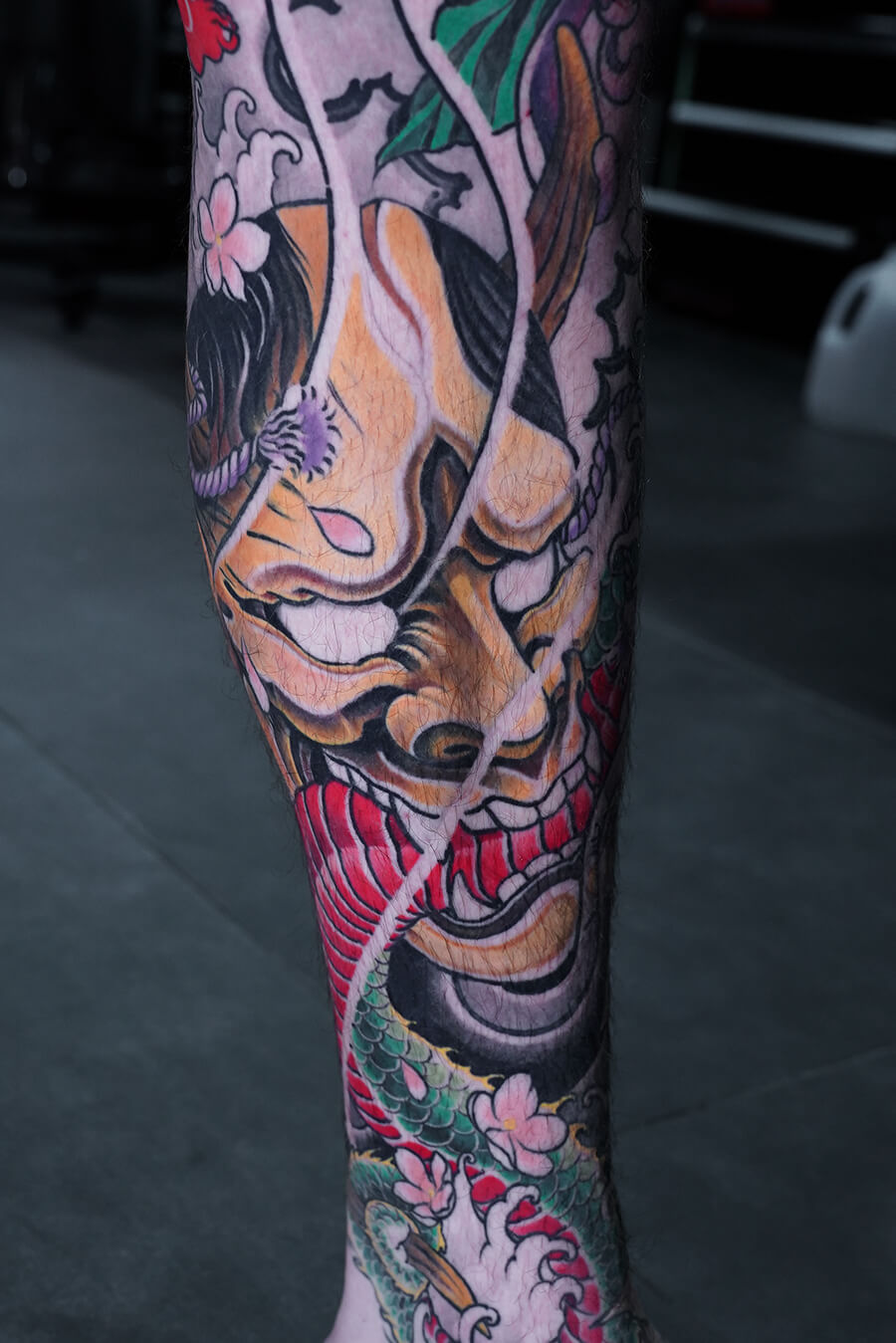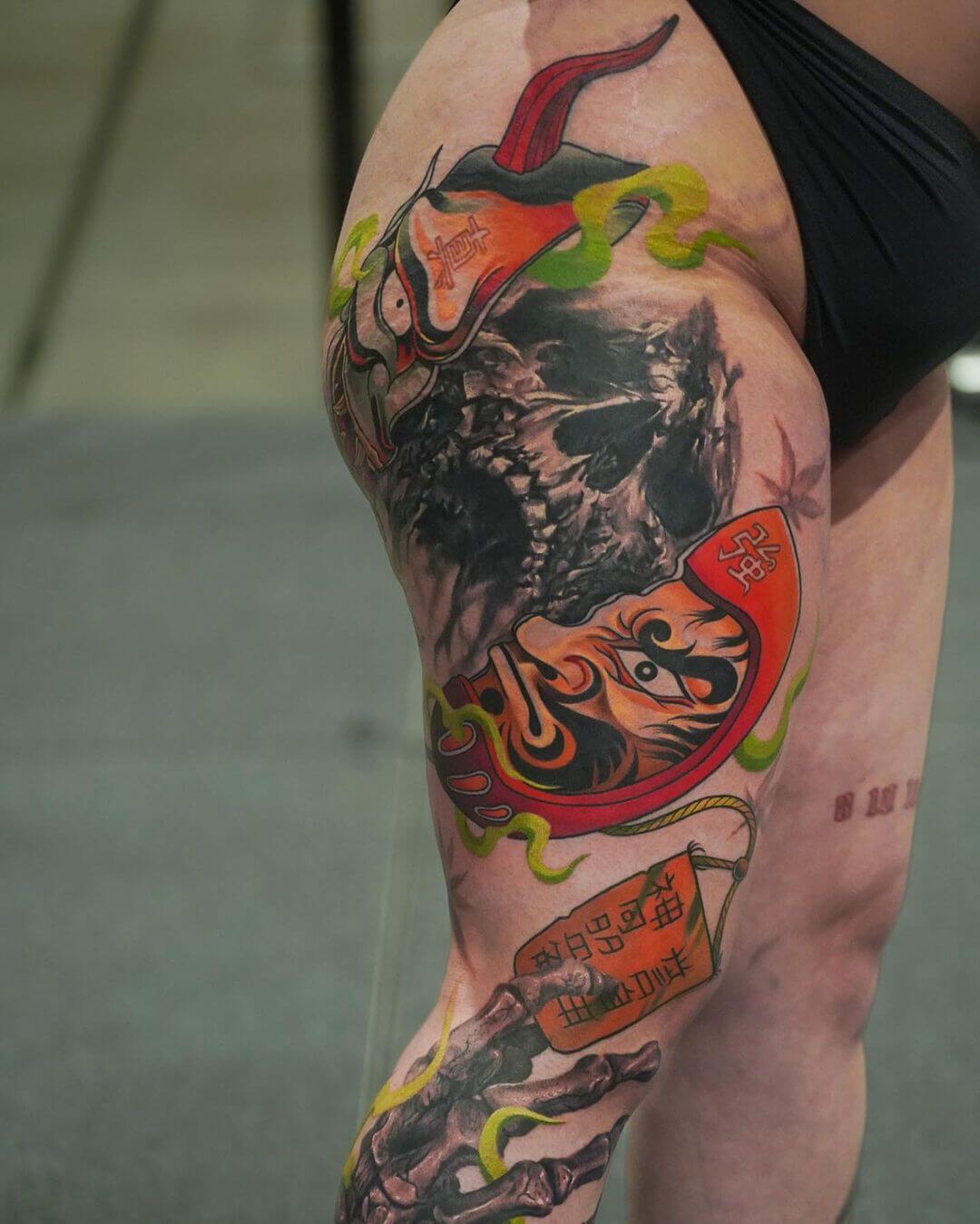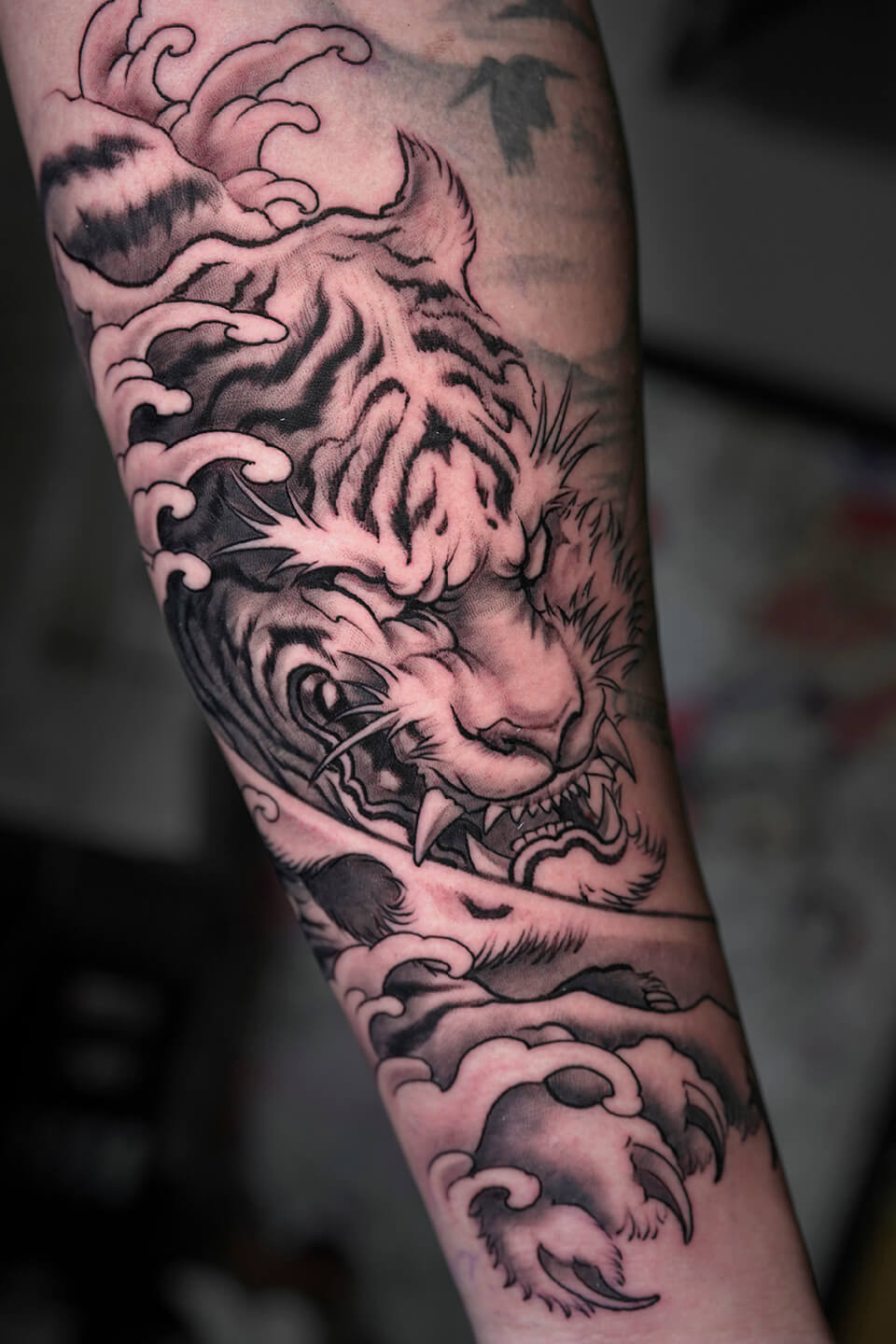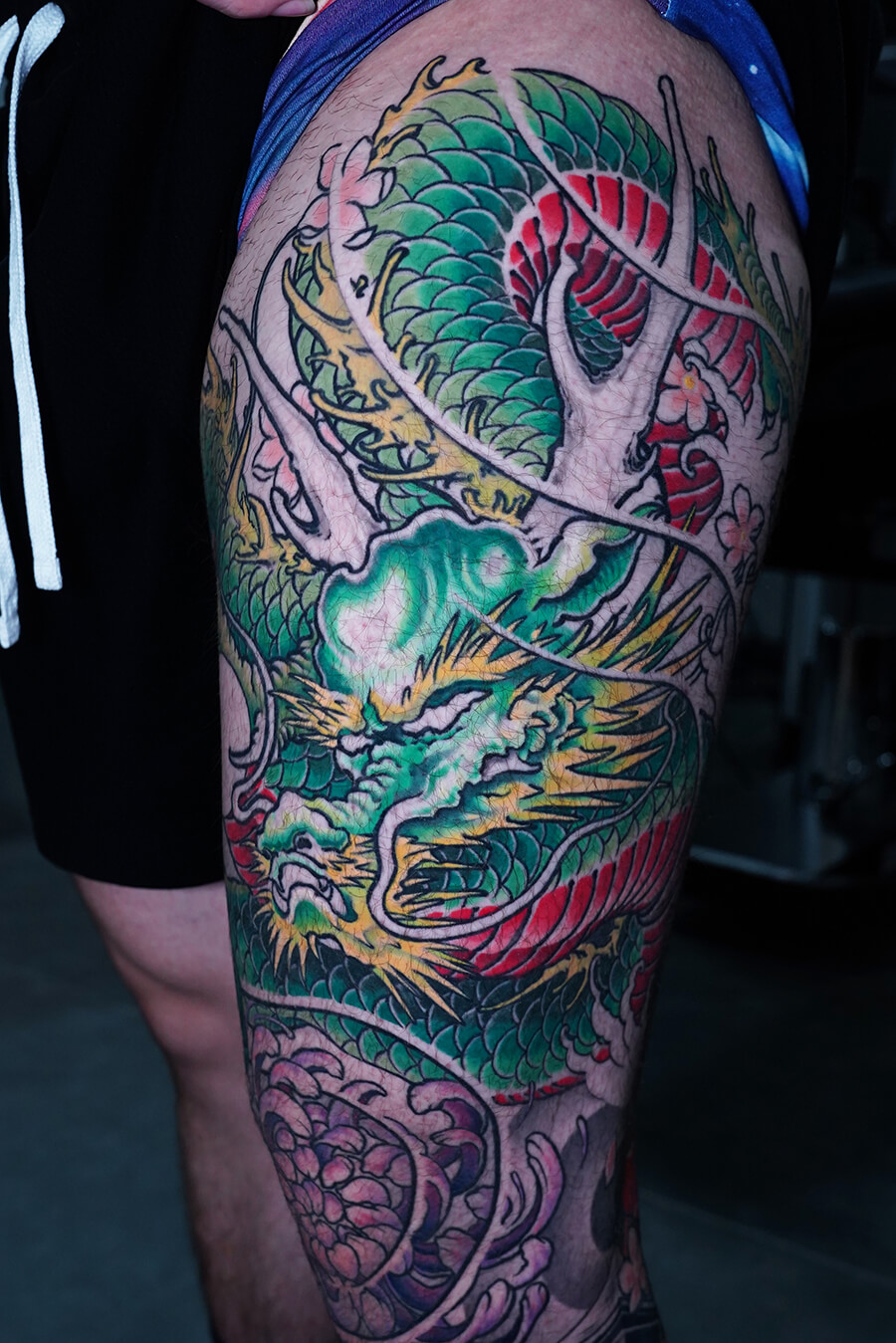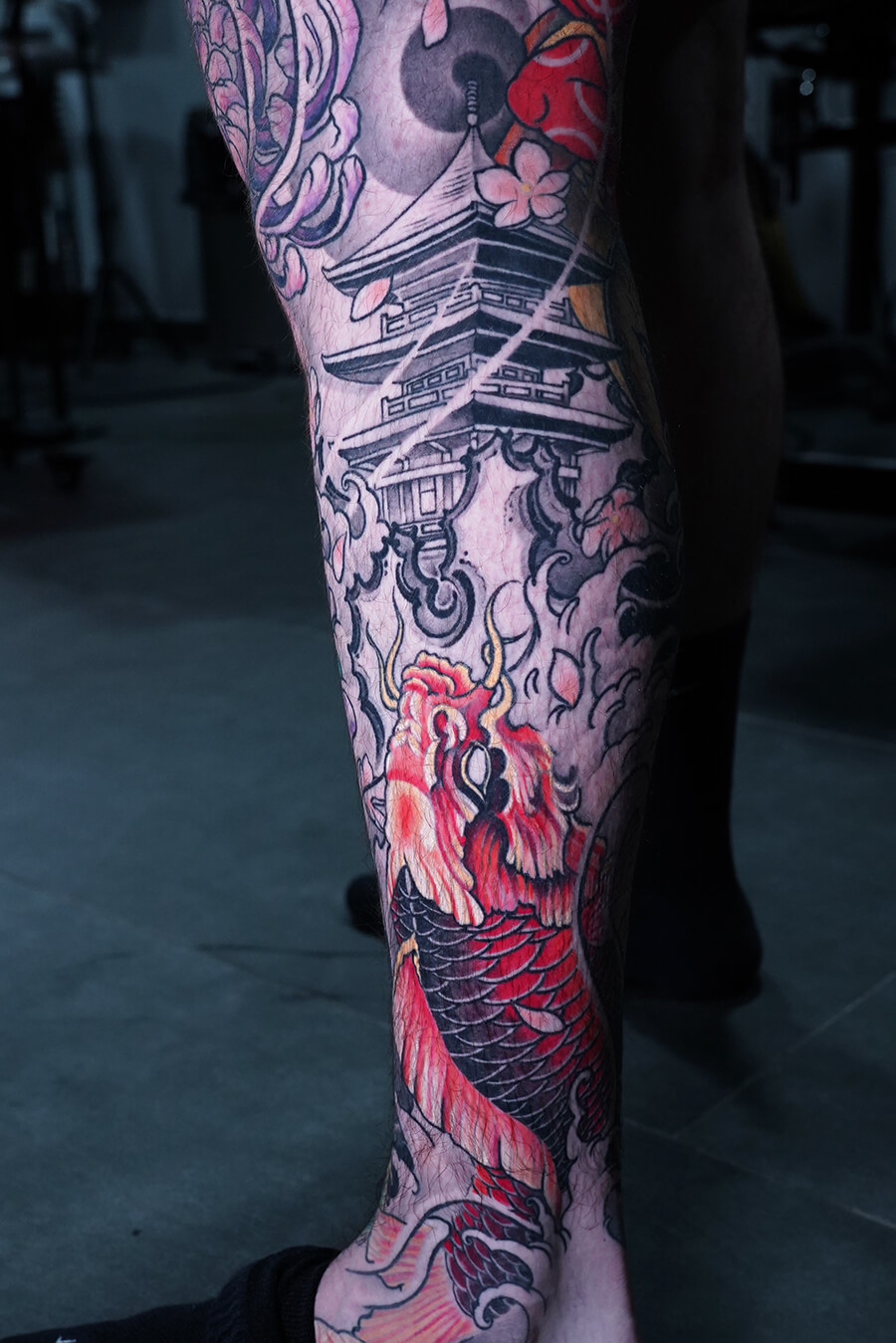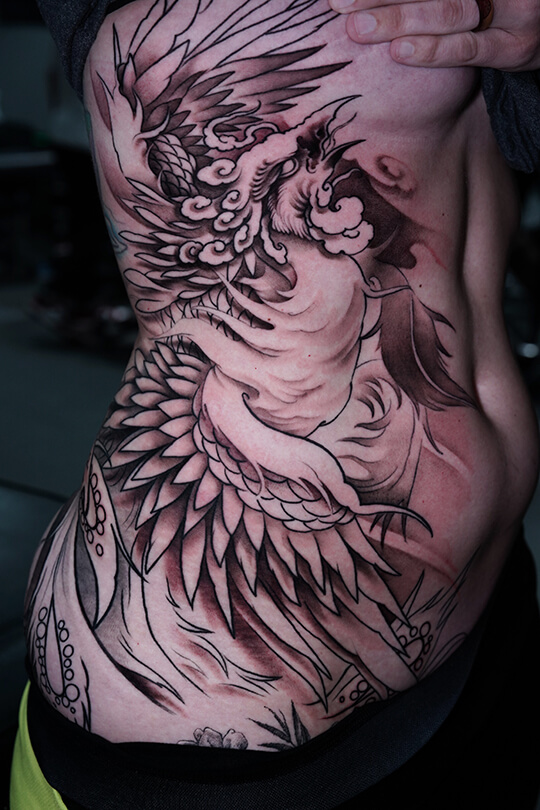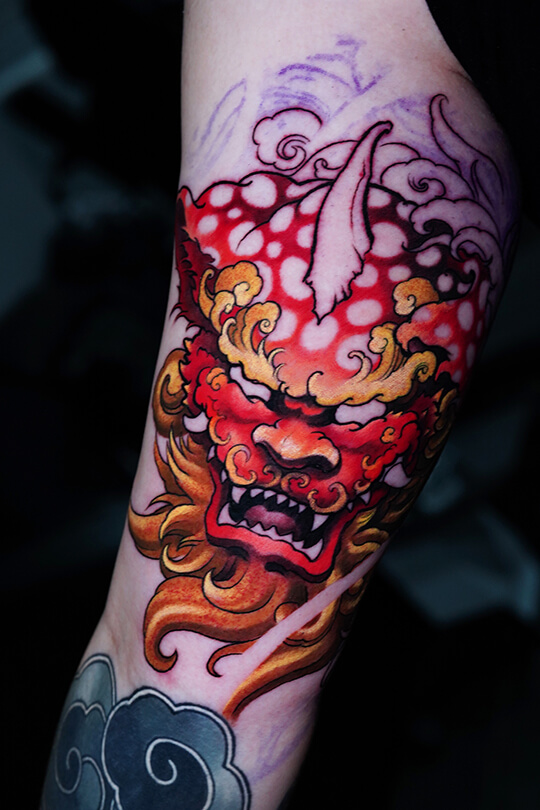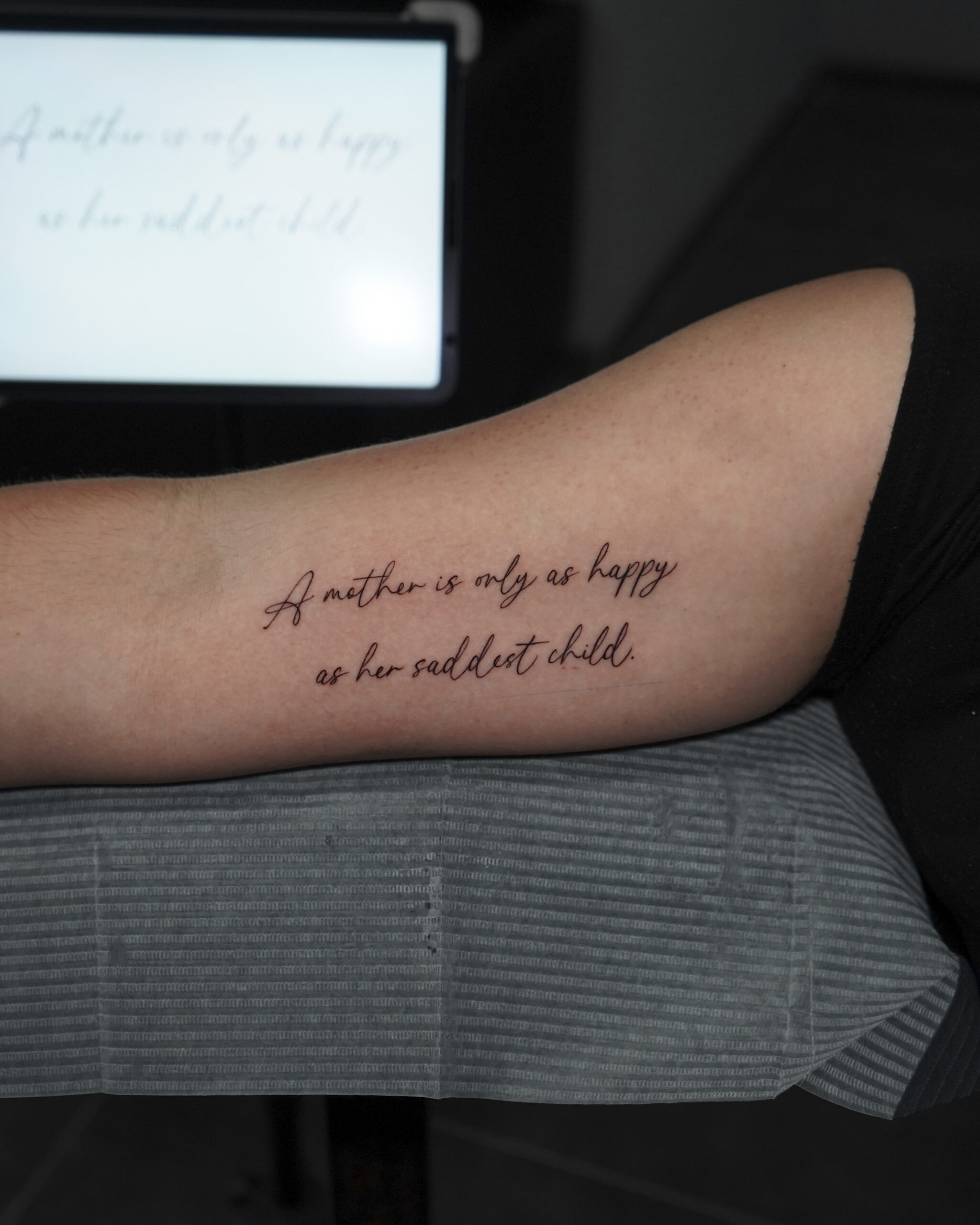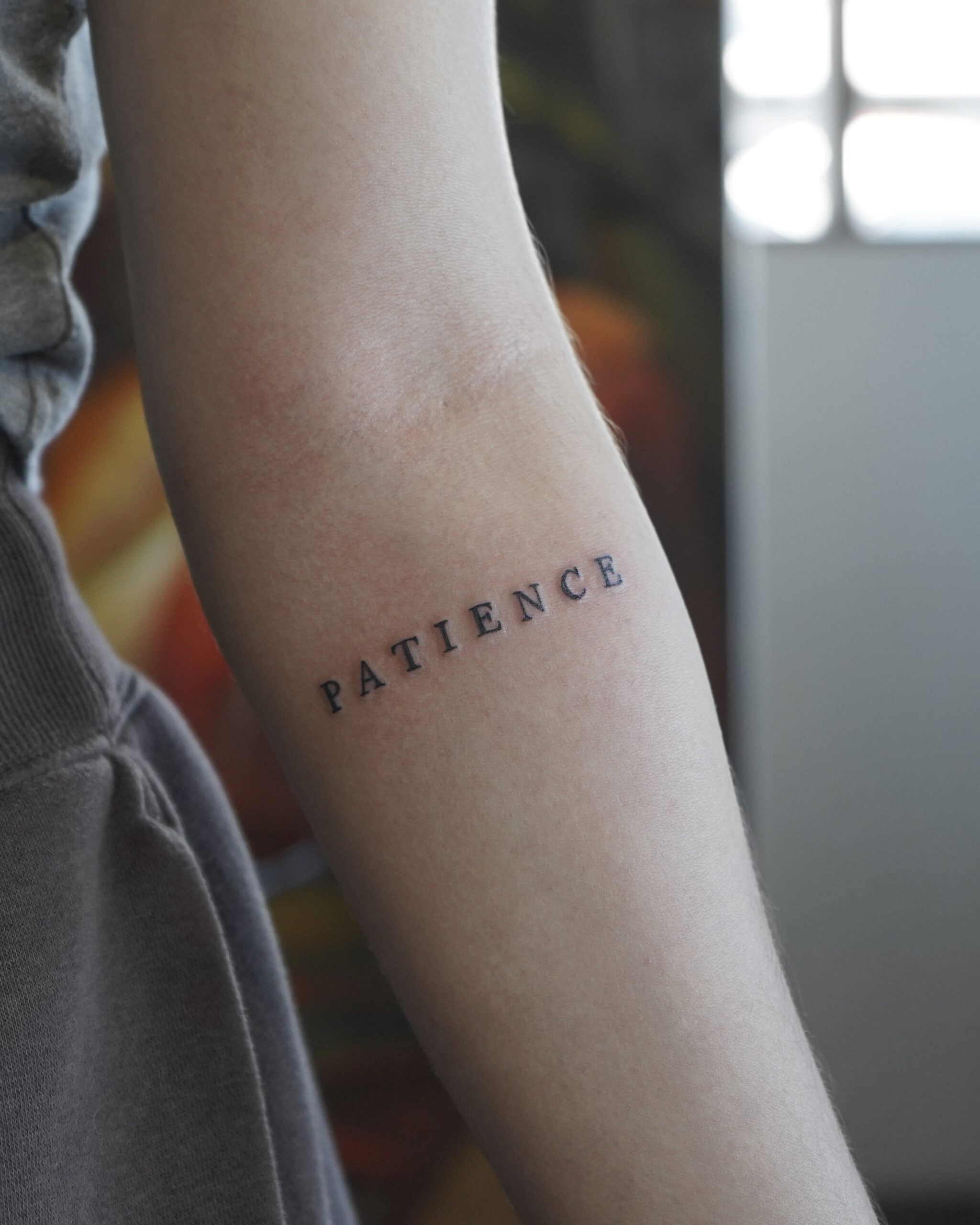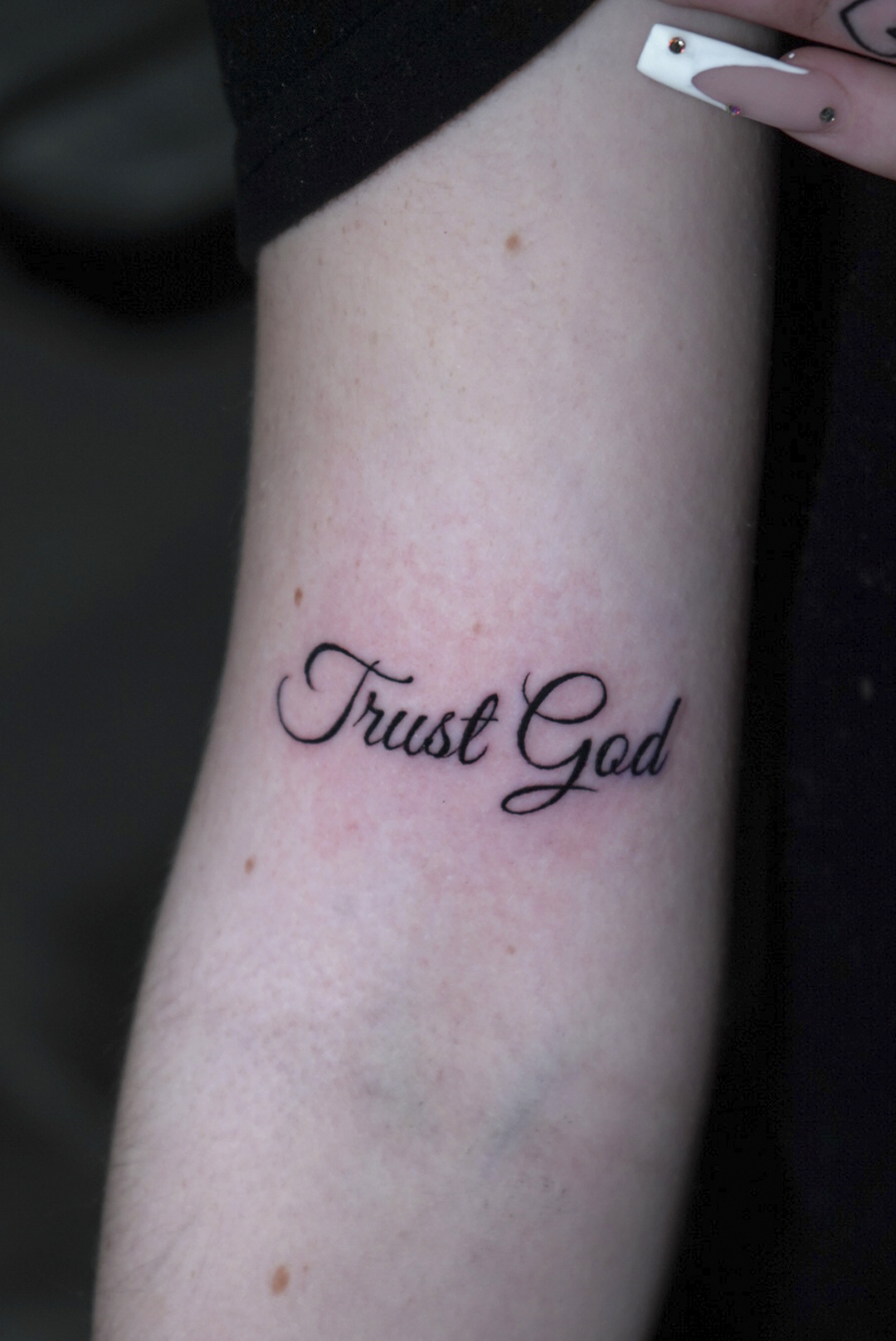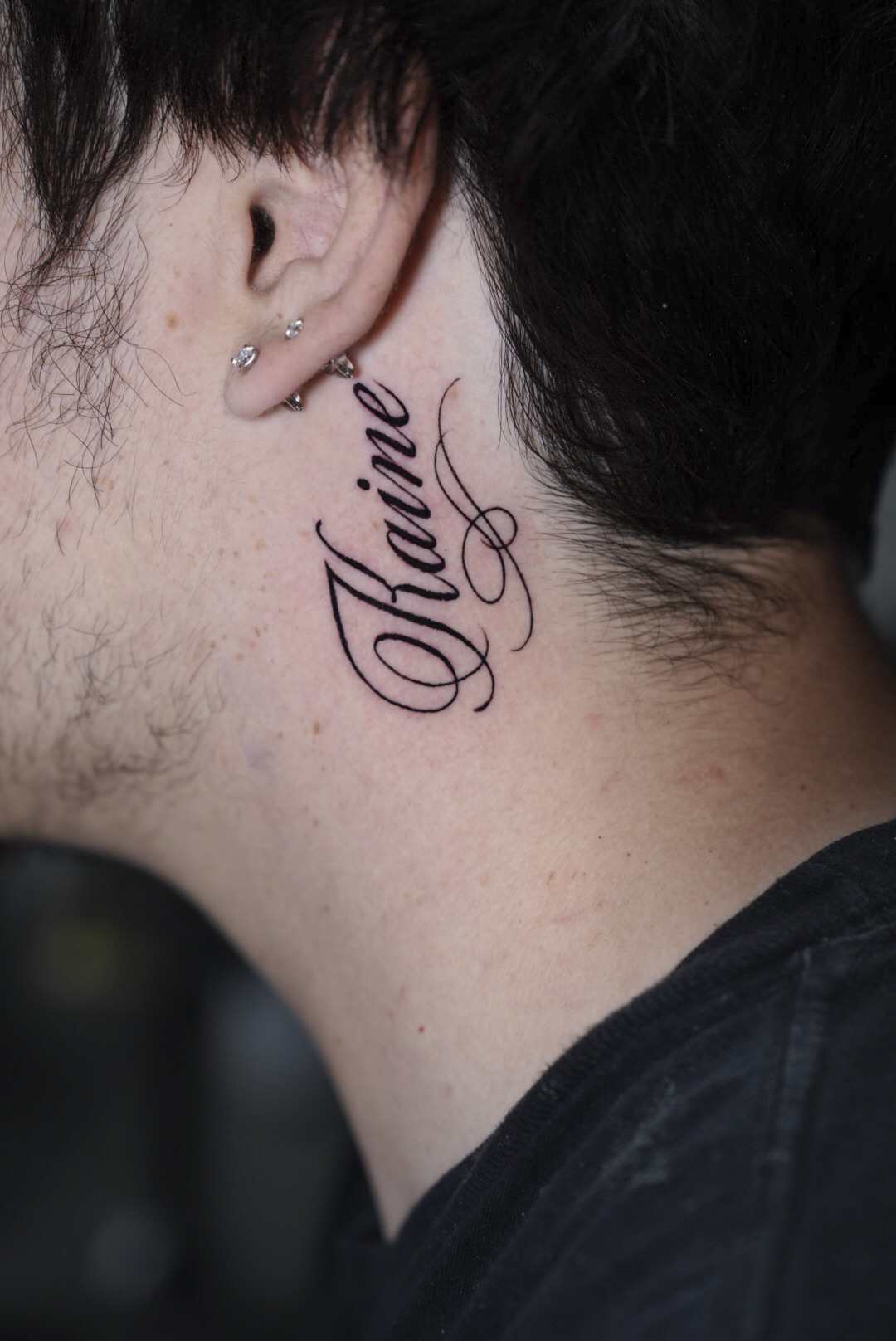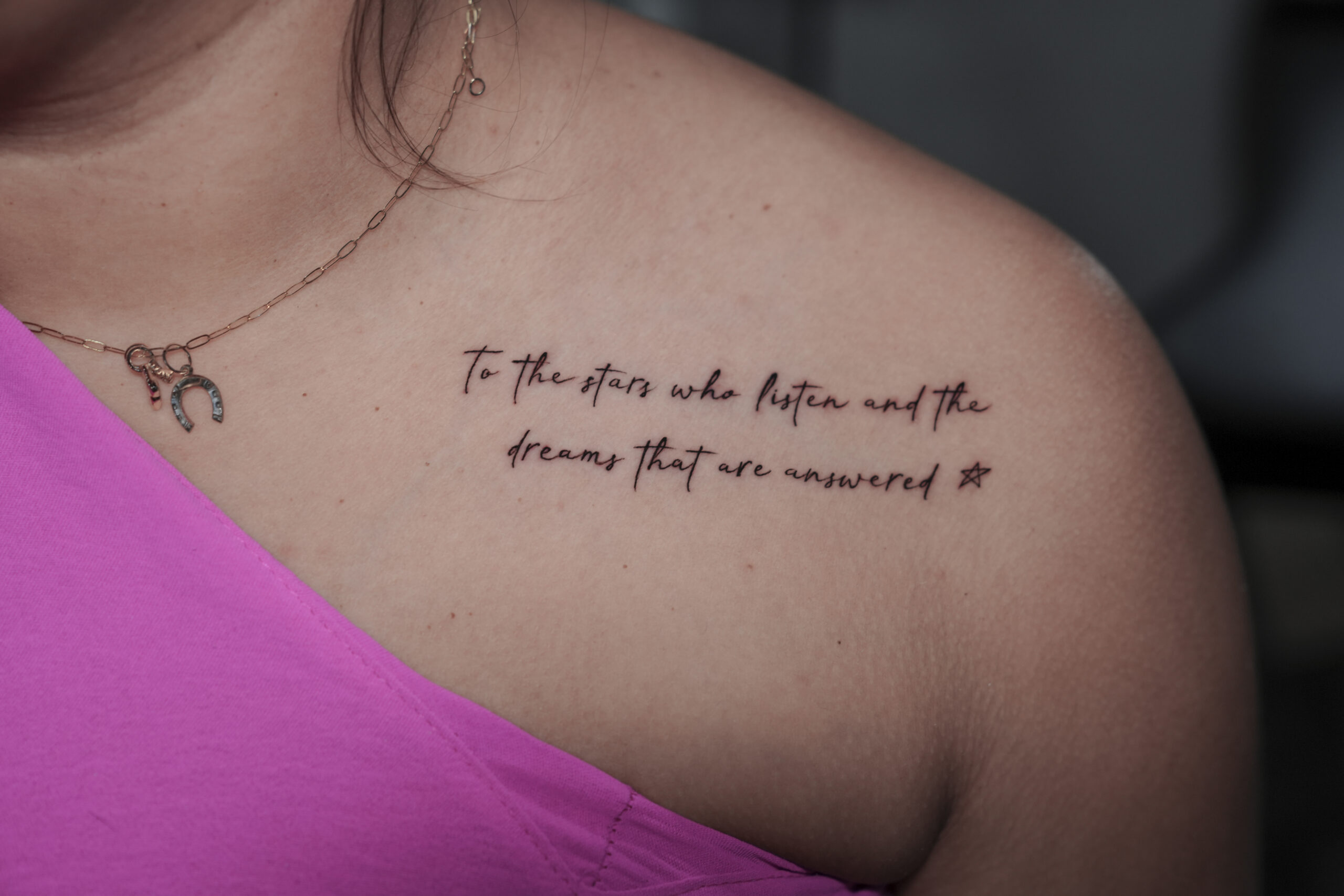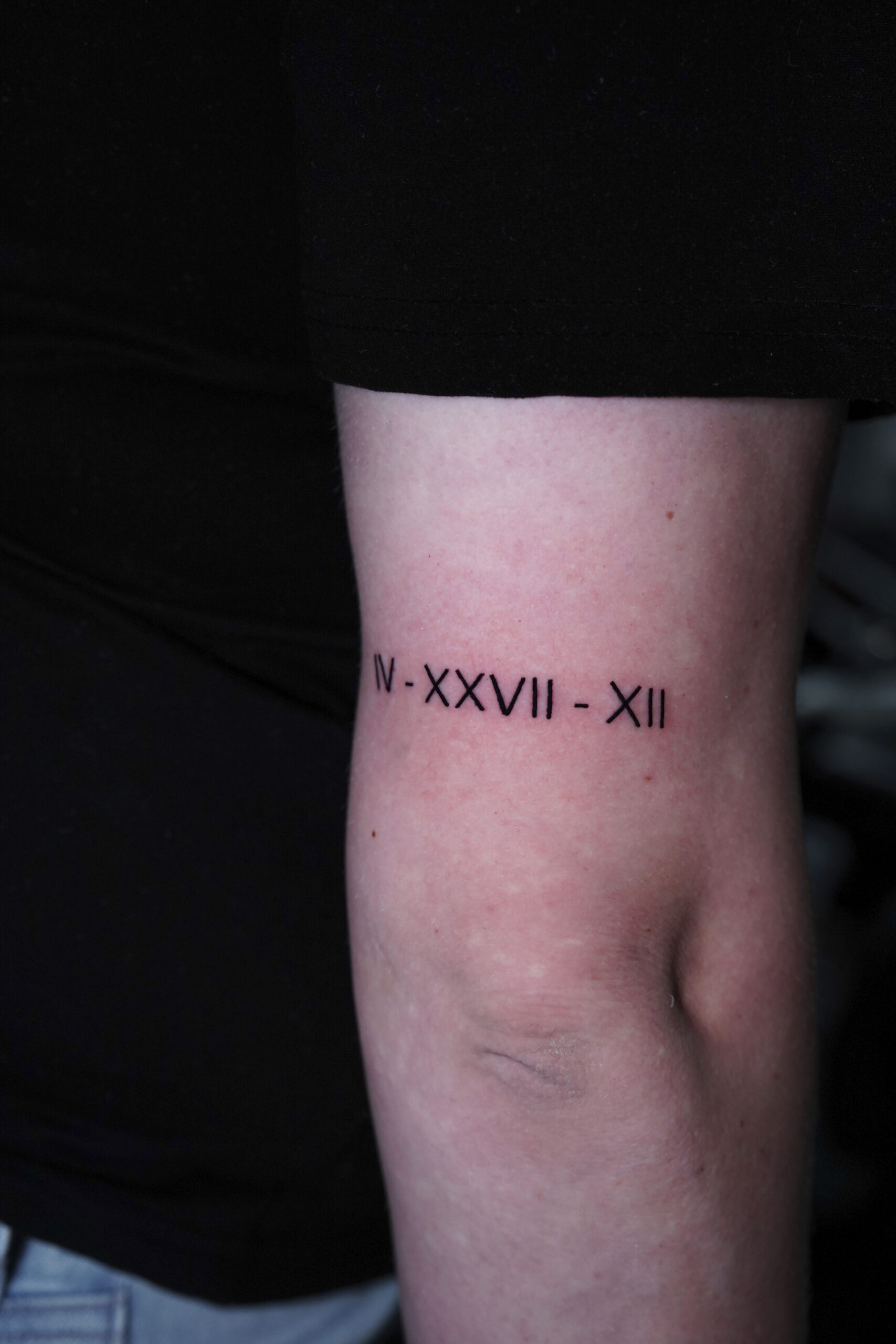Getting permanent body art creates an open wound that demands specific healing conditions. The aftercare period following your tattoo session directly impacts both your physical wellness and the tattoo’s longevity. Medical professionals and experienced tattoo artists recommend avoiding alcohol consumption for a minimum of 48-72 hours post-procedure, as ethanol compounds thin your blood and interfere with natural healing mechanisms.
The choice to consume alcoholic beverages after receiving ink carries risks such as prolonged bleeding at the tattoo site, compromised tissue regeneration, elevated infection susceptibility, and potential degradation of the tattoo’s visual clarity. Alcohol functions as both a vasodilator and anticoagulant in the human body, which can physically displace ink particles before they stabilize within the dermis, resulting in suboptimal pigment retention.
Throughout this comprehensive guide, we’ll examine alcohol’s physiological effects on the tattoo healing process, identify optimal nutritional strategies for recovery, and address frequent inquiries regarding alcohol consumption surrounding the tattooing procedure. Let’s explore everything you need to know about preserving your new ink while enjoying life responsibly.
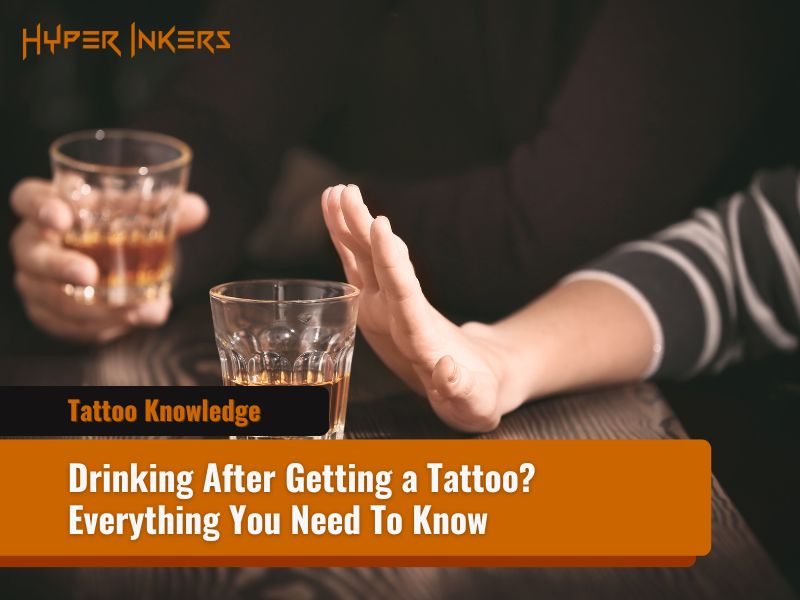
Can I Drink Alcohol After Getting a Tattoo?
No, you should not drink alcohol for at least 48 hours after getting a tattoo. This initial period is critical for your body to begin the healing process. A new tattoo is essentially an open wound, and like any wound, it requires optimal conditions to heal properly. Introducing alcohol into your system during this crucial time can interfere with your body’s natural recovery mechanisms and disrupt the process by thinning your blood (delaying coagulation) and impairing your immune response.
Allowing your skin this initial 48-hour alcohol-free window gives the wound a chance to begin sealing, for bleeding to cease completely, and for the initial stages of inflammation (a natural part of the healing process) to proceed without complications, reducing the risk of delayed healing or infection.
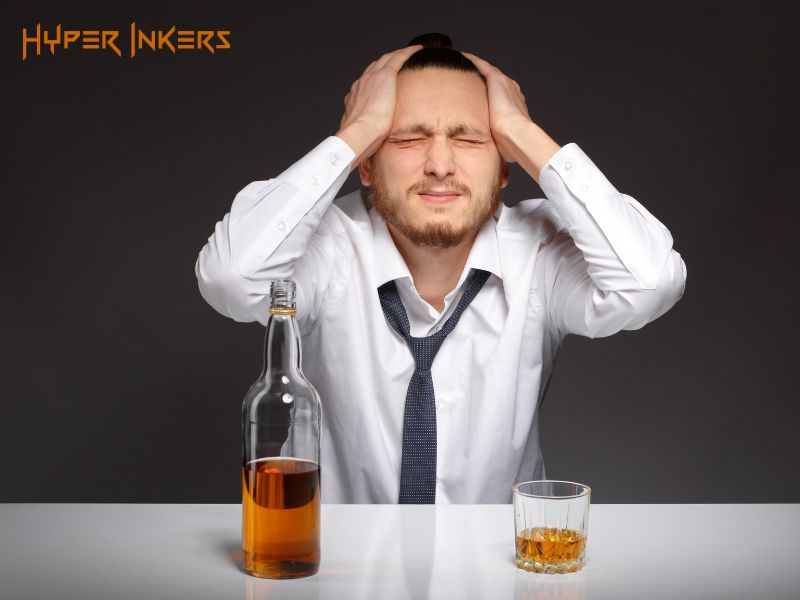
The Risks of Drinking Alcohol After Getting a Tattoo
Consuming alcohol after getting a tattoo isn’t merely a minor oversight; it introduces significant risks that can jeopardize both the healing trajectory and the final aesthetic quality of your artwork. Understanding these detailed risks is crucial:
- Increased Bleeding and Oozing: Alcohol is a known vasodilator and anticoagulant, meaning it widens blood vessels and diminishes the blood’s ability to clot effectively. If you drink shortly after your session, this blood-thinning effect can lead to prolonged or excessive oozing and bleeding from the tattooed area. This not only complicates initial aftercare but can also physically displace ink pigment before it properly settles into the dermis.
- Impaired Healing Process & Heightened Infection Risk: Alcohol can dehydrate your body and skin, which is detrimental to wound healing as proper hydration is key for cellular regeneration and repair. Furthermore, alcohol can suppress components of your immune system, impairing your body’s ability to combat potential pathogens. This combination can lead to delayed wound closure, prolong recovery time, and significantly elevate the risk of an infection developing in your new tattoo.
- Compromised Judgment & Aftercare Neglect: Intoxication often results in impaired judgment and a diminished capacity for self-care. This can lead to inadvertently bumping or scratching the tattoo, forgetting crucial aftercare instructions (like cleaning and moisturizing), or exposing the vulnerable site to unhygienic environments, all of which can precipitate complications.
- Diminished Tattoo Quality & Vibrancy: Excessive bleeding, exacerbated by alcohol consumption, can literally push ink out of the skin before it has a chance to set properly within the dermis. This can result in a faded, patchy, or uneven tattoo once healed, diminishing color vibrancy and pigment retention, potentially necessitating premature or more extensive touch-ups.
- Systemic Stress & Overall Health Impact: Beyond the tattoo itself, consuming alcohol while your body is attempting to heal an open wound places considerable additional strain on your system. It diverts metabolic resources that would otherwise be allocated to tissue repair and immune defense, potentially compromising your overall recovery and well-being.”
This initial 48-hour period (or ideally longer, if advised by your artist) is very important. It allows your body to effectively staunch any residual bleeding, commence the process of wound closure, and initiate the vital inflammatory response – a fundamental stage of tissue repair. Abstaining from alcohol during this critical timeframe provides your new tattoo with the optimal conditions for an unimpeded start. This, in turn, fosters a smoother, more efficient healing journey and significantly contributes to the vibrancy and longevity of your new artwork
Avoiding alcohol is a crucial aftercare rule. For the complete strategy to ensure your new ink heals perfectly, our comprehensive tattoo aftercare guide covers every step you need to know.

What to Eat and Drink to Support the Wound Healing Process After Tattooing?
Proper nutrition and hydration are pivotal in determining how efficiently and effectively your new tattoo heals. Fueling your body with the right nutrients can significantly support tissue regeneration, bolster your immune system, and promote accelerated healing.
Here are key foods and beverages beneficial for the post-tattoo recovery phase:
- Water: Maintaining optimal hydration is key. Water is essential for skin suppleness, efficient nutrient transport to the healing site, and flushing out metabolic byproducts, all critical for an effective healing process.
- Protein-Rich Foods (e.g., lean meats, fish, eggs, legumes, tofu): Protein supplies the essential amino acids – the fundamental building blocks required for robust tissue repair and new cell growth.
- Vitamin C-Rich Foods (e.g., citrus fruits, berries, bell peppers, broccoli, tomatoes): Vitamin C is indispensable for collagen synthesis, a protein vital for skin structure, strength, and wound healing. Its potent antioxidant properties also help combat oxidative stress.
- Zinc-Rich Foods (e.g., oysters, lean red meat, poultry, nuts, seeds, dairy): Zinc plays a crucial role in supporting immune function and maintaining skin integrity. It is actively involved in enzyme reactions necessary for cell proliferation and repair.
- Leafy Green Vegetables (e.g., spinach, kale, Swiss chard): These are nutritional powerhouses, packed with vitamins (including Vitamin K, important for blood coagulation), minerals, and antioxidants that help modulate inflammation and protect cells.
- Foods Rich in Omega-3 Fatty Acids (e.g., fatty fish like salmon and mackerel, flaxseeds, chia seeds, walnuts): Omega-3s possess significant anti-inflammatory properties, which can help manage the natural inflammatory response post-tattooing and contribute to overall skin health and resilience.
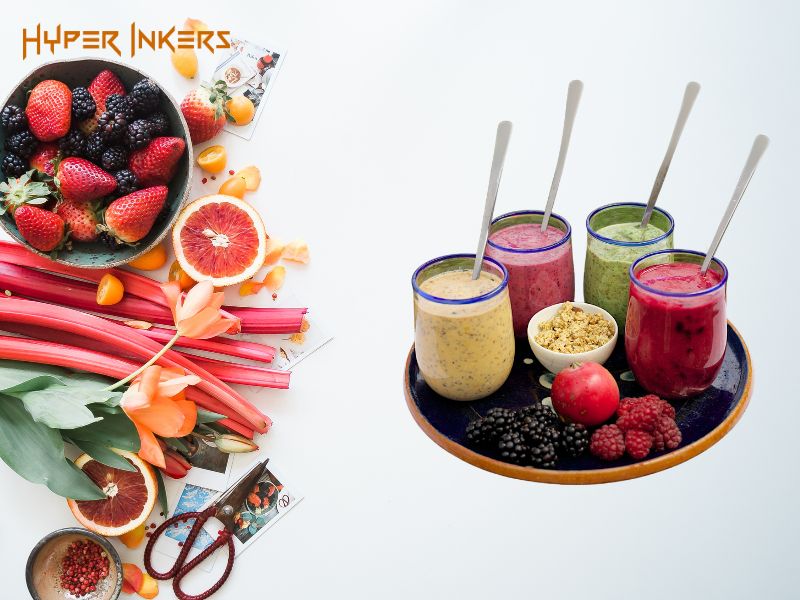
Now that you understand this crucial rule, learn the others. Our complete guide on what to avoid after getting a tattoo provides the full checklist to protect your new ink.
FAQ
Can I Drink Alcohol Before Getting a Tattoo?
No, it’s highly advisable not to drink alcohol before getting a tattoo. Similar to drinking afterward, alcohol thins your blood. This can lead to excessive bleeding during the tattooing process itself, making it more difficult for the artist to work accurately and potentially diluting the ink, which can affect the tattoo’s final appearance.
Learn more: What not to do before a tattoo?
Can You Get a Tattoo While Drunk?
No. Reputable tattoo artists will refuse to tattoo someone who is intoxicated. Alcohol impairs judgment and increases risks; plus, you cannot legally consent to the procedure if you are under the influence.
How Does Alcohol Affect Your Blood?
Alcohol acts as an anticoagulant, meaning it thins your blood by interfering with the blood clotting process. It also causes vasodilation, which is the widening of blood vessels. This combination can lead to increased bleeding.
Ultimately, prioritizing the health and appearance of your new tattoo means making a small sacrifice in the short term. Avoiding alcohol for at least 48 hours after your session, and ideally before as well, allows your body the best chance to heal efficiently and for your tattoo ink to settle perfectly. Patience and proper aftercare, including mindful consumption, are key to ensuring your new artwork remains a vibrant and beautiful statement for many years to come. The guidance you receive on aftercare is just as important as the tattoo itself. That’s why selecting a reputable studio from the many tattoo shops in San Antonio is essential for a great long-term result. If in doubt, always follow the specific aftercare instructions provided by your tattoo artist.


